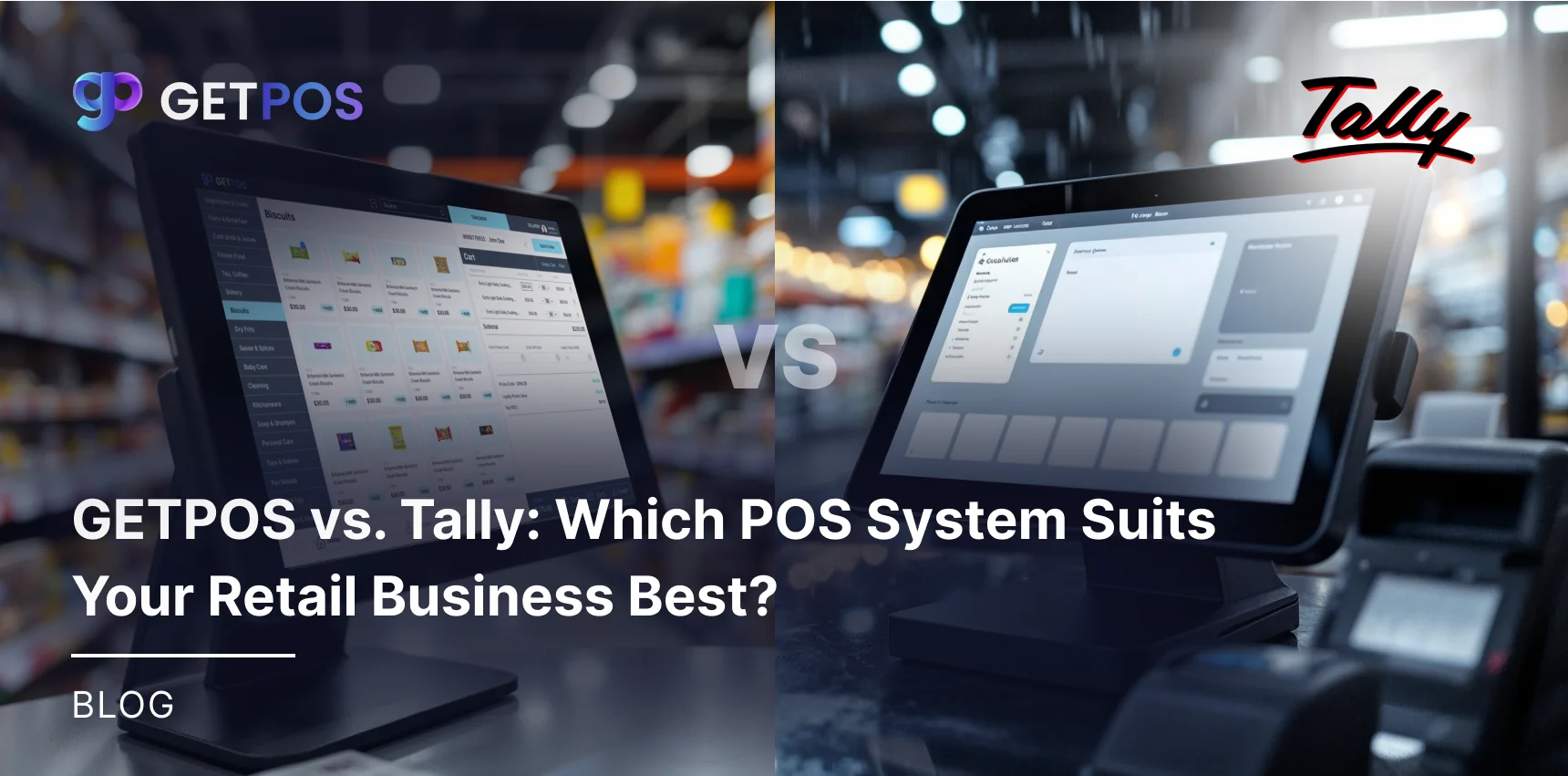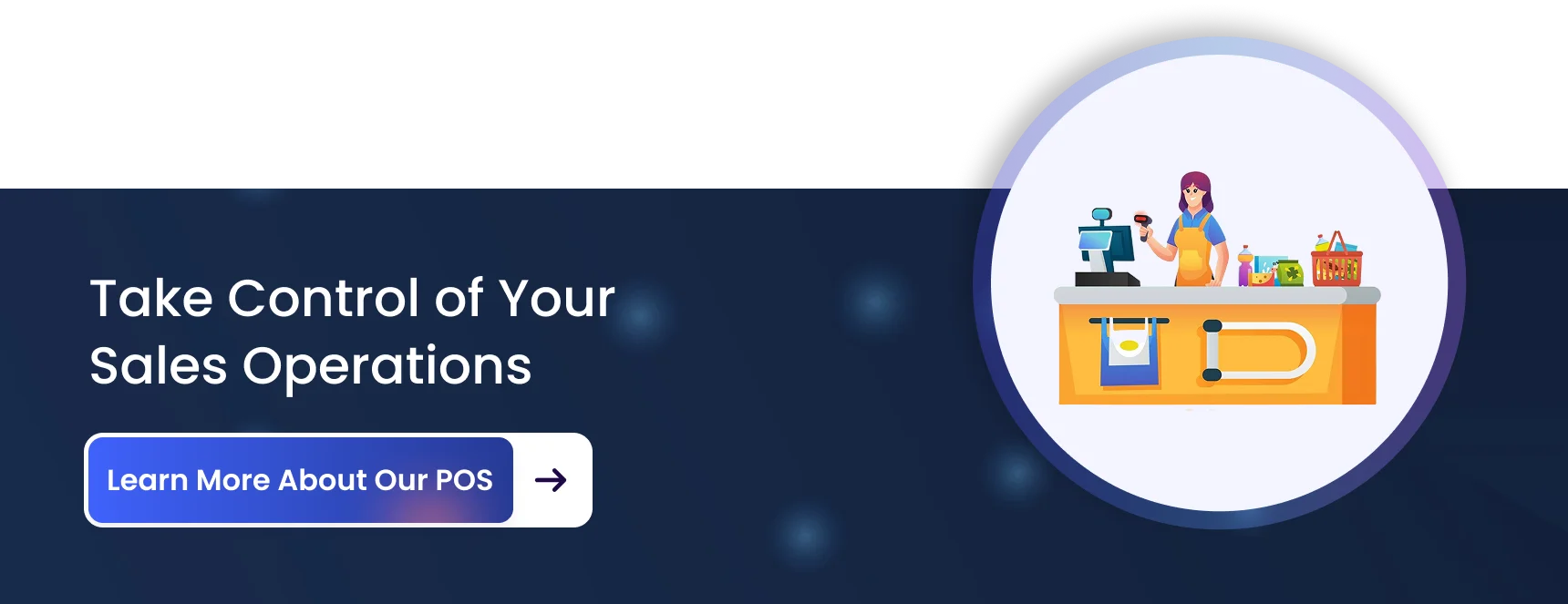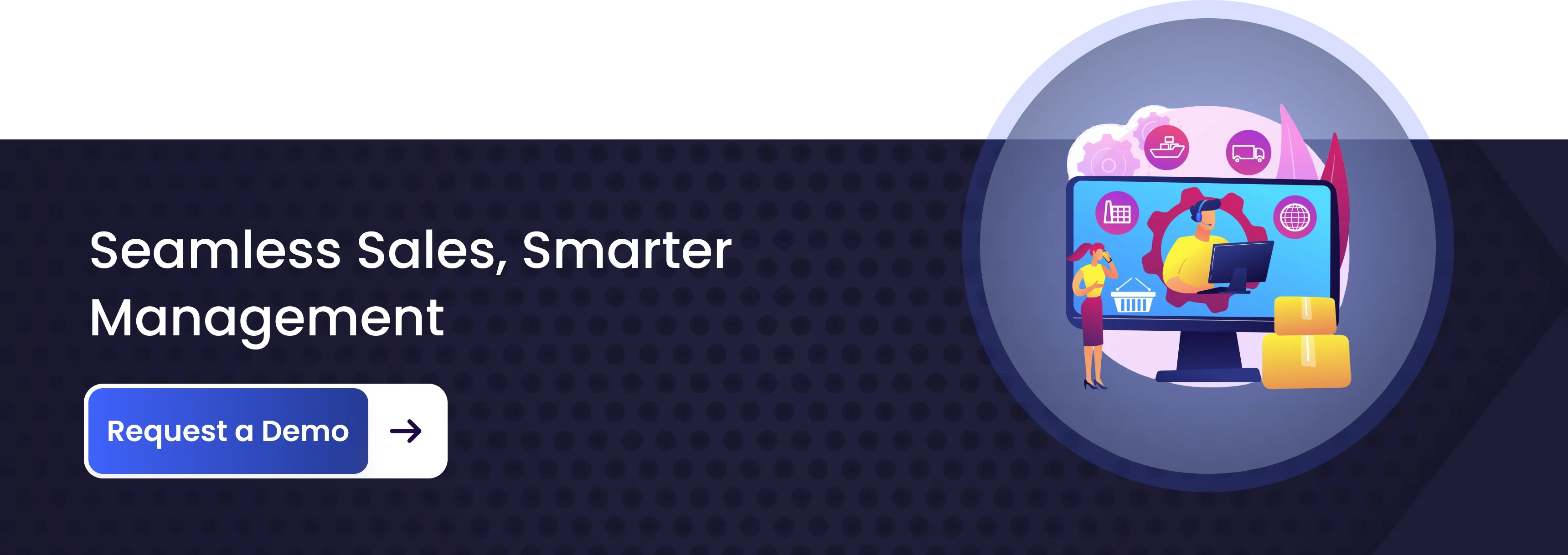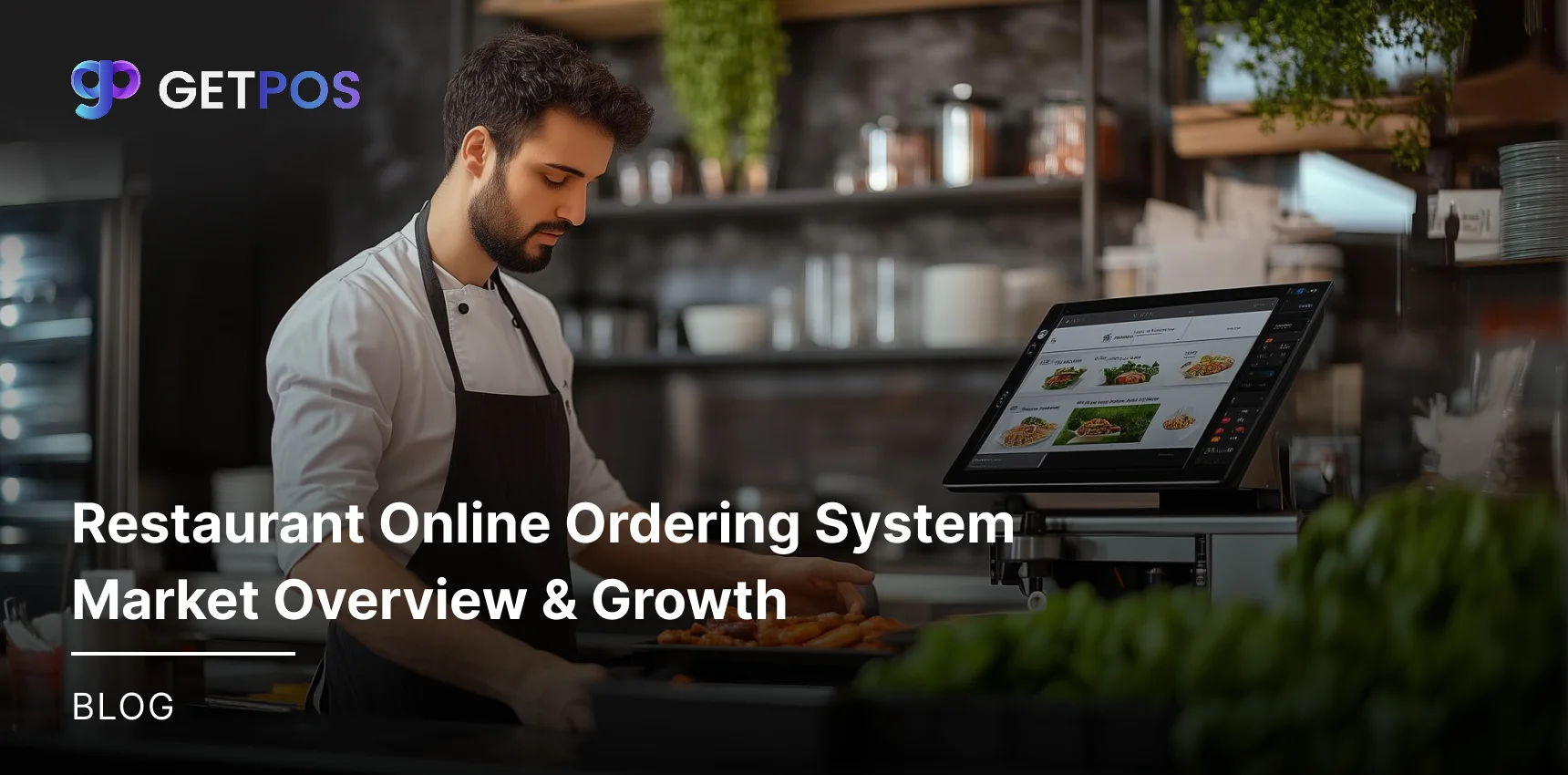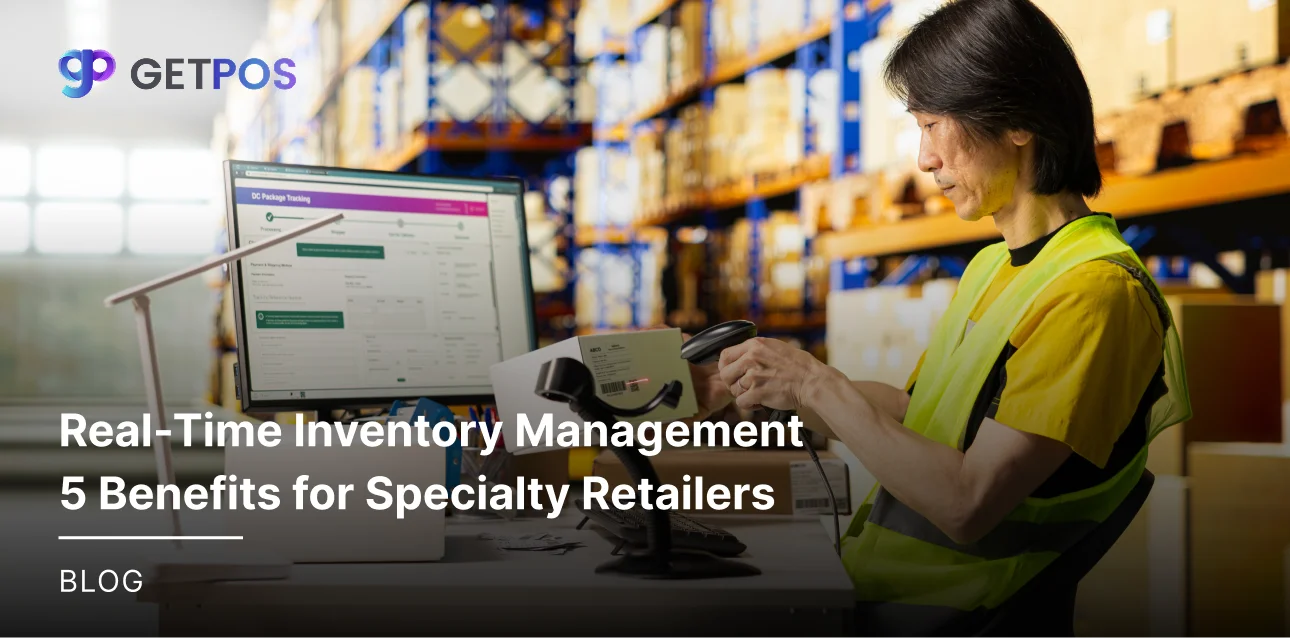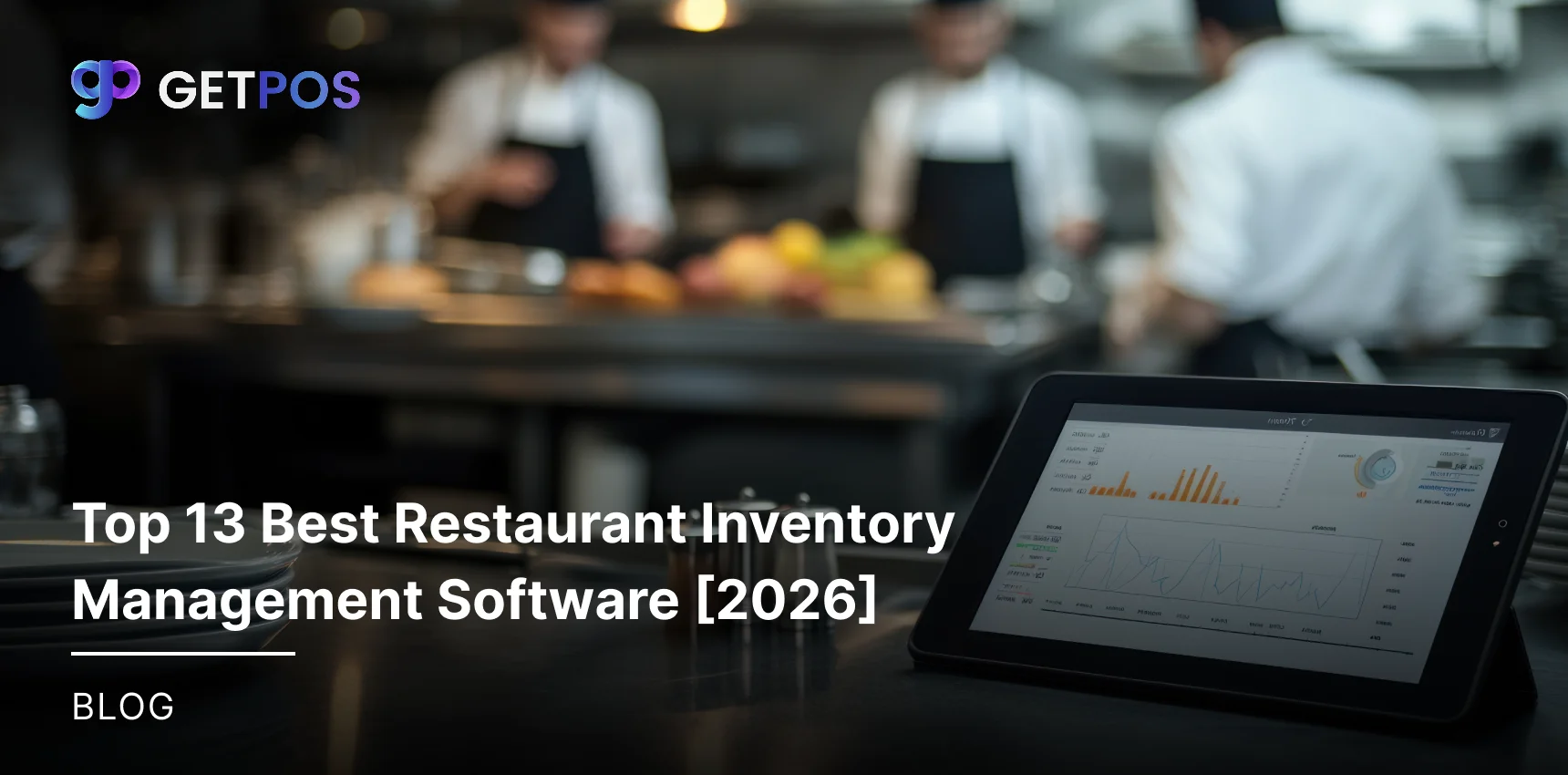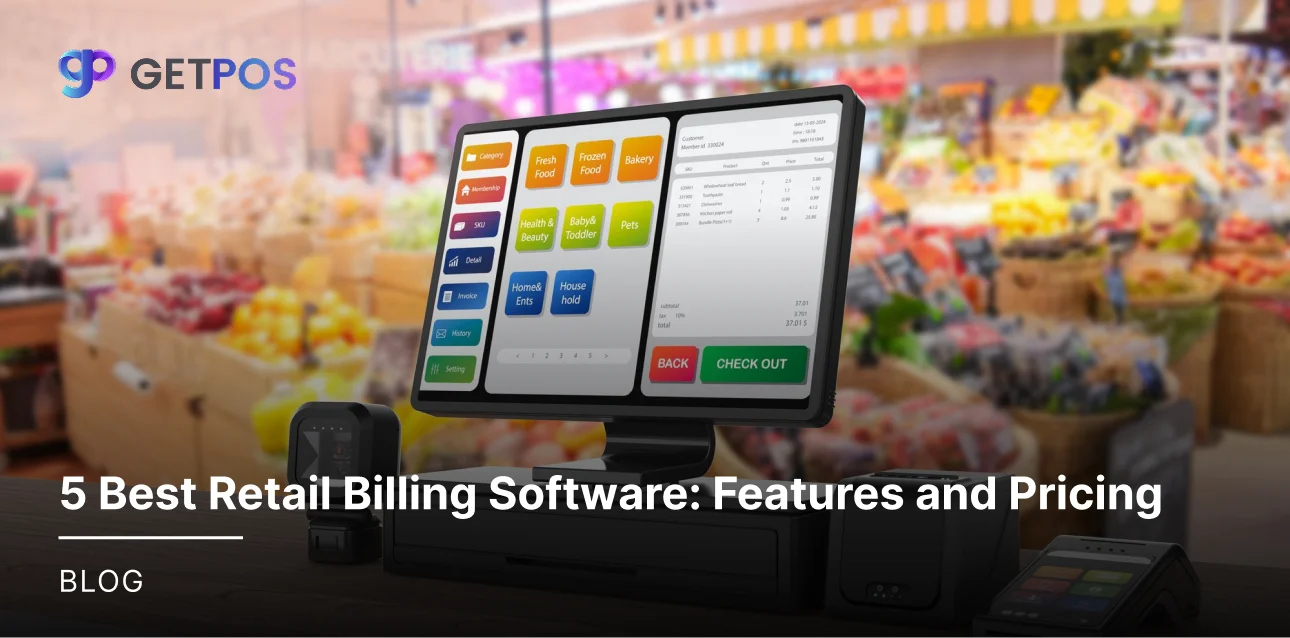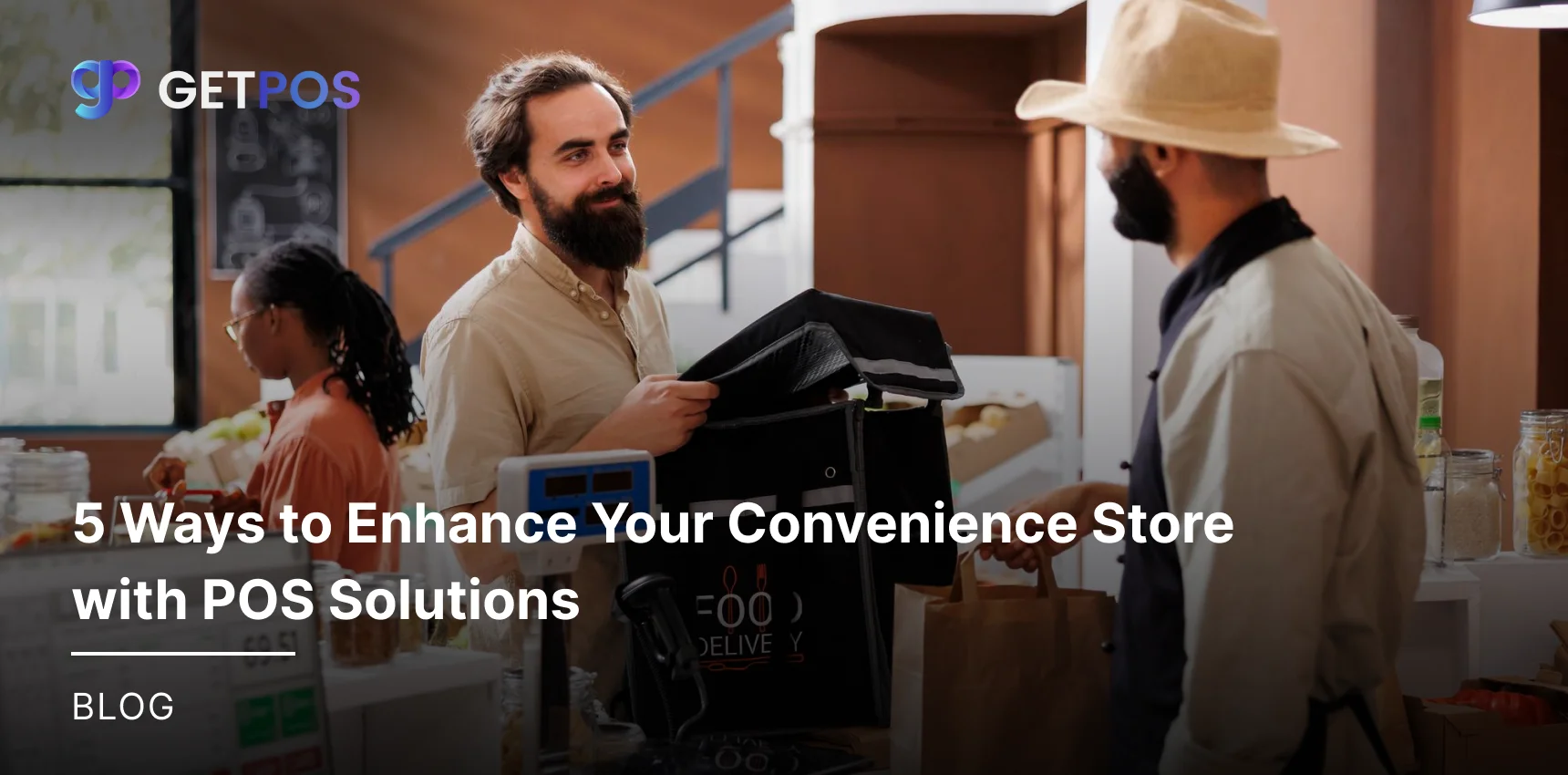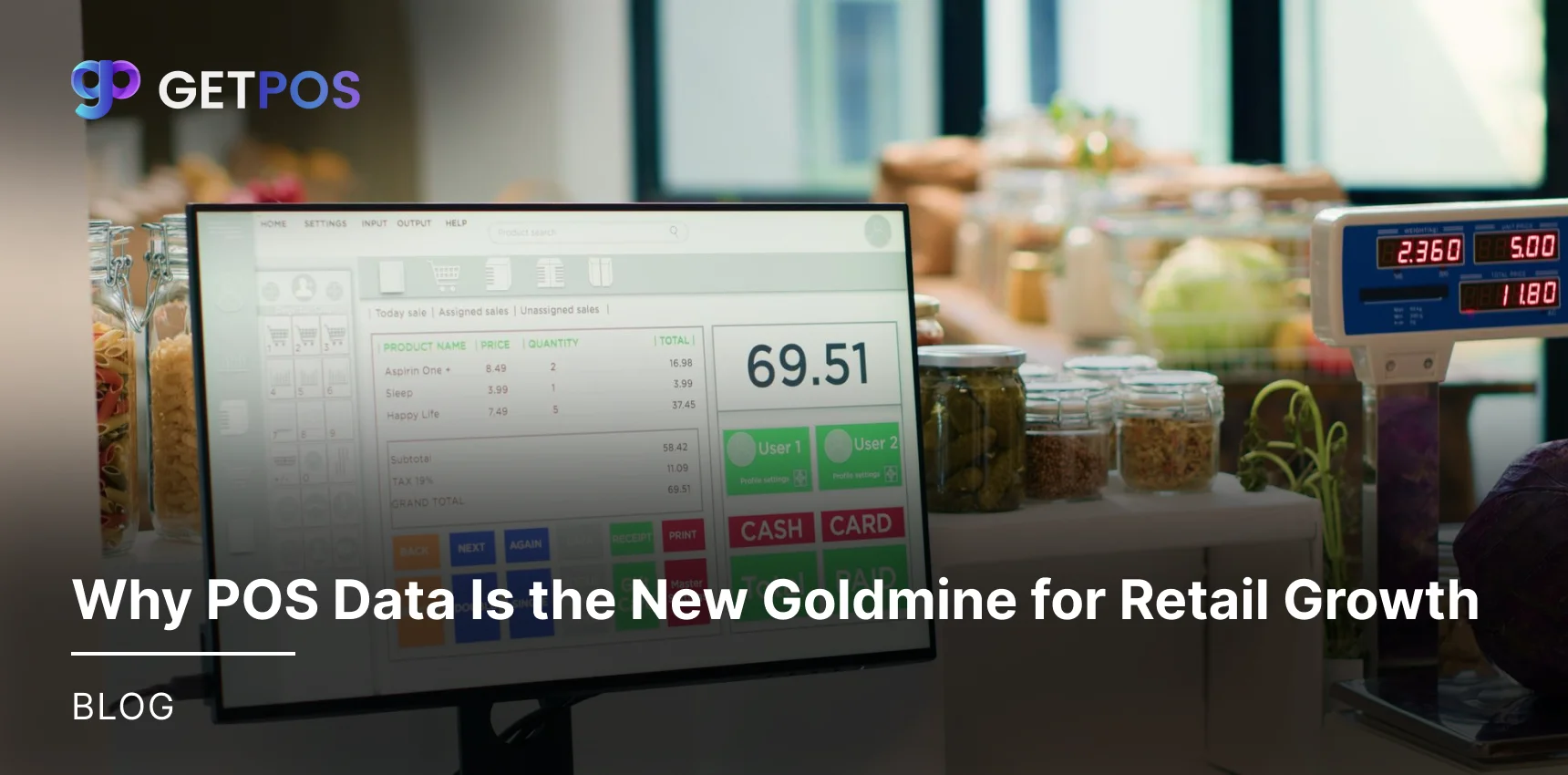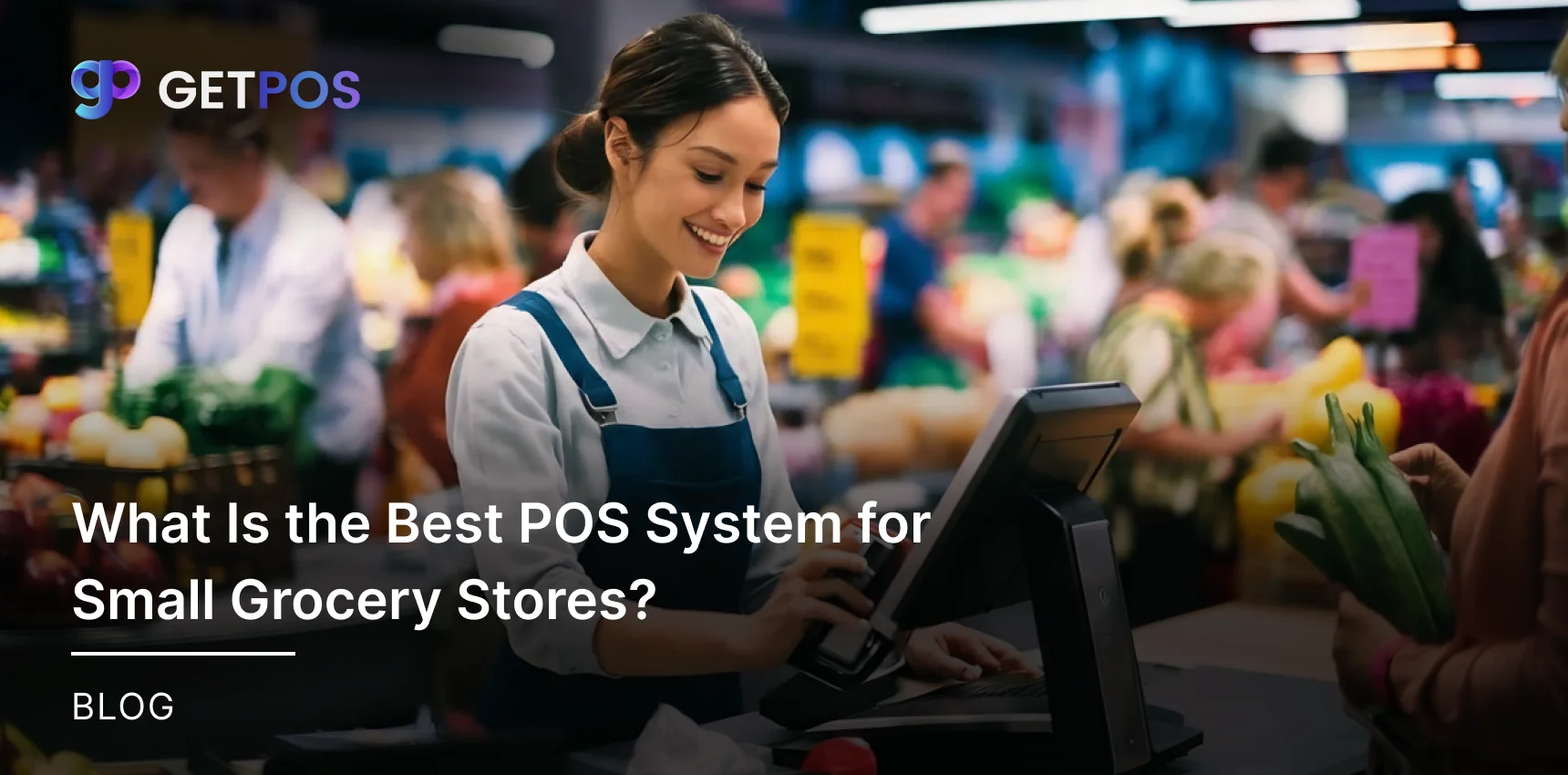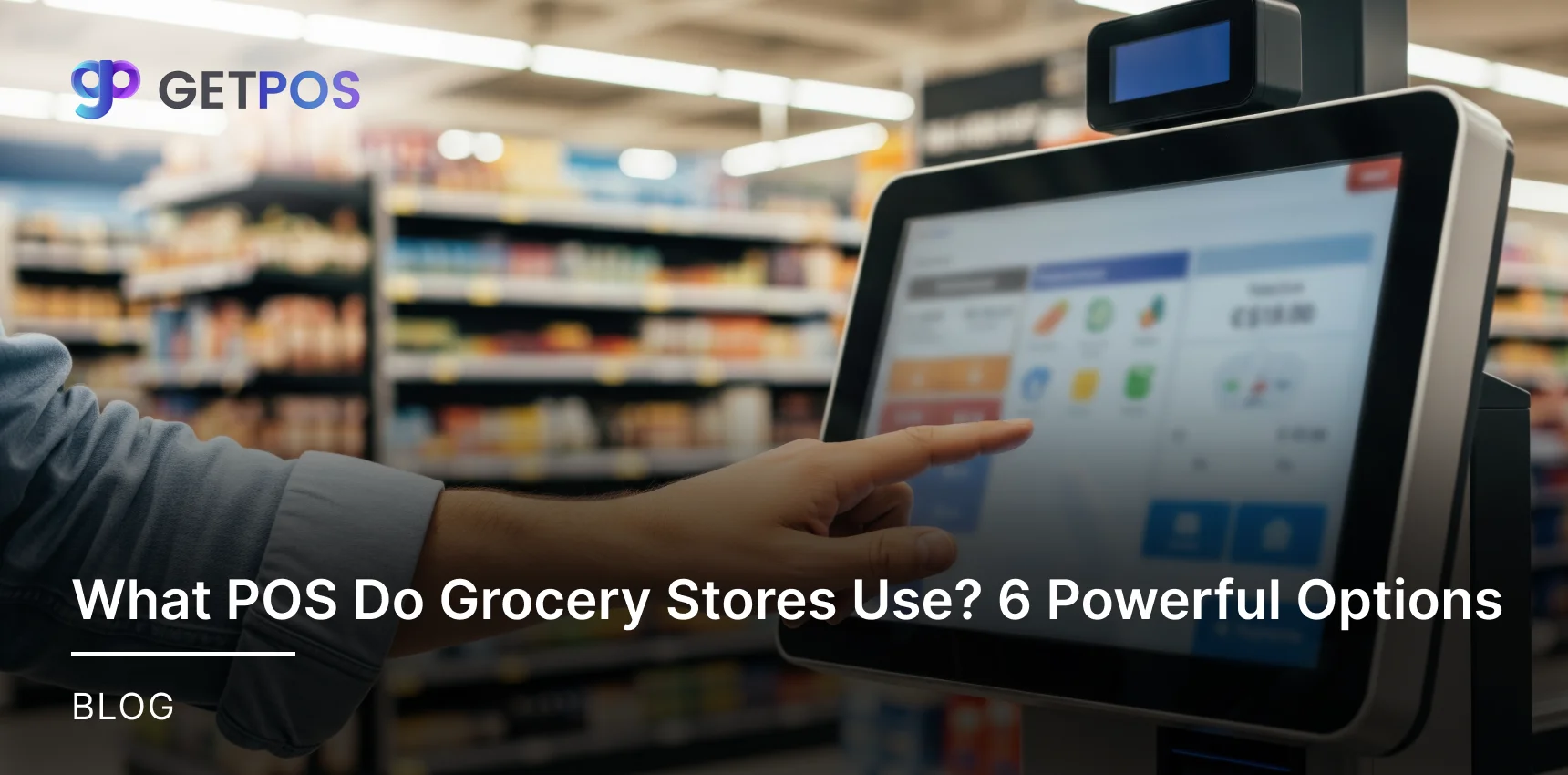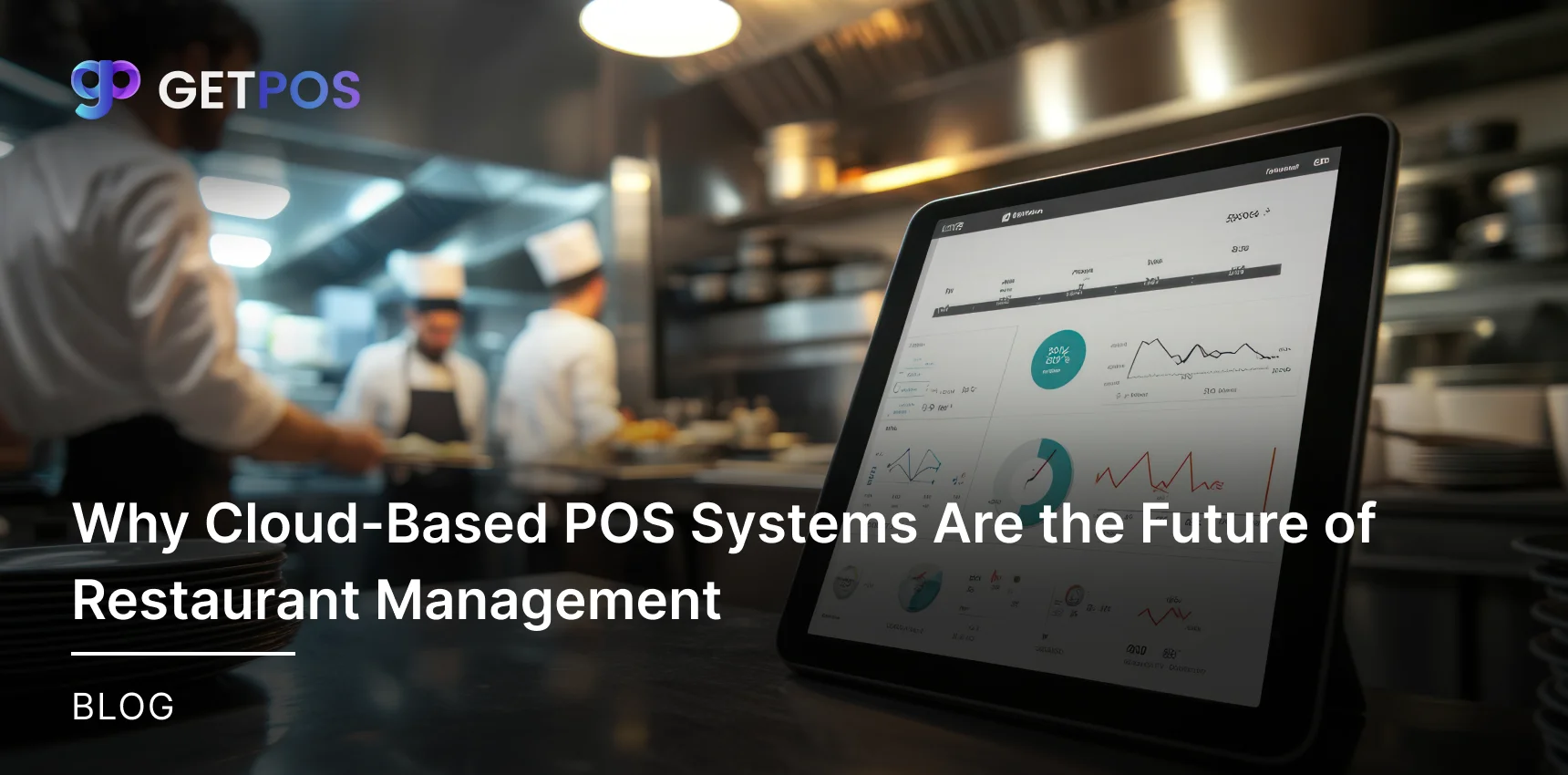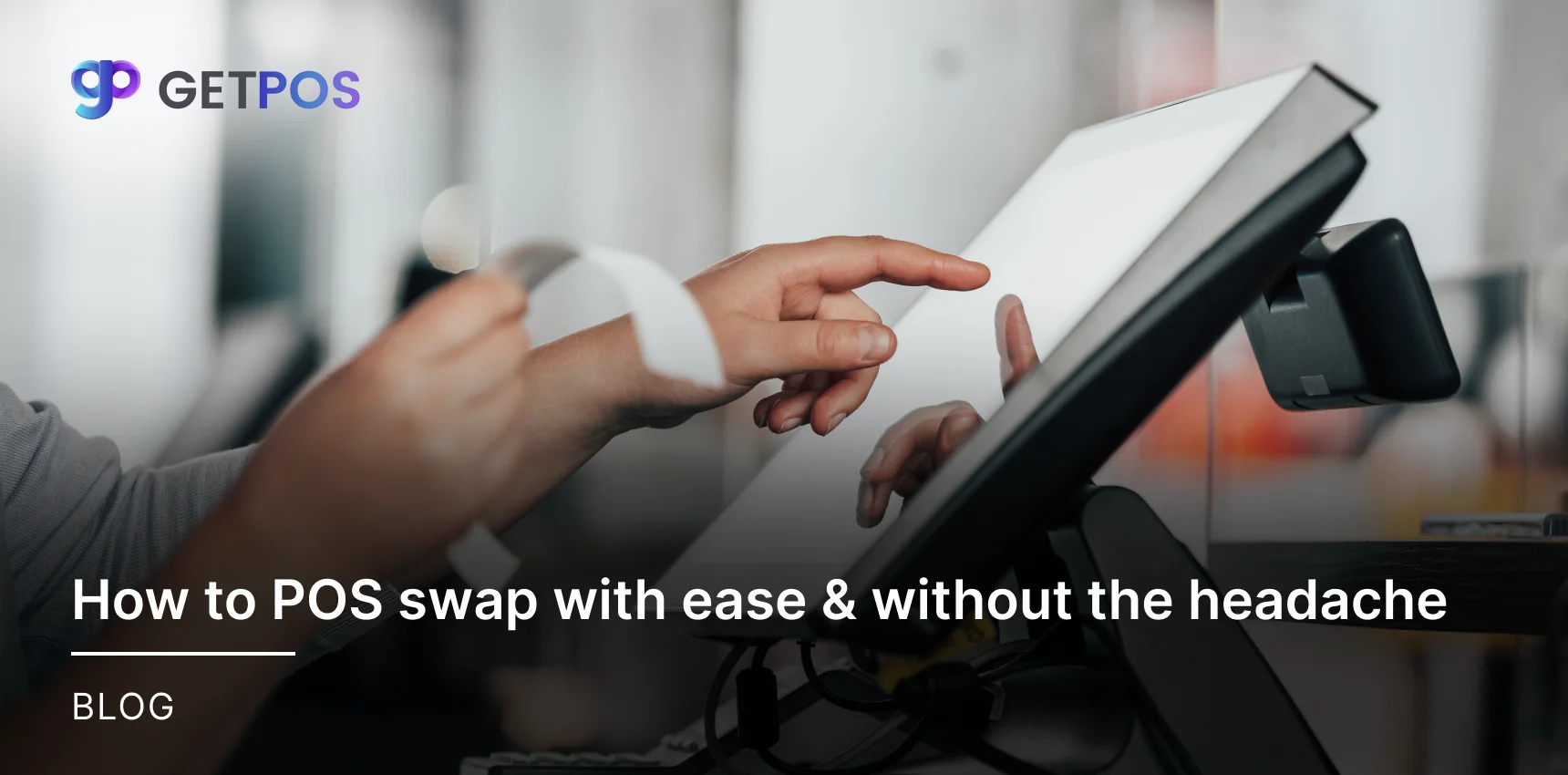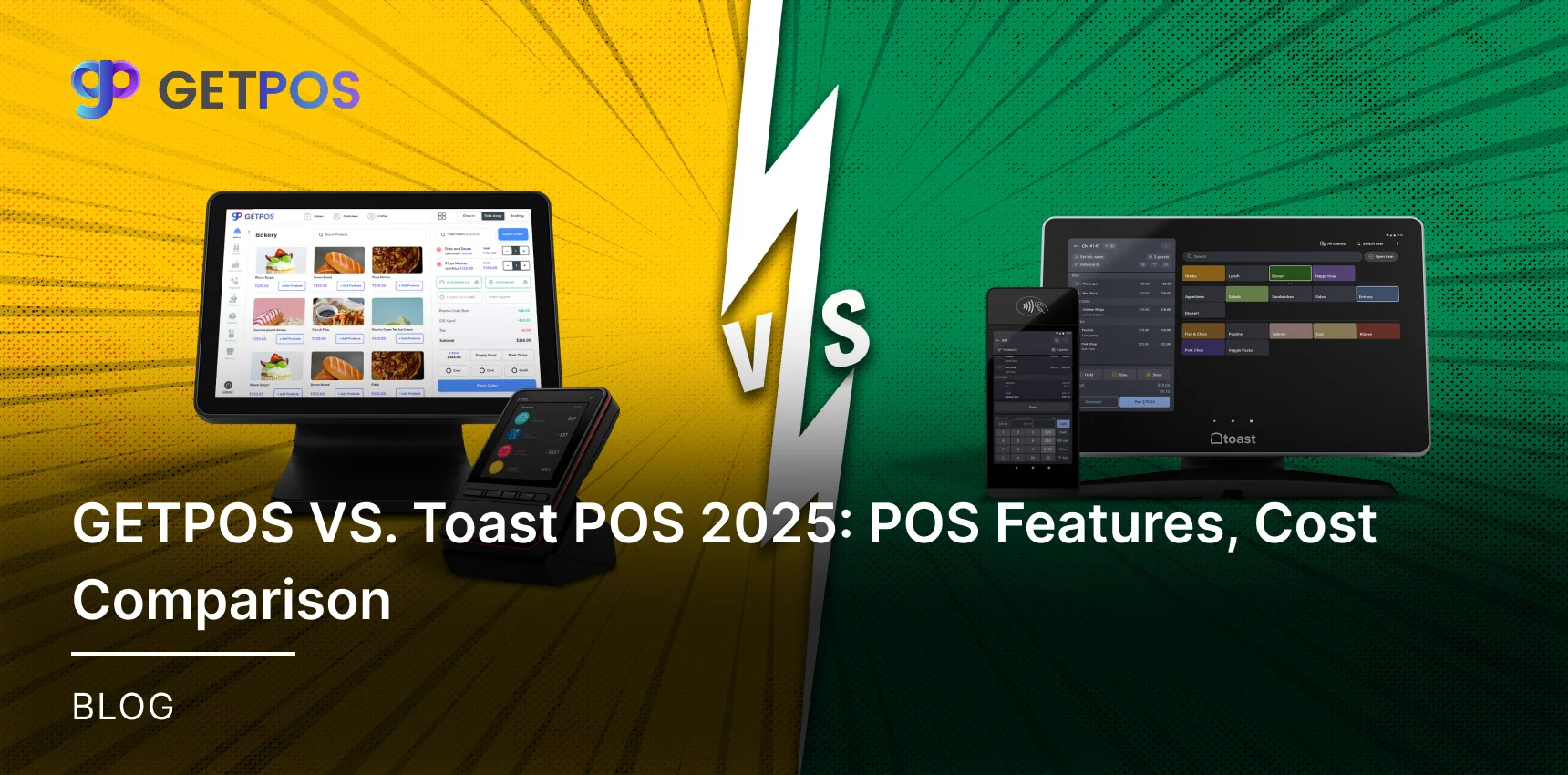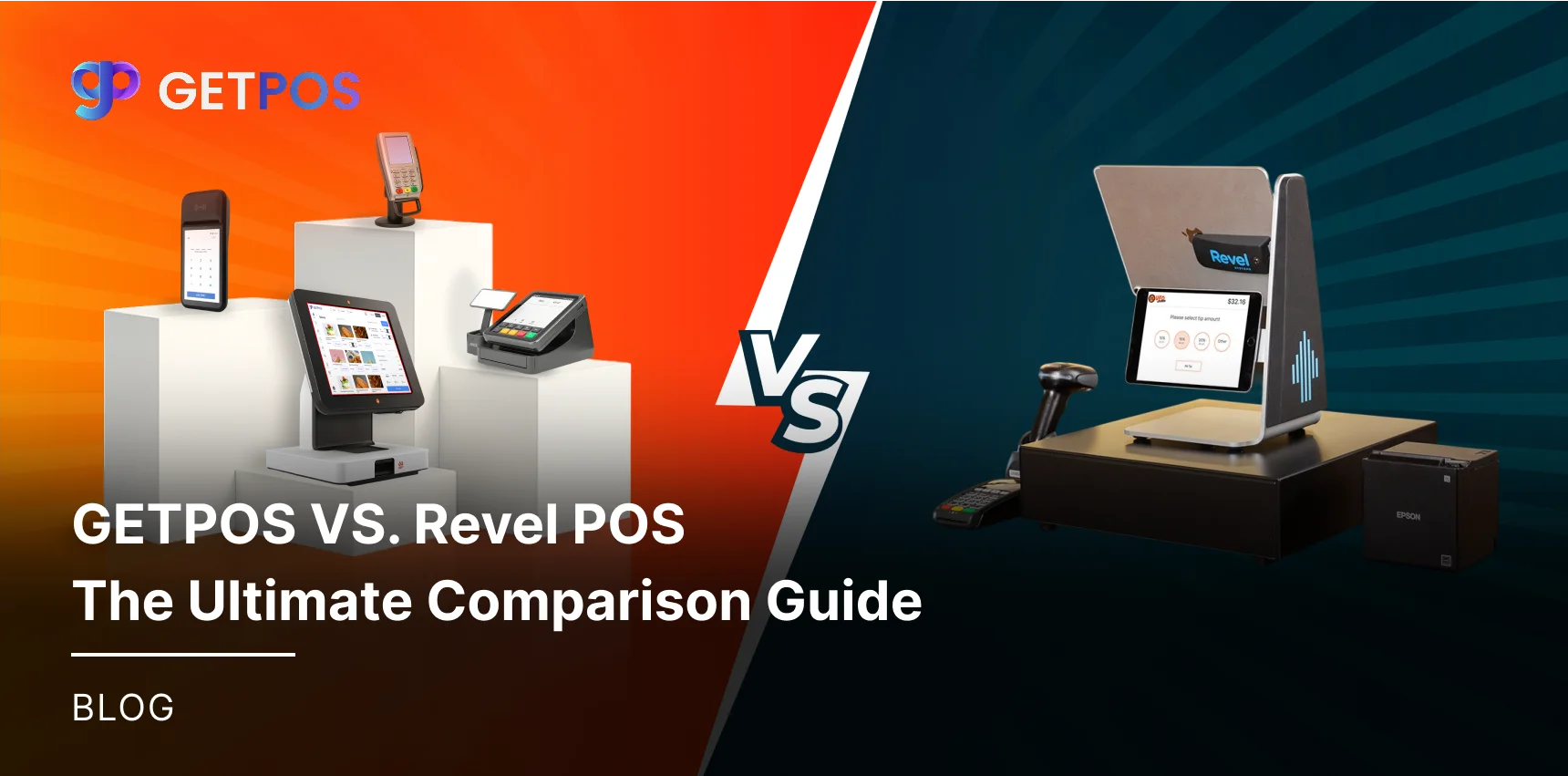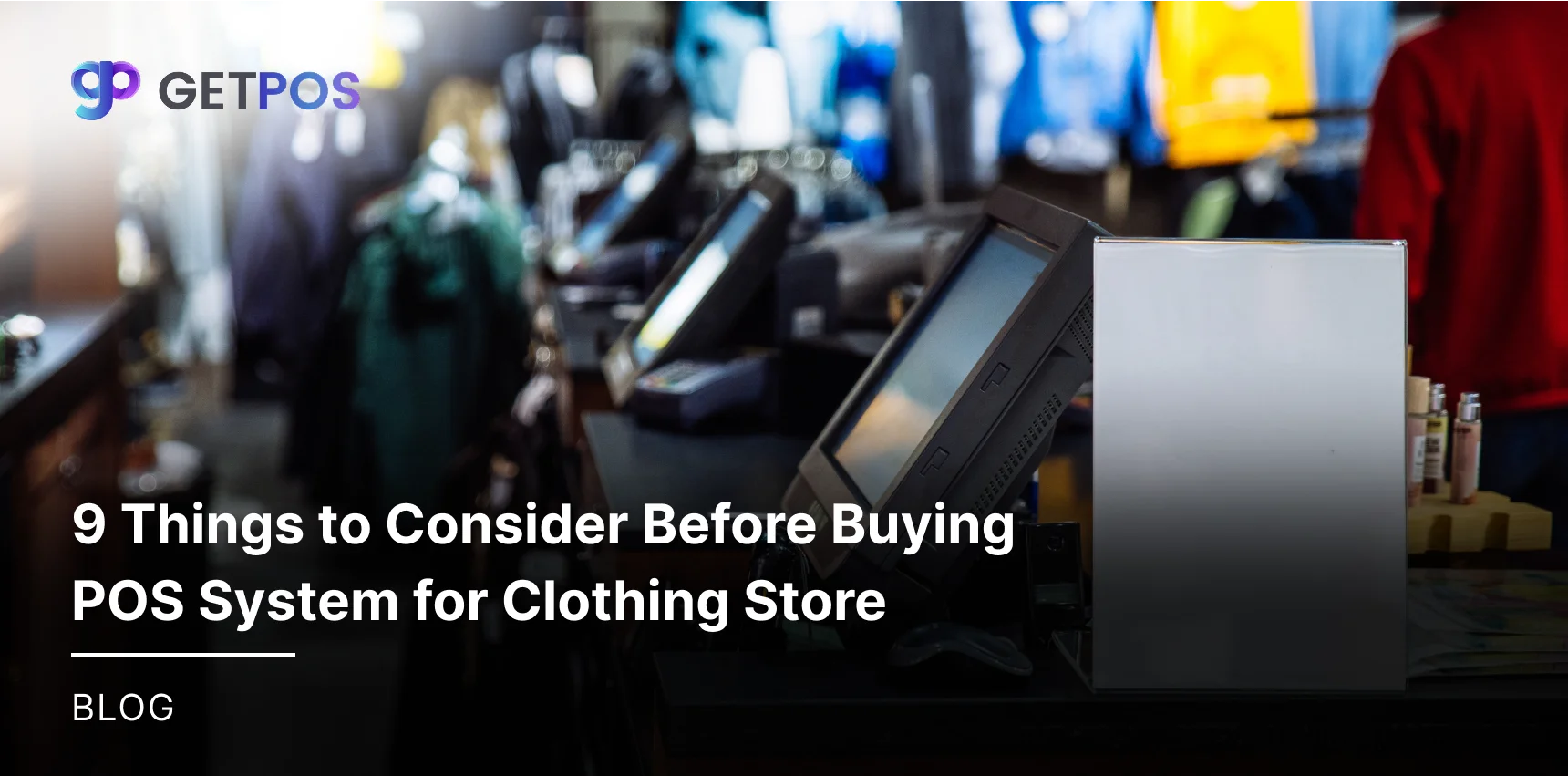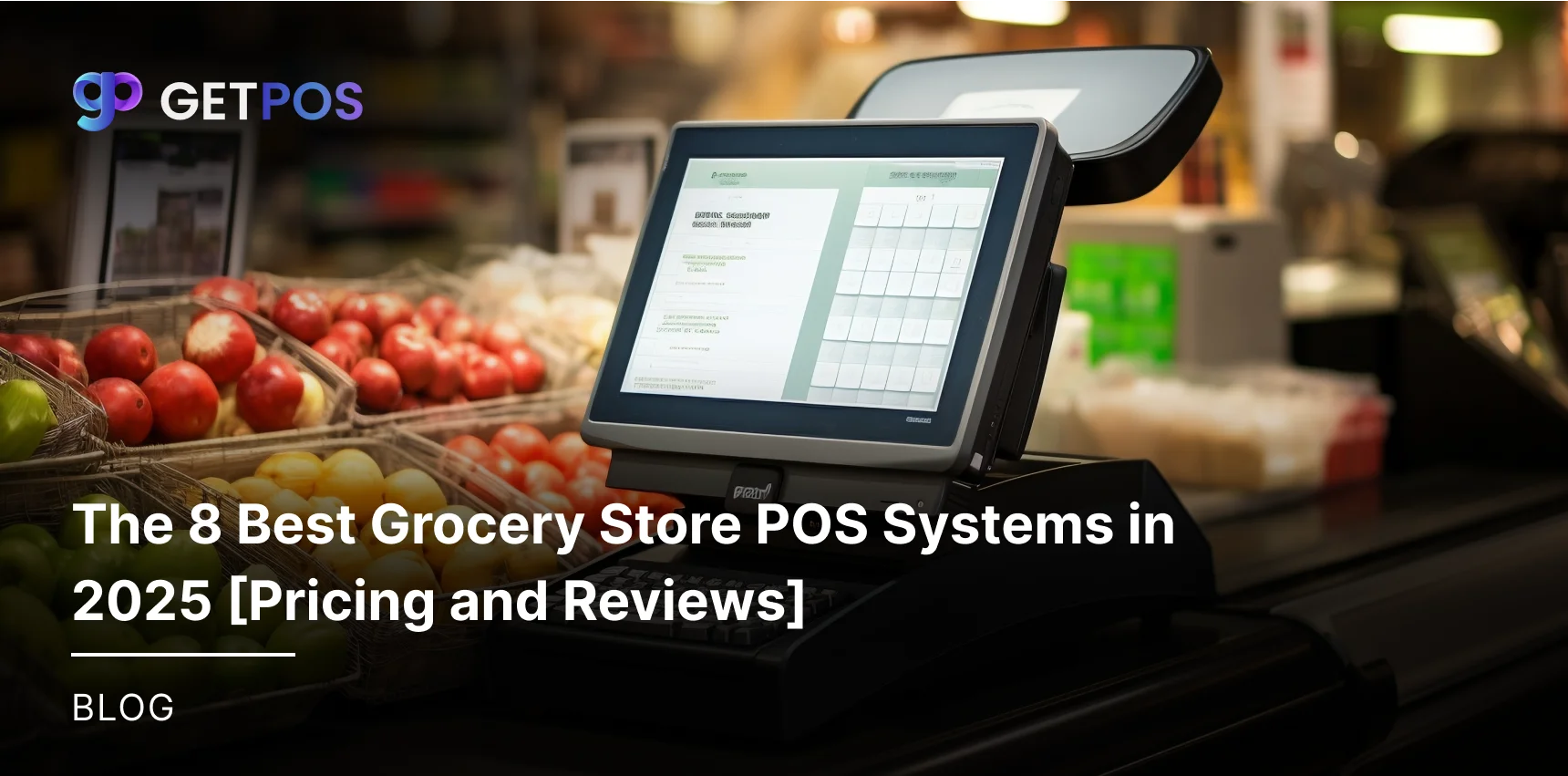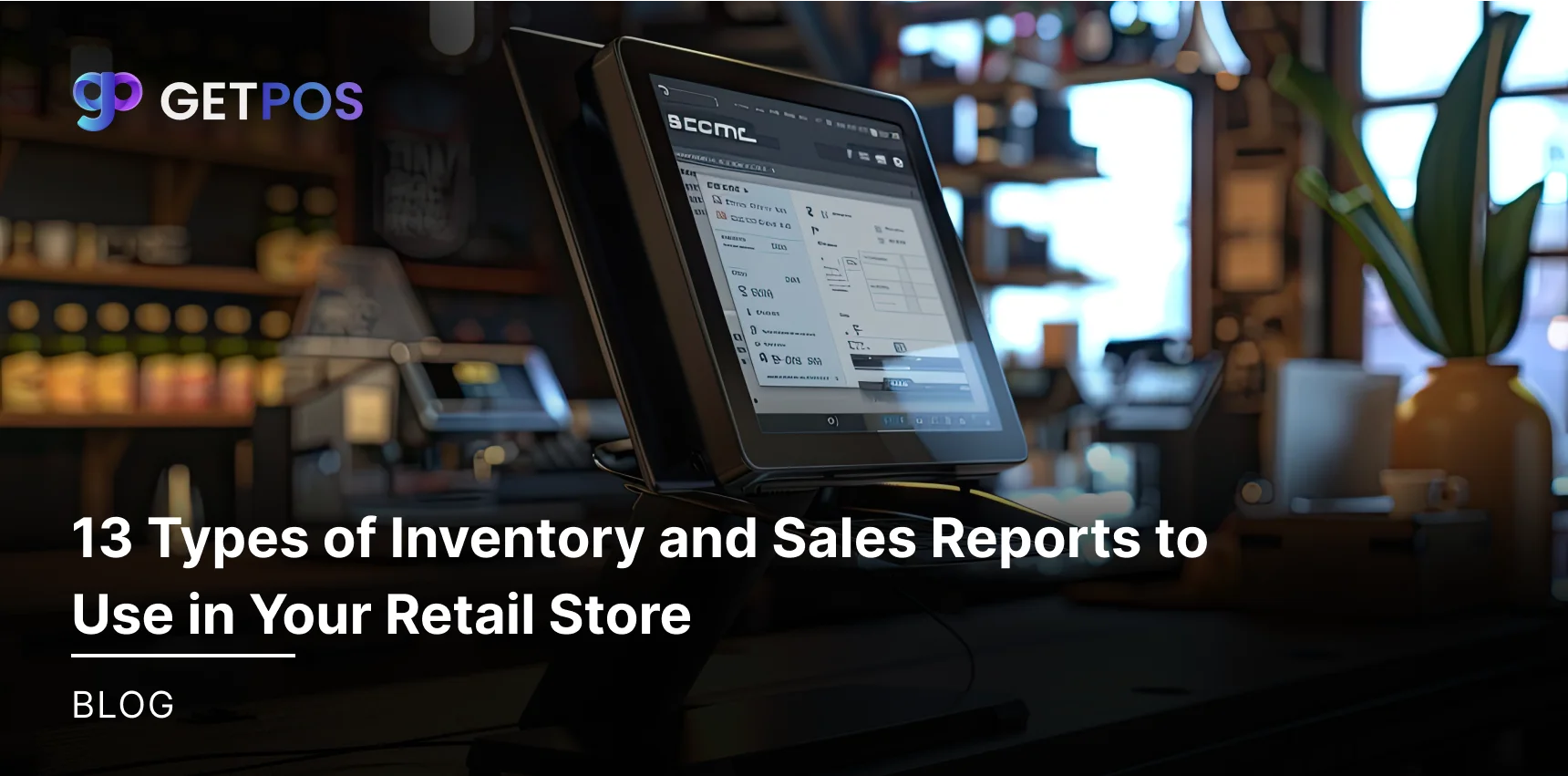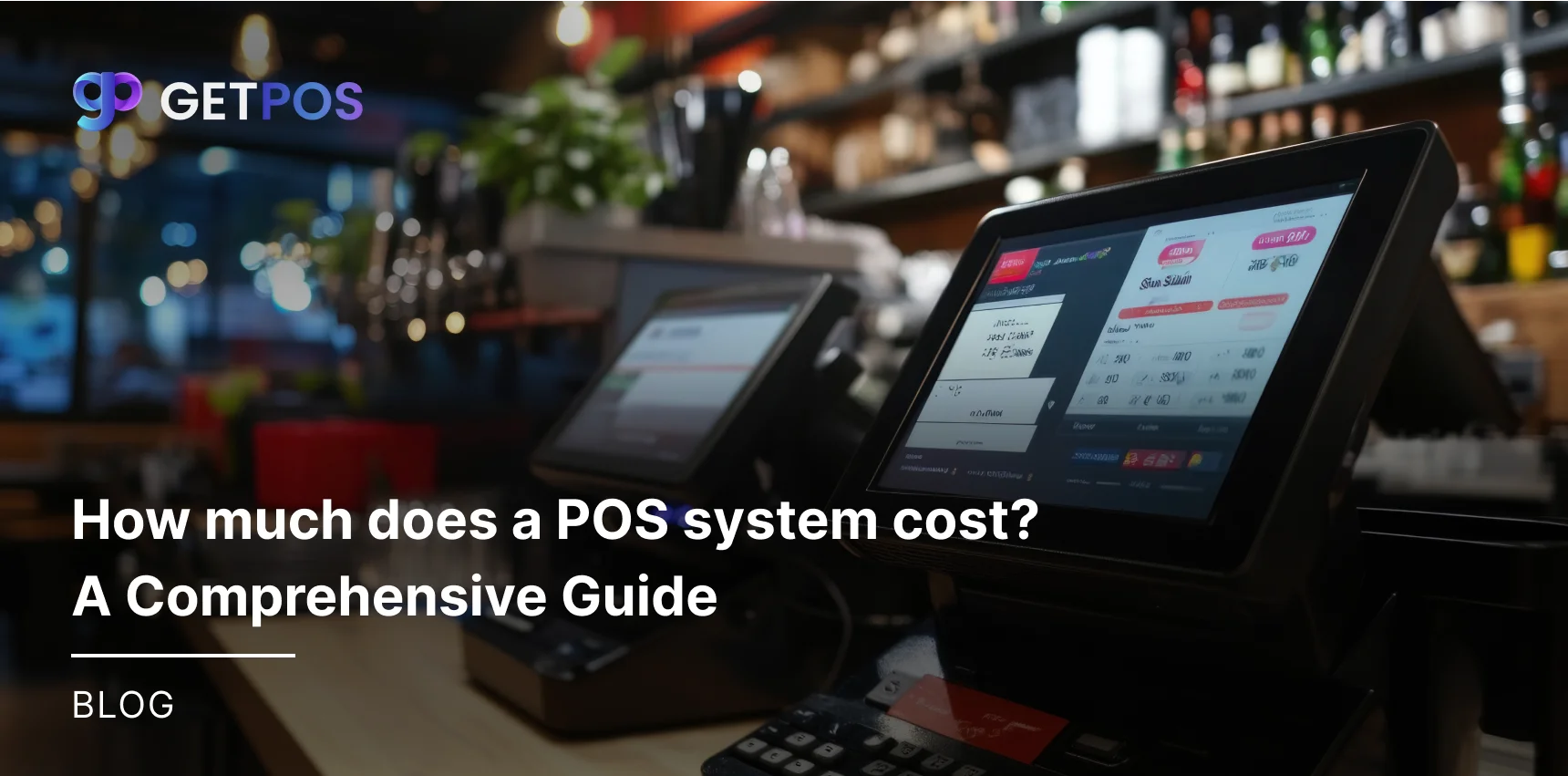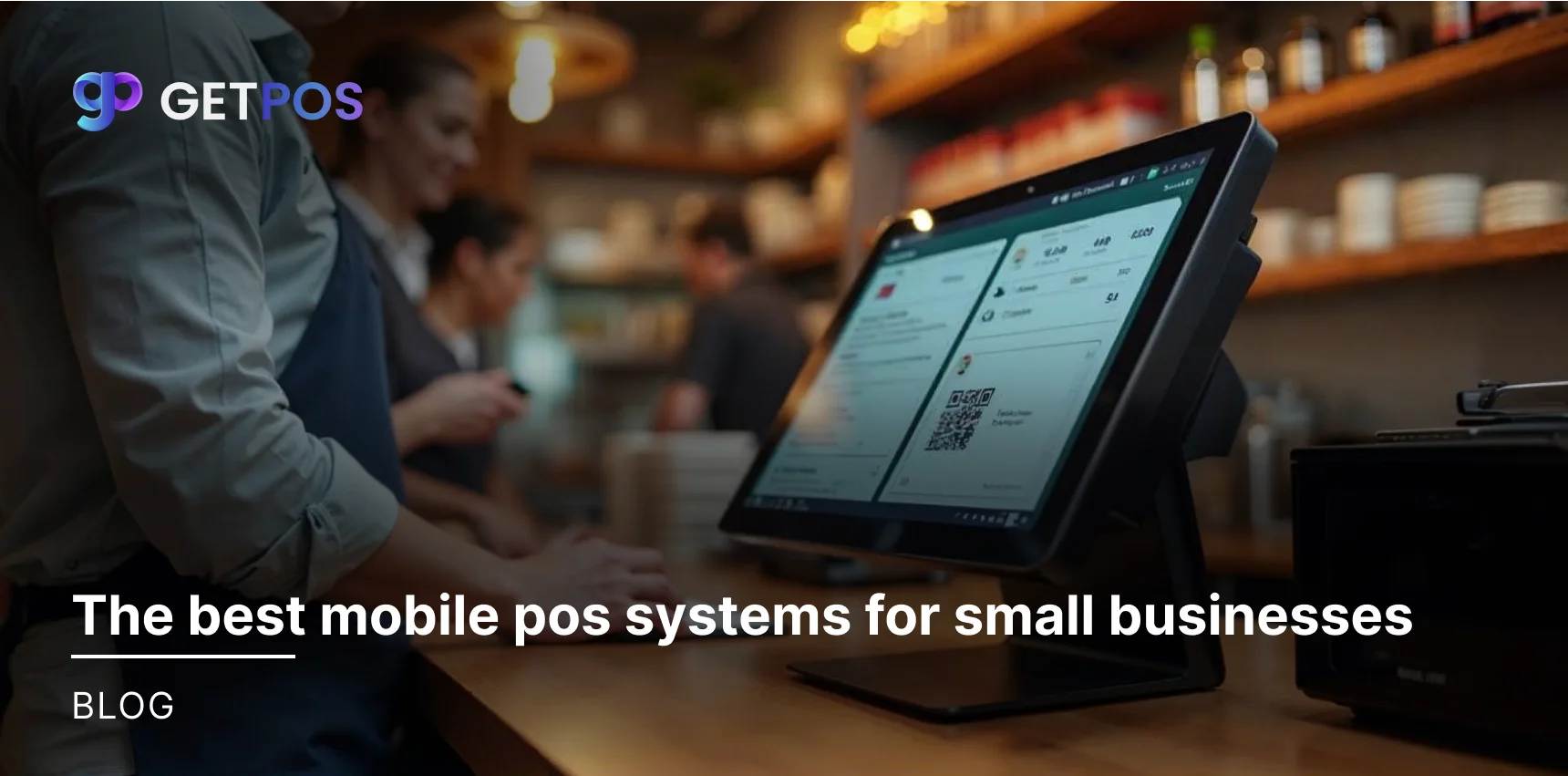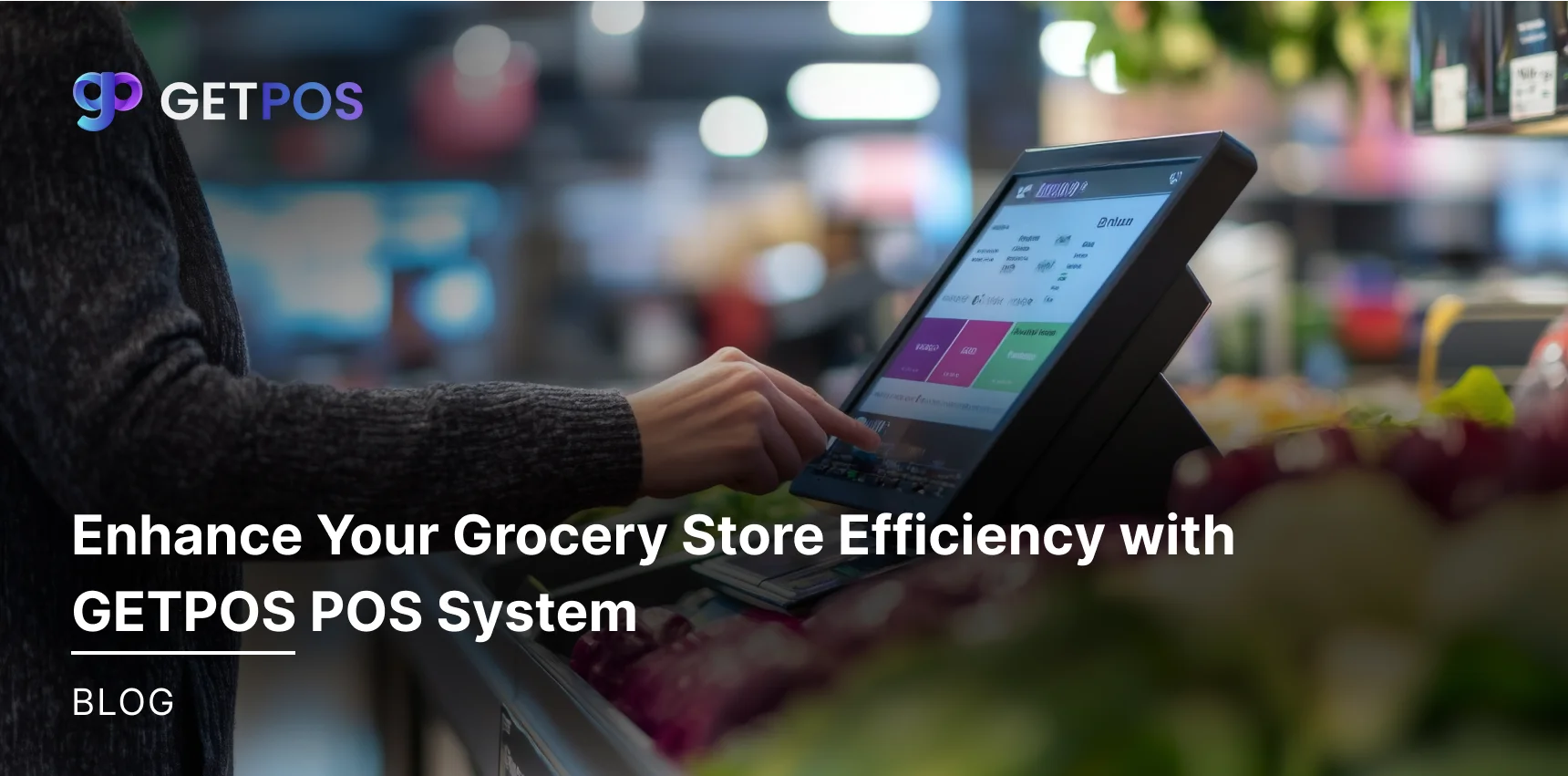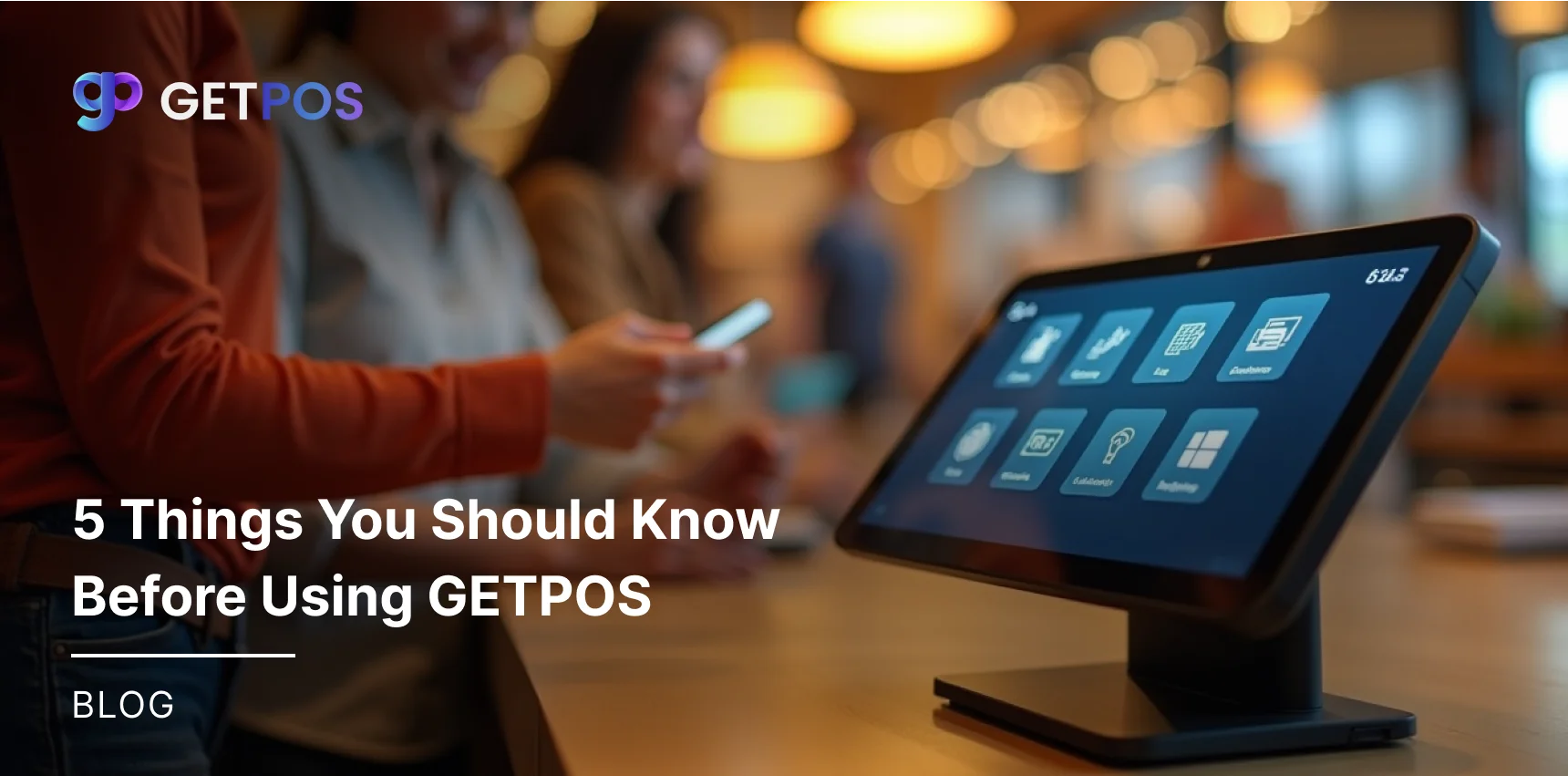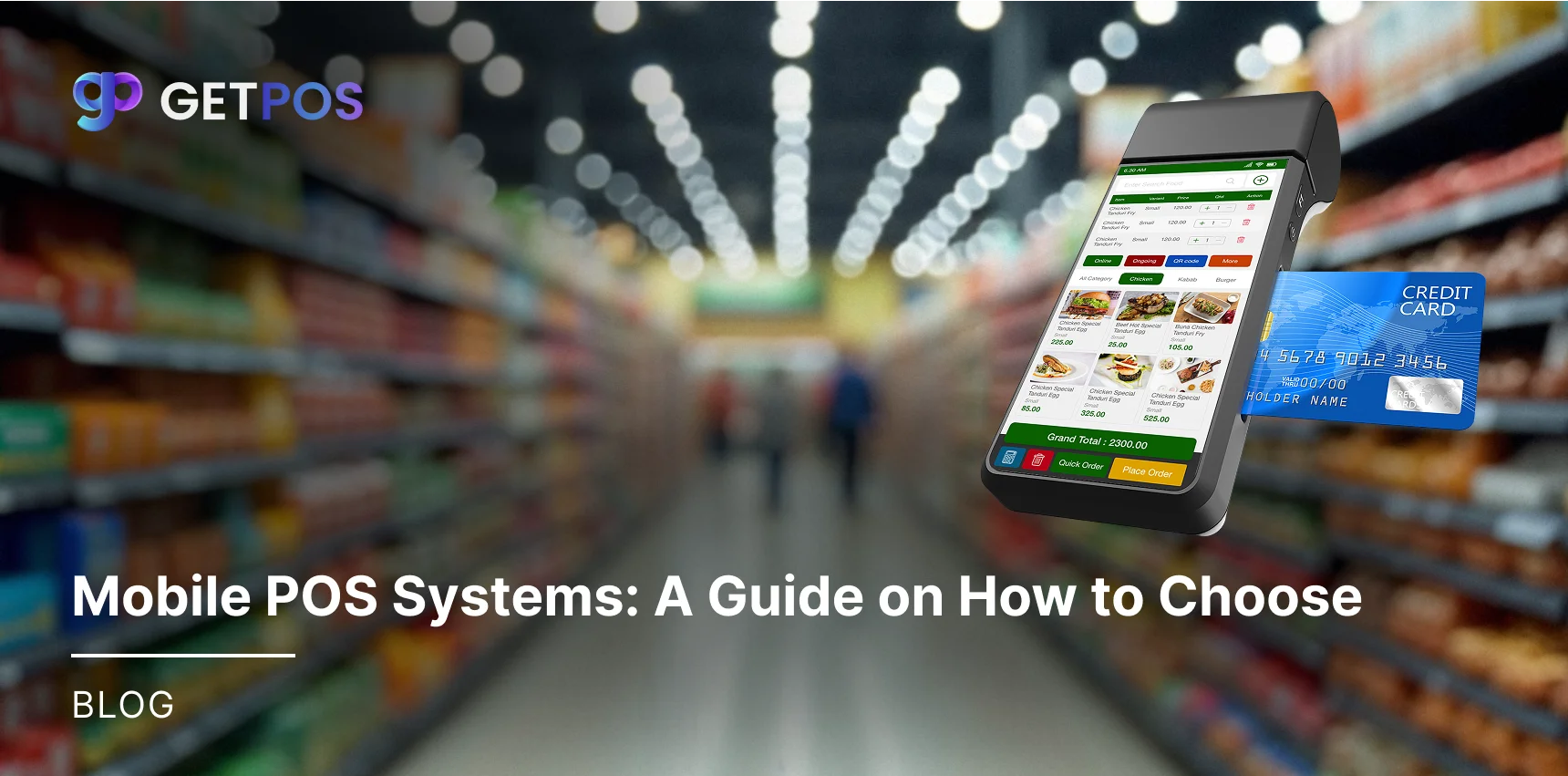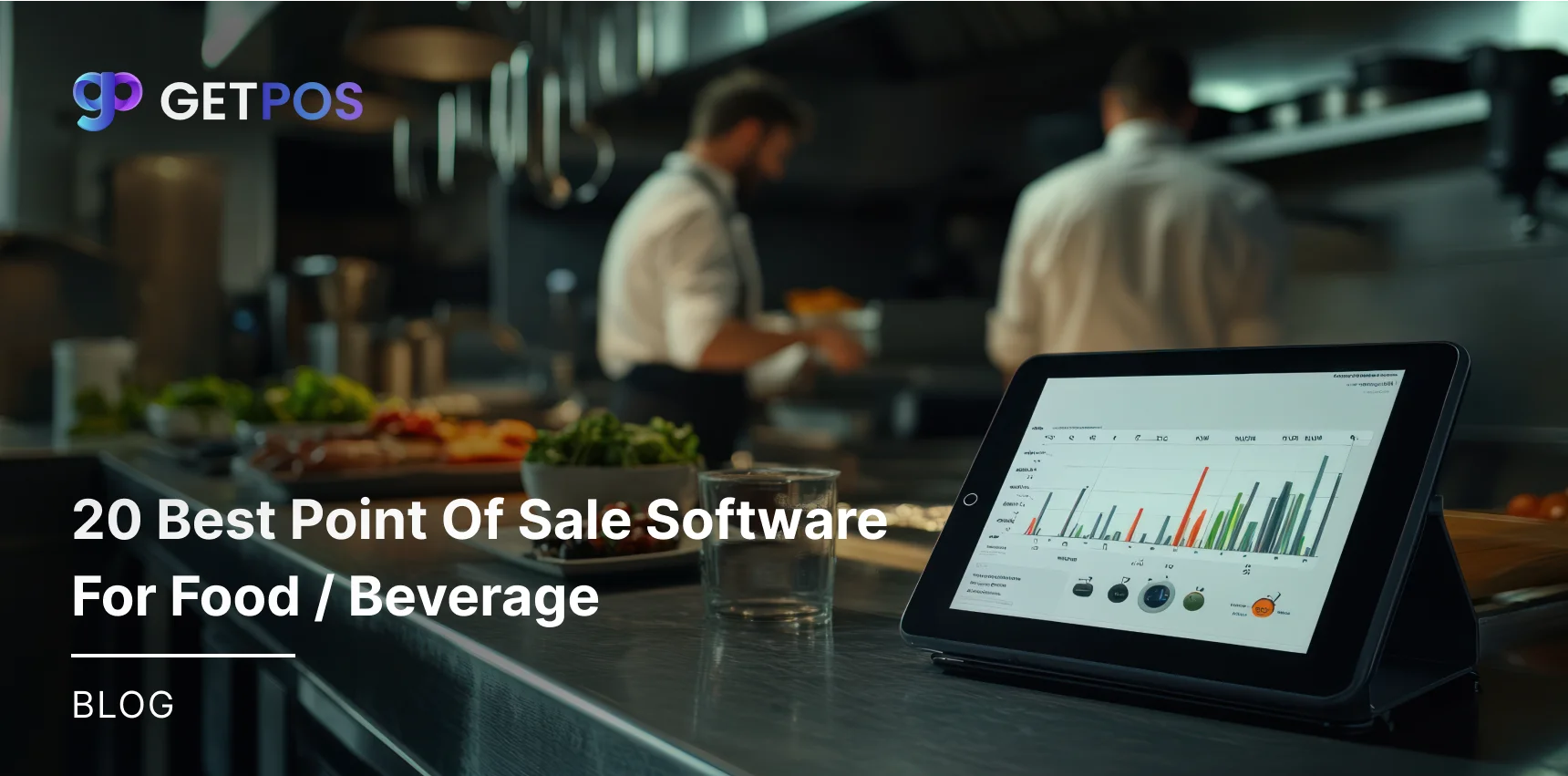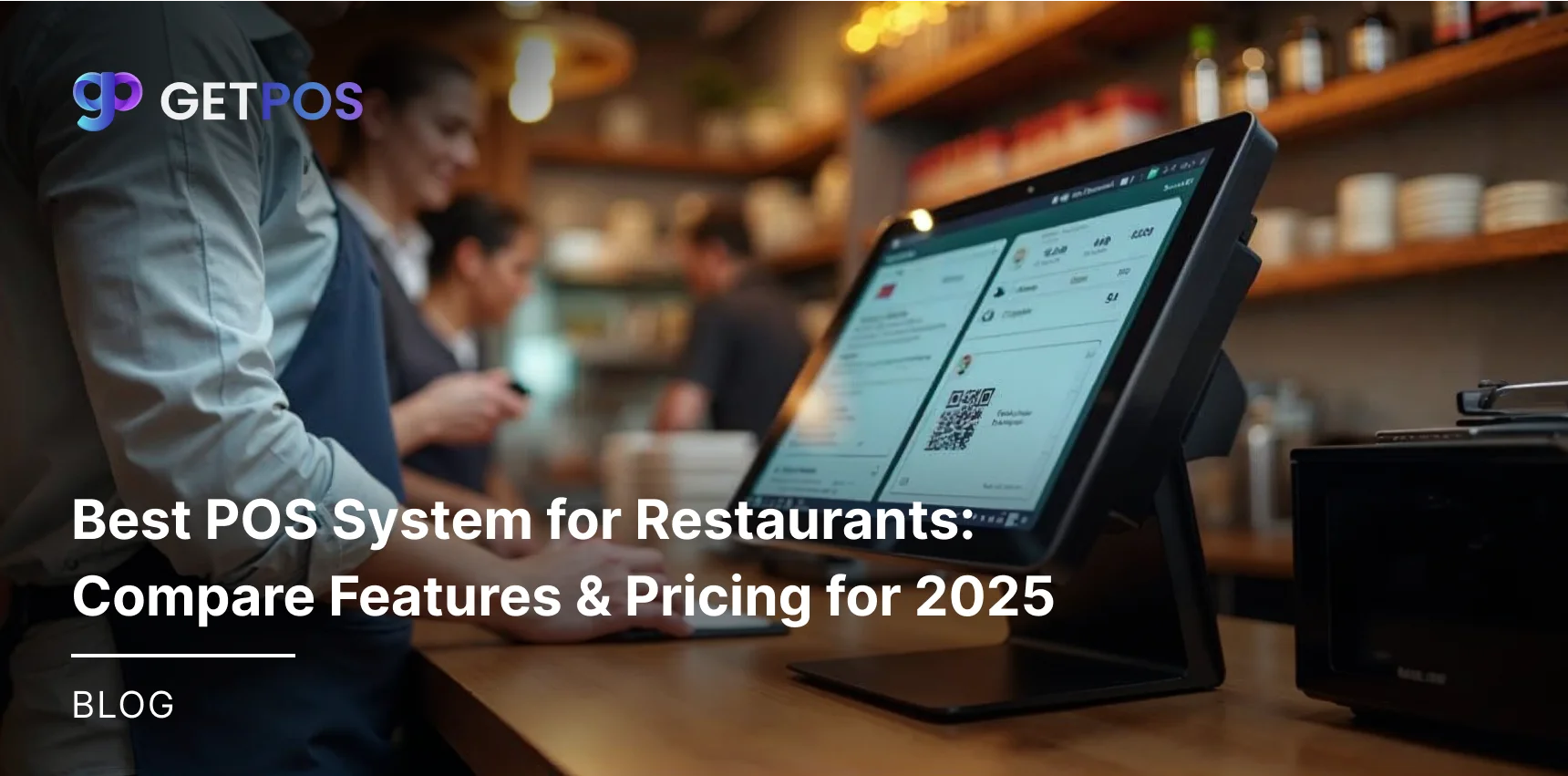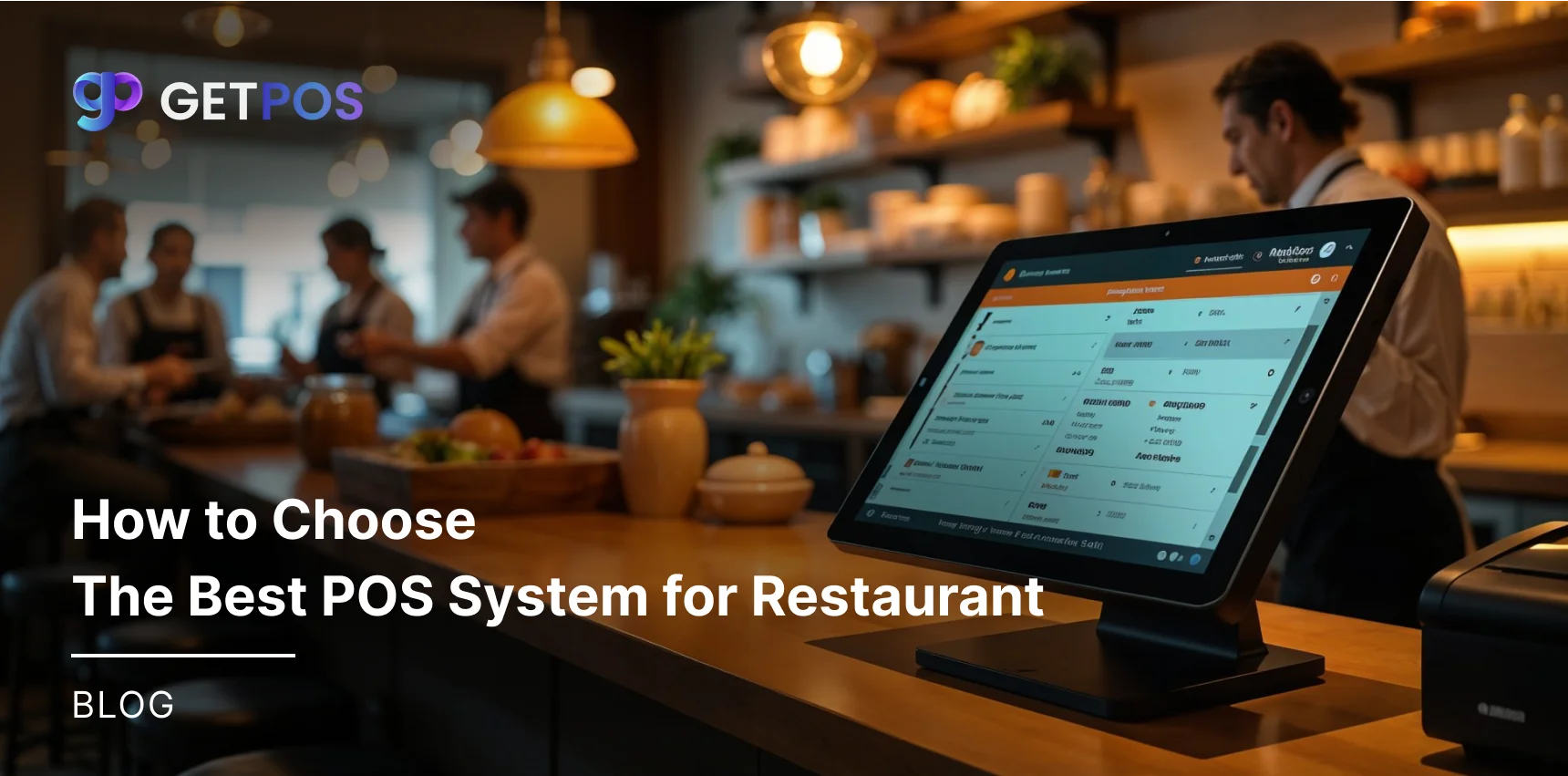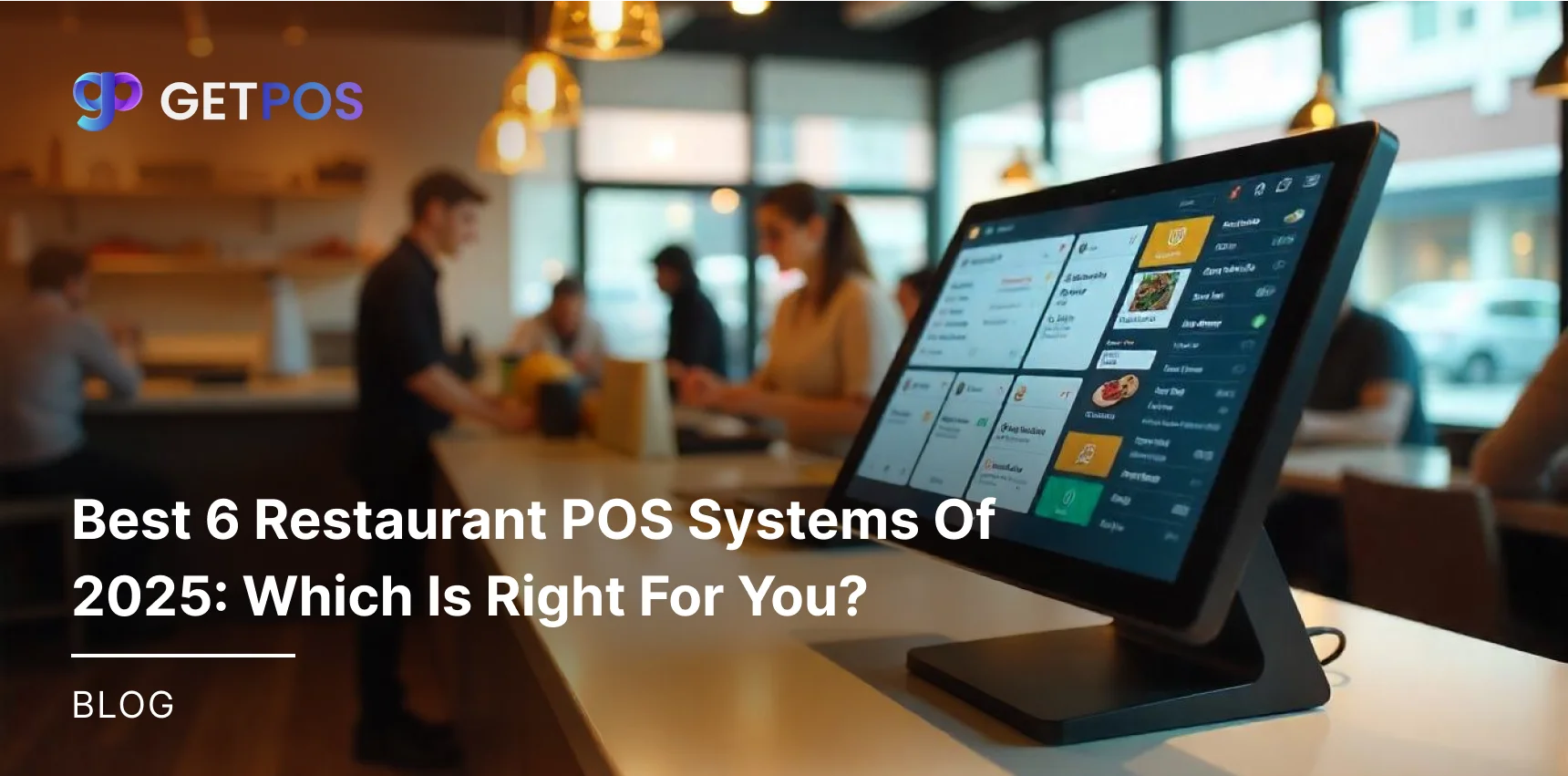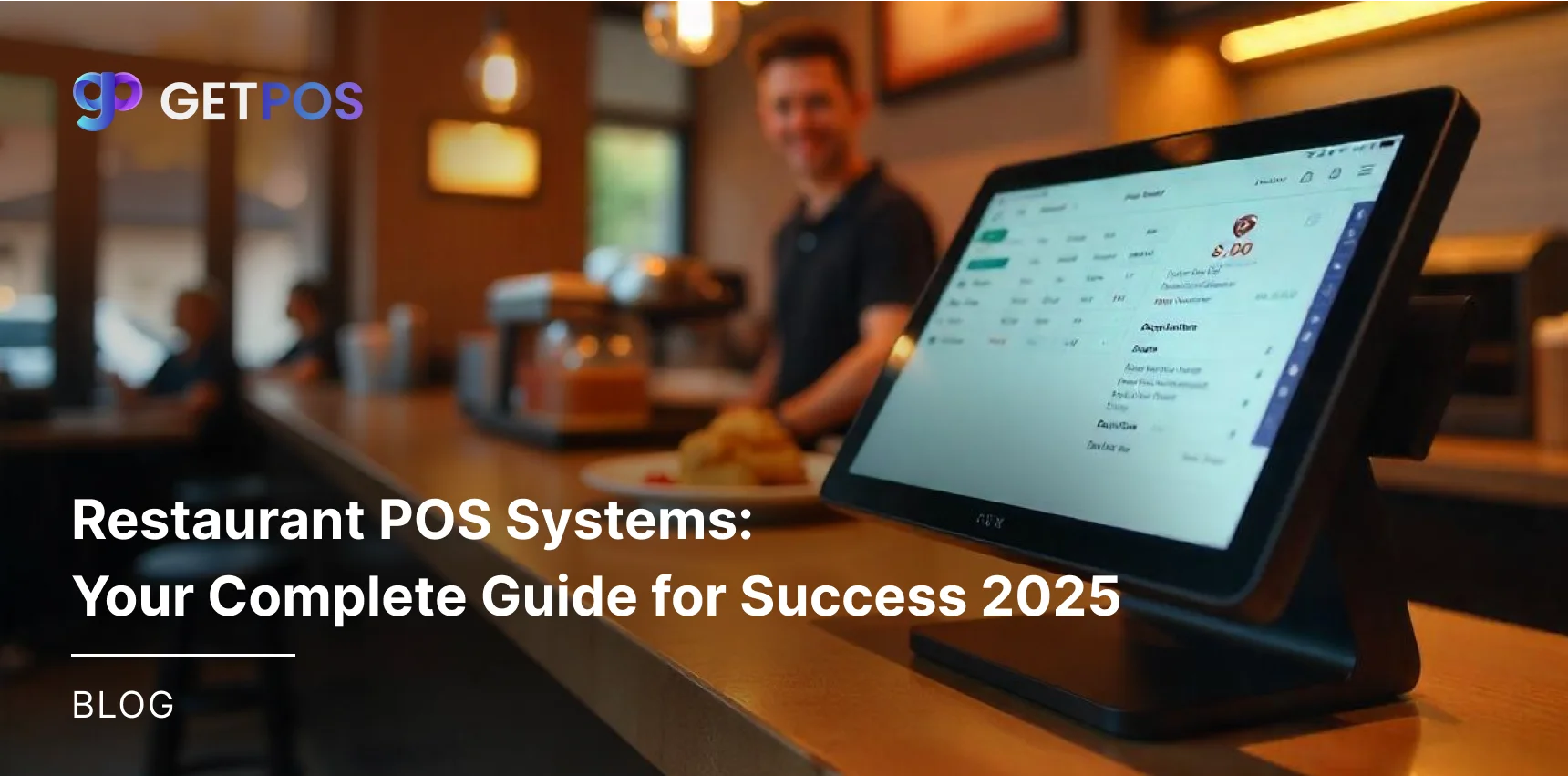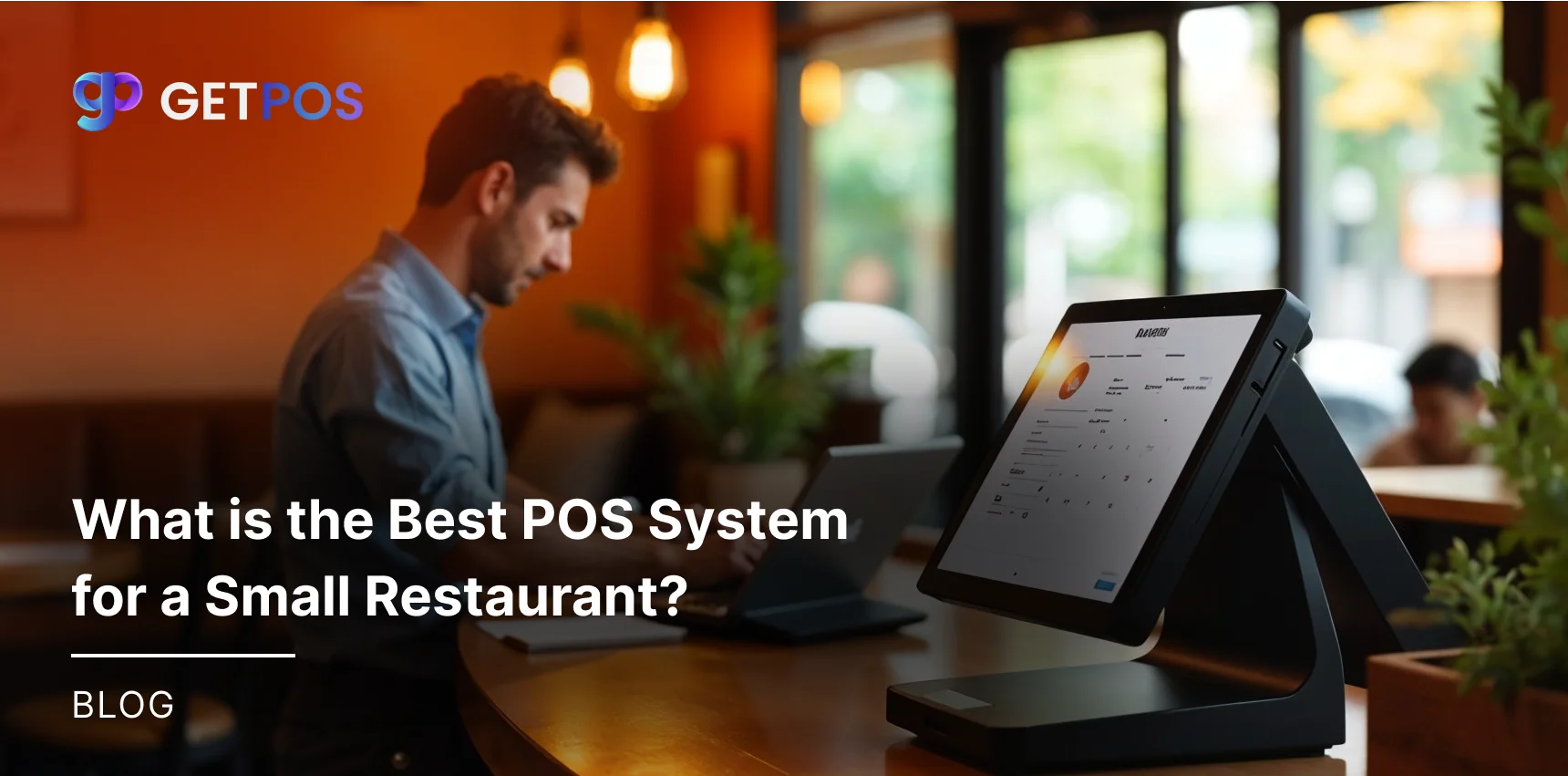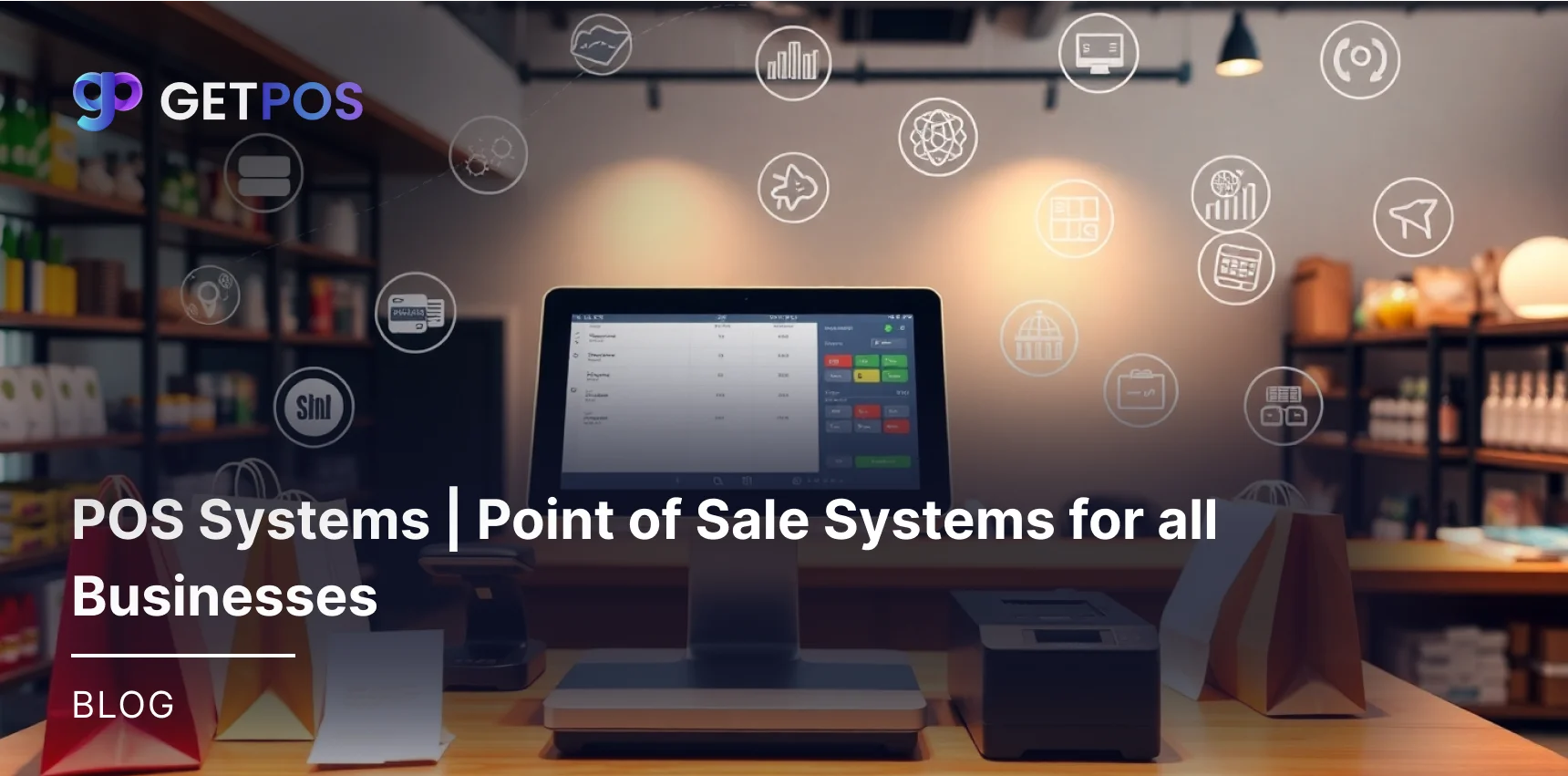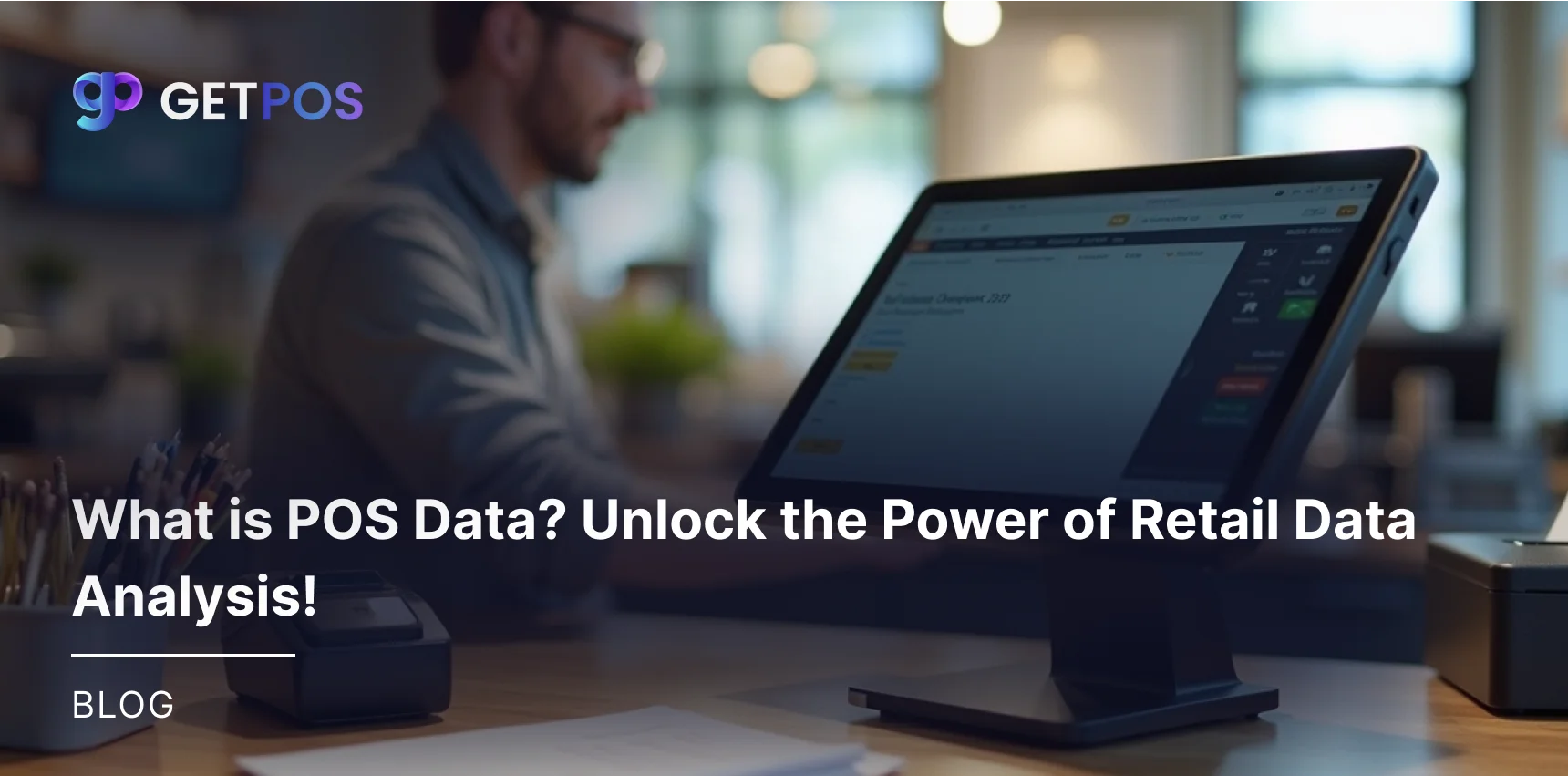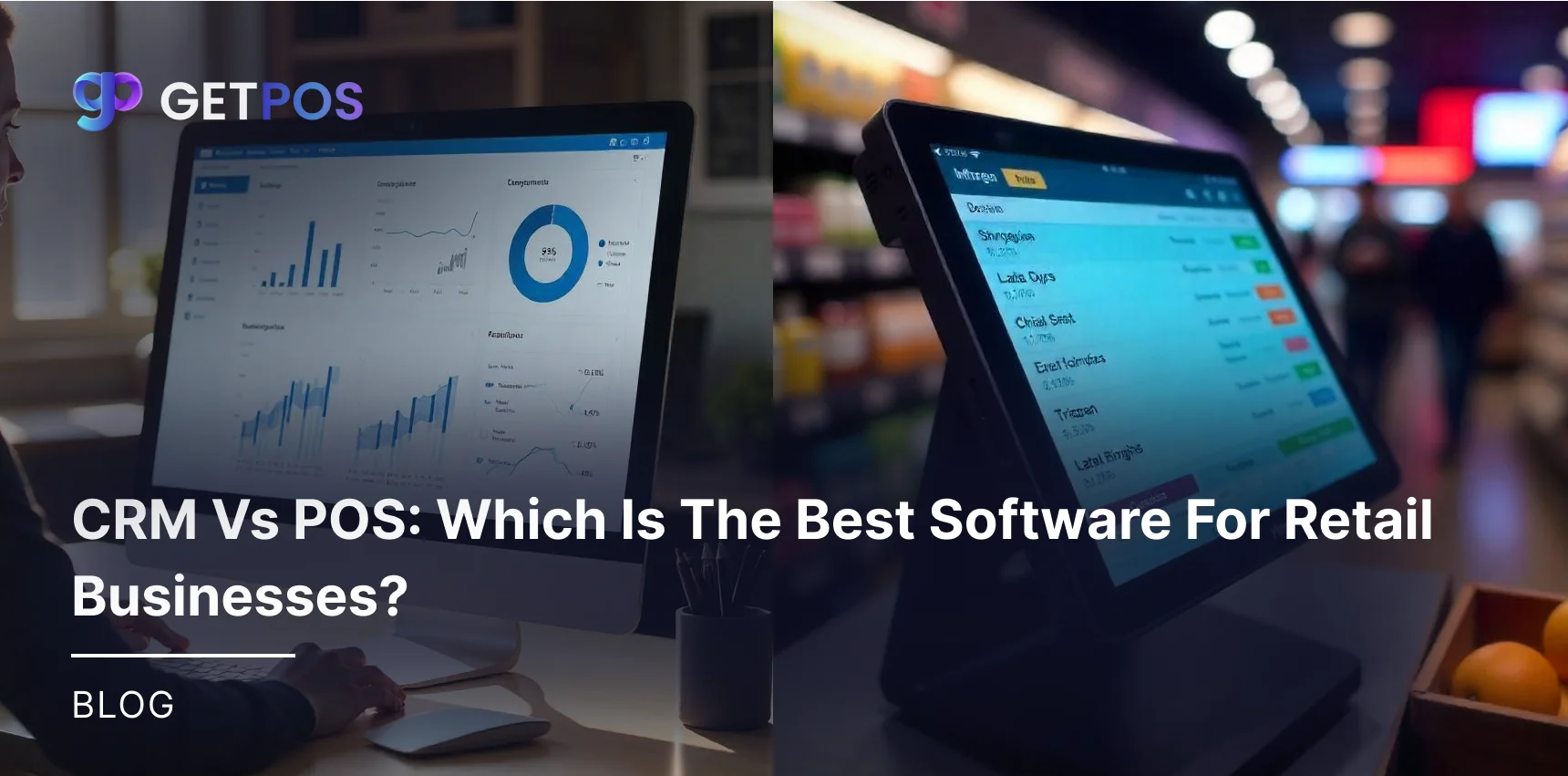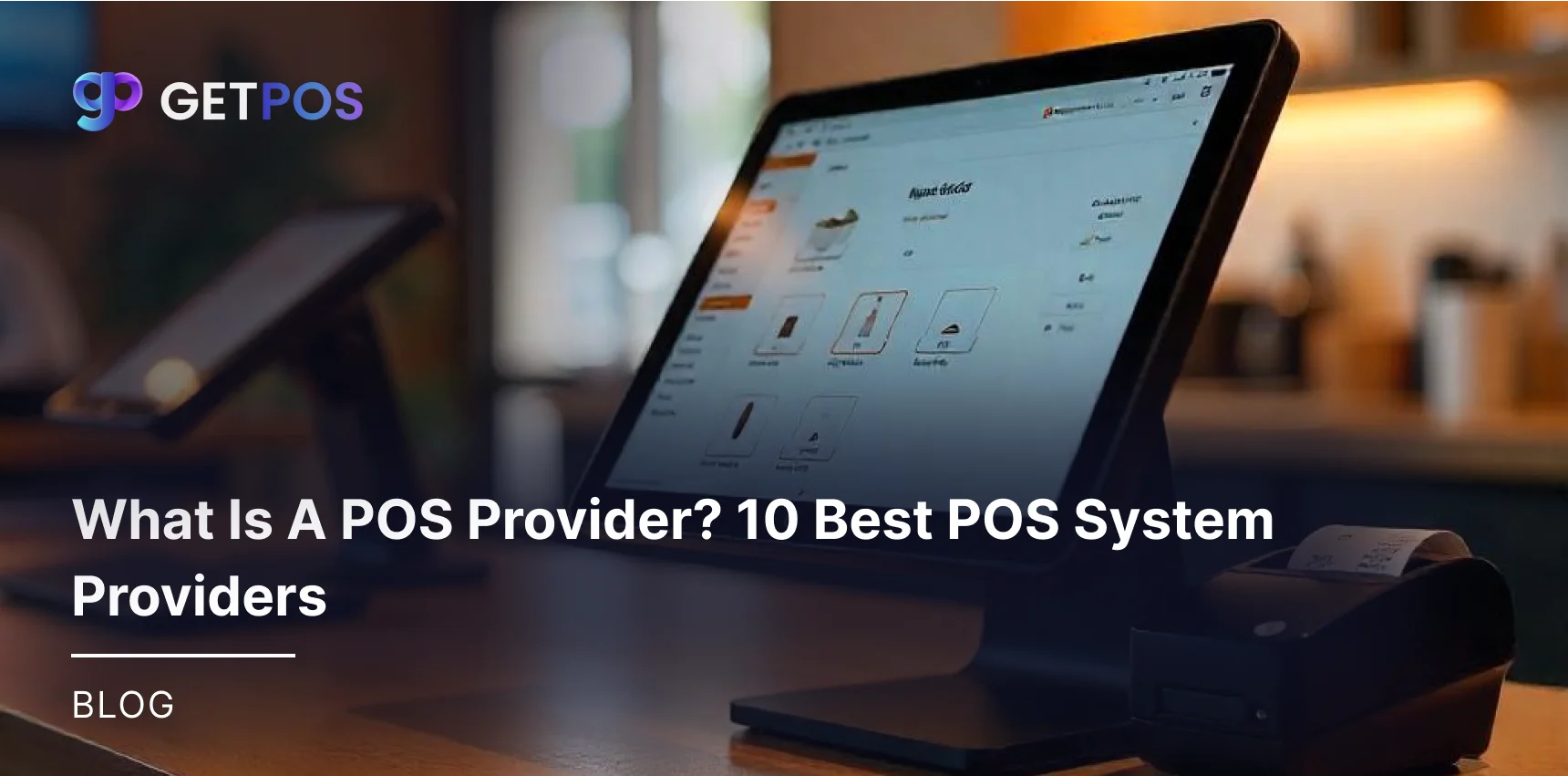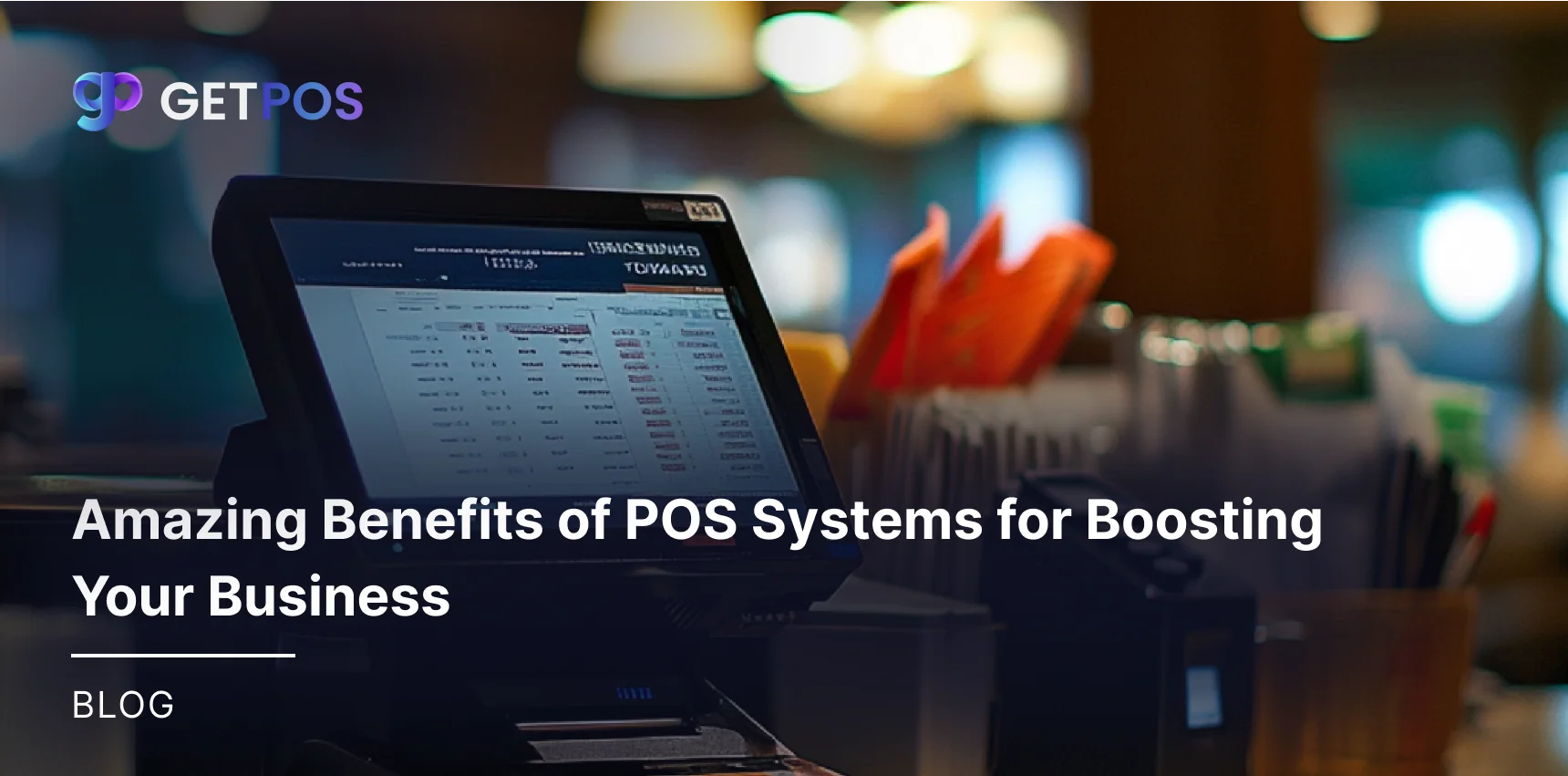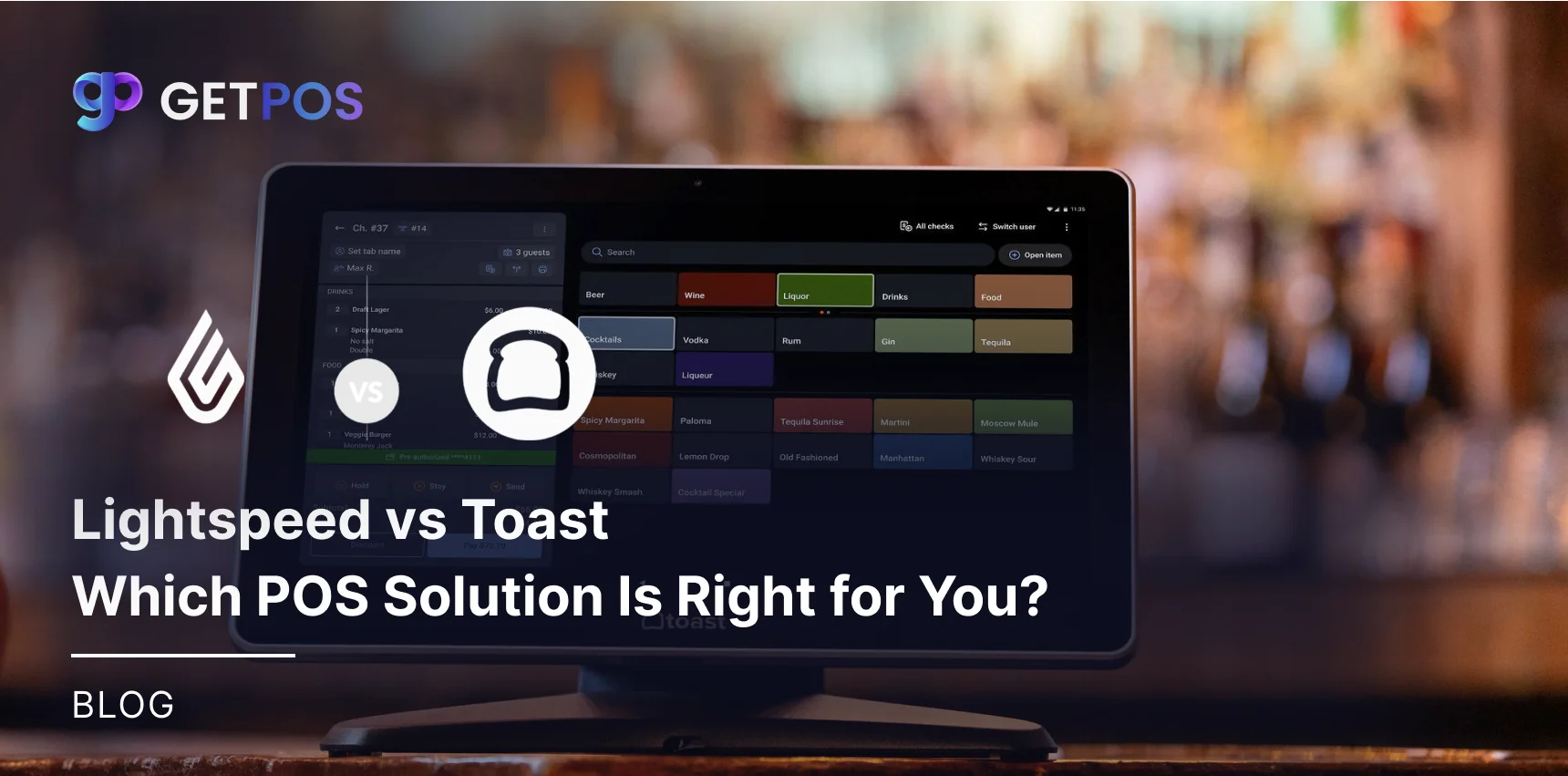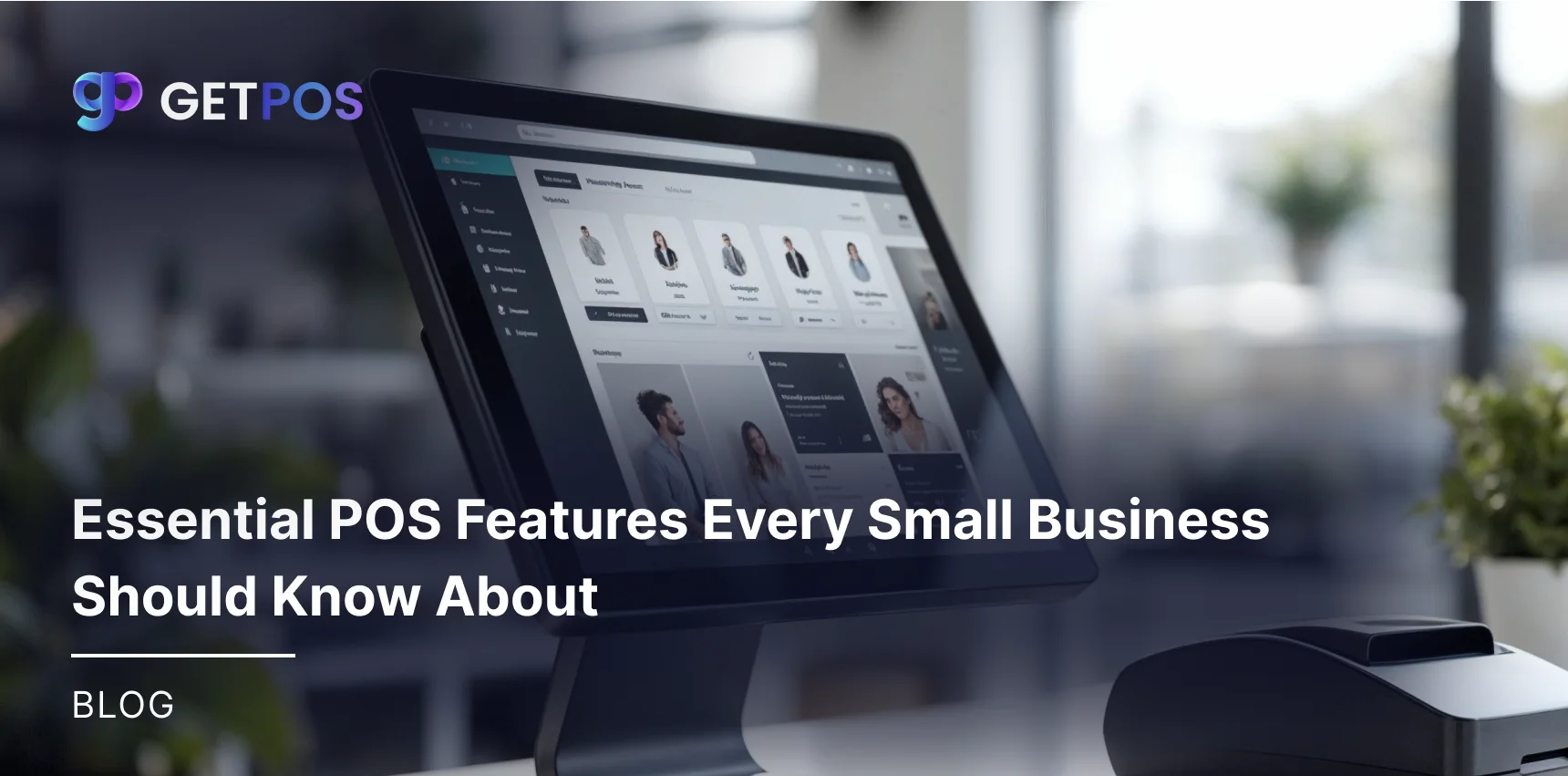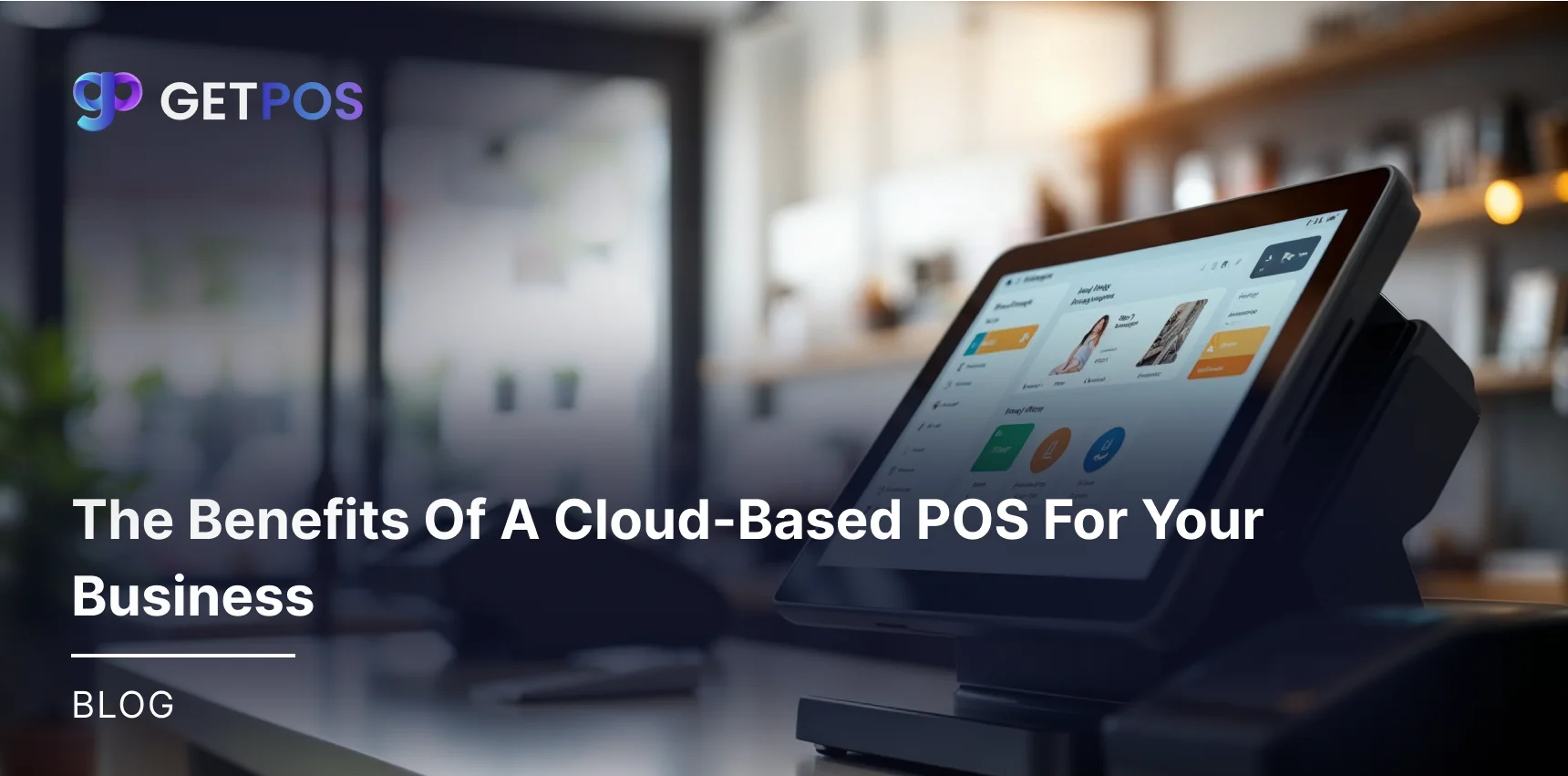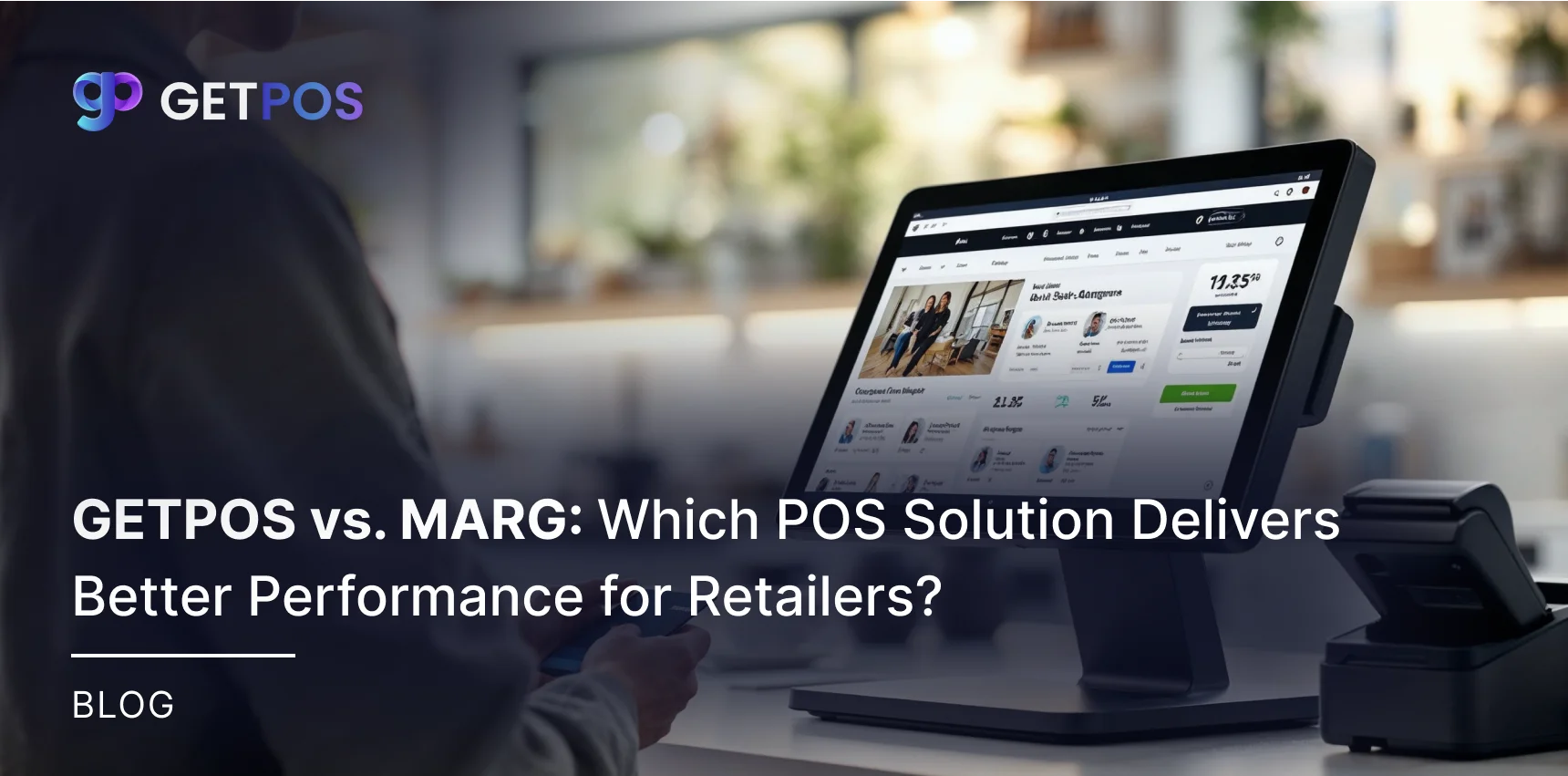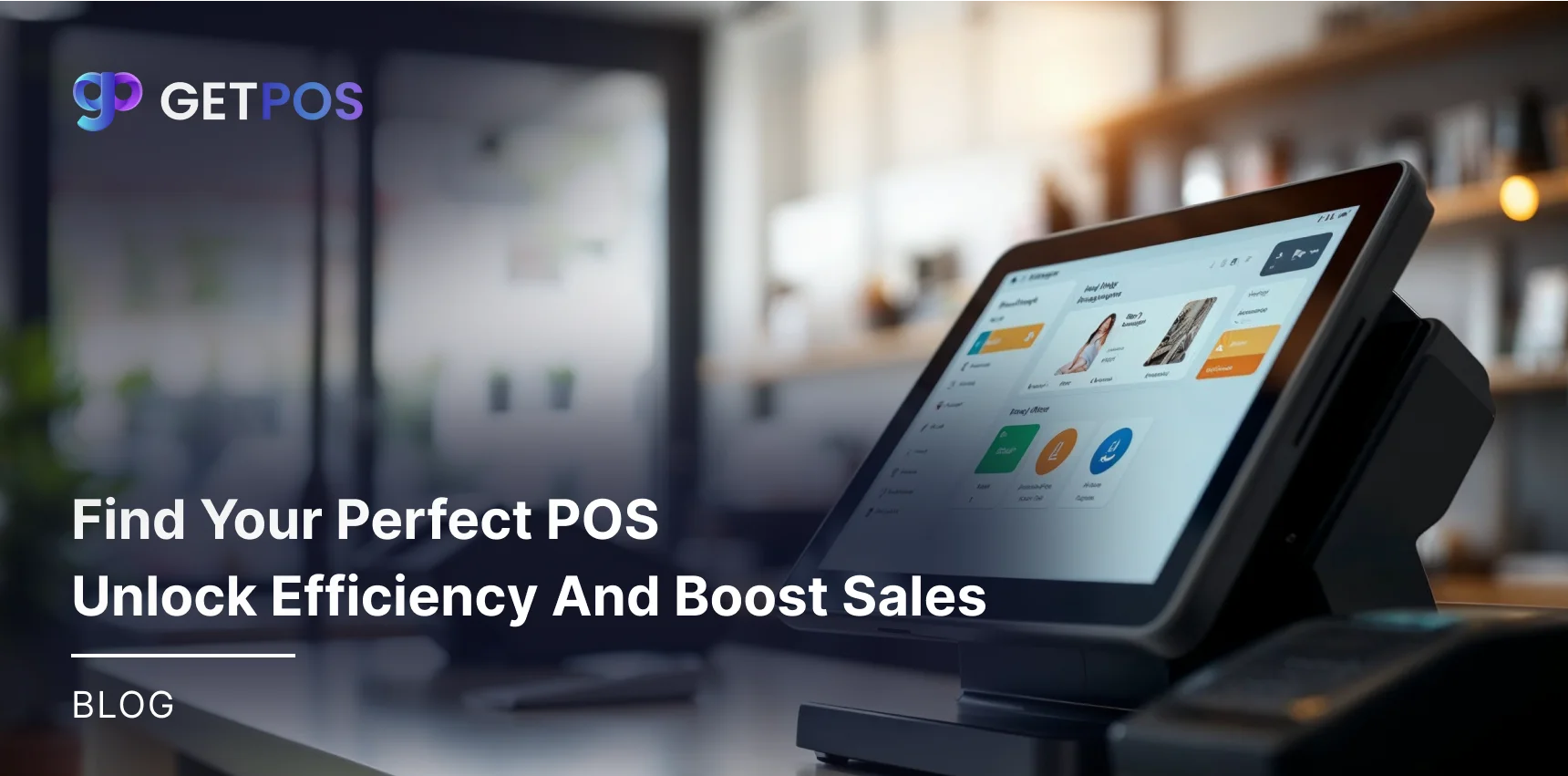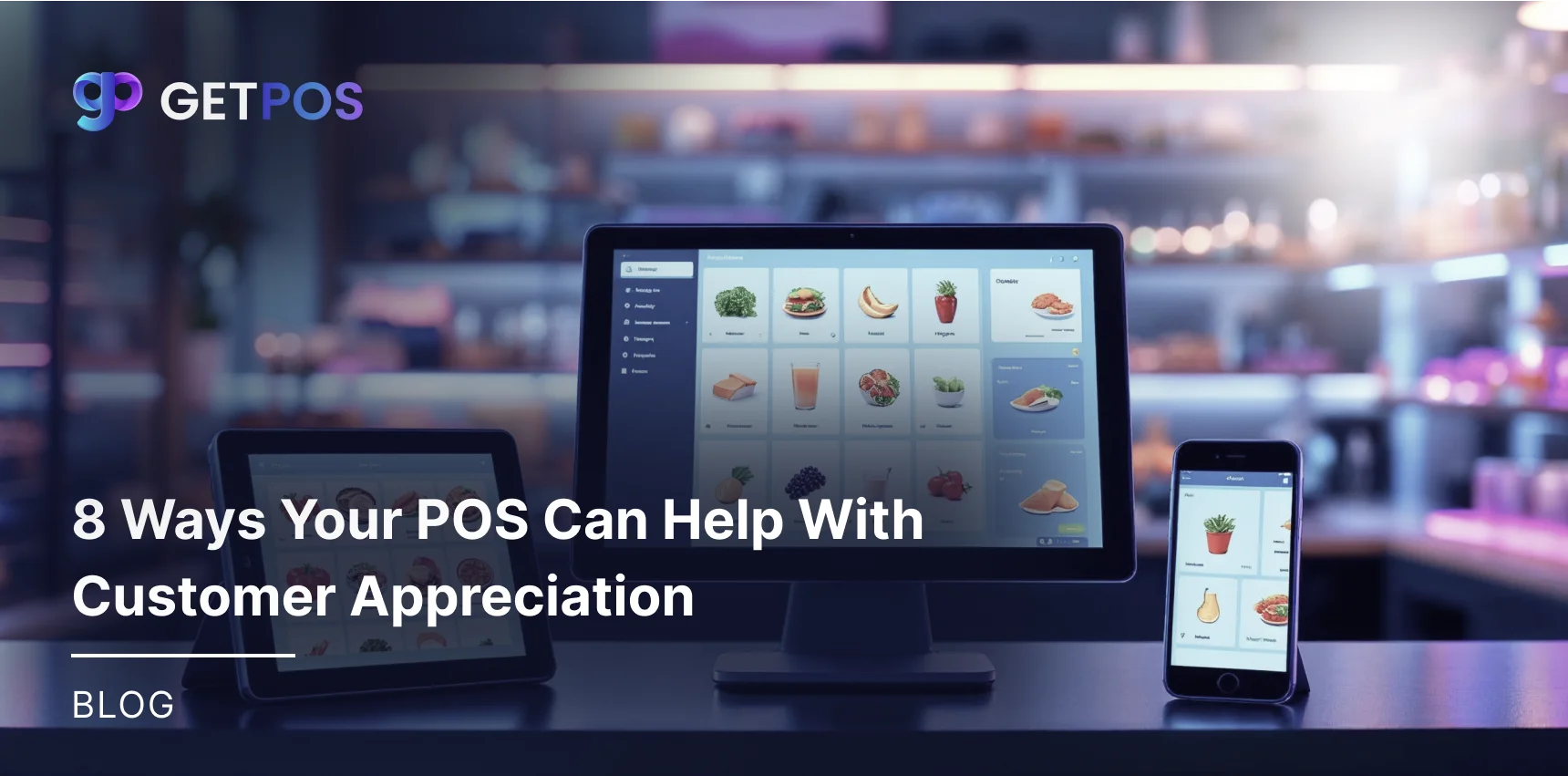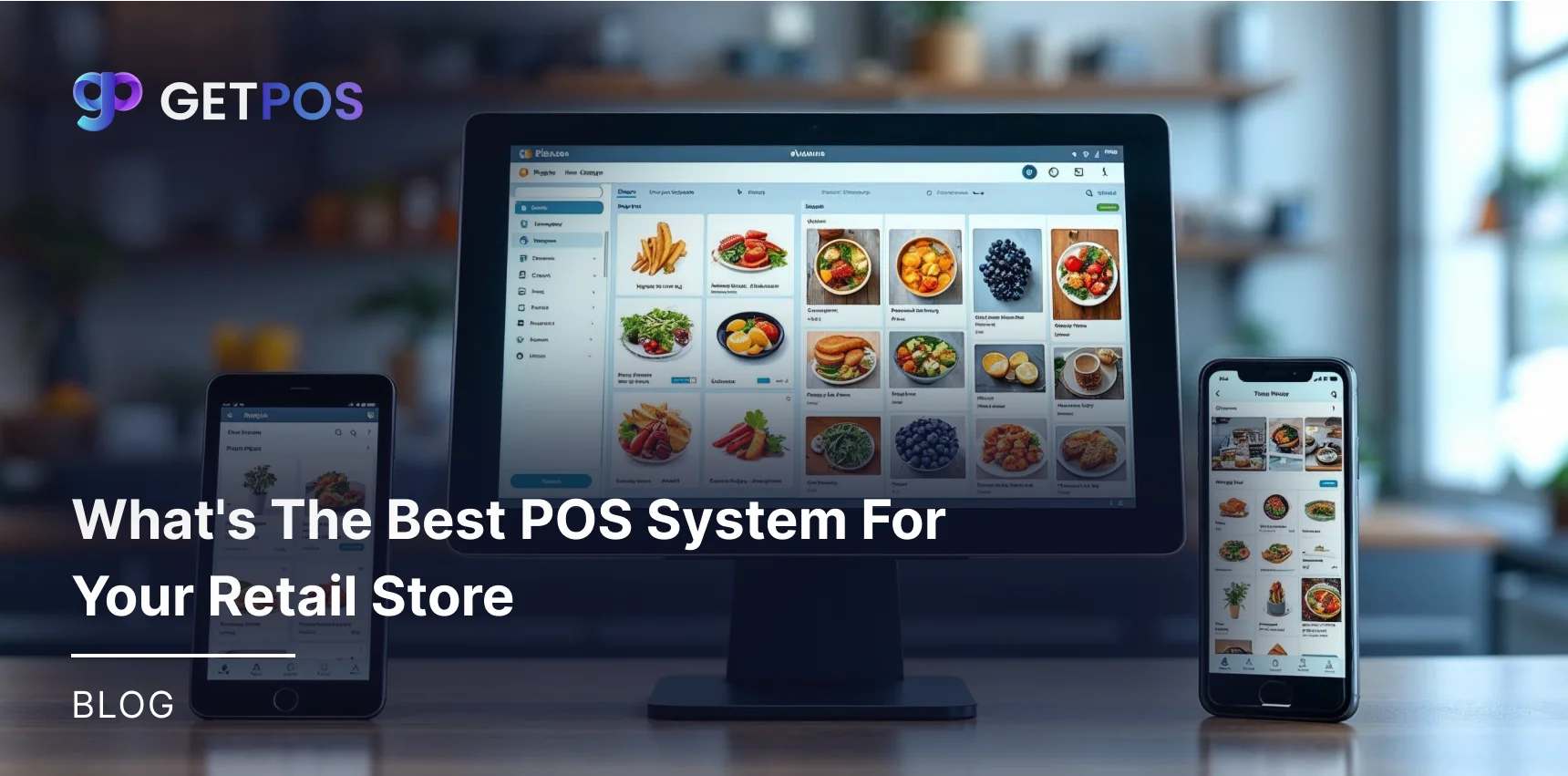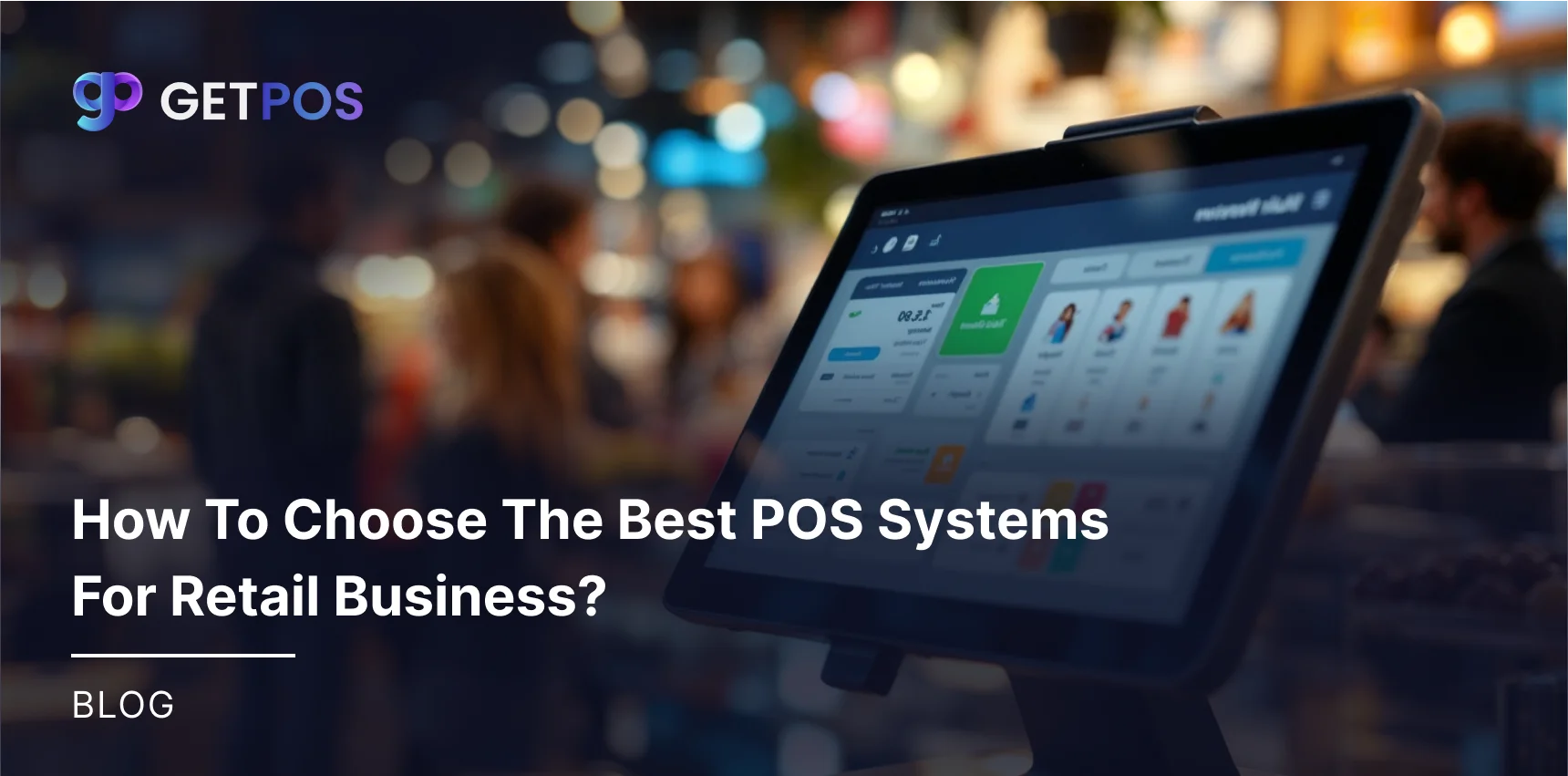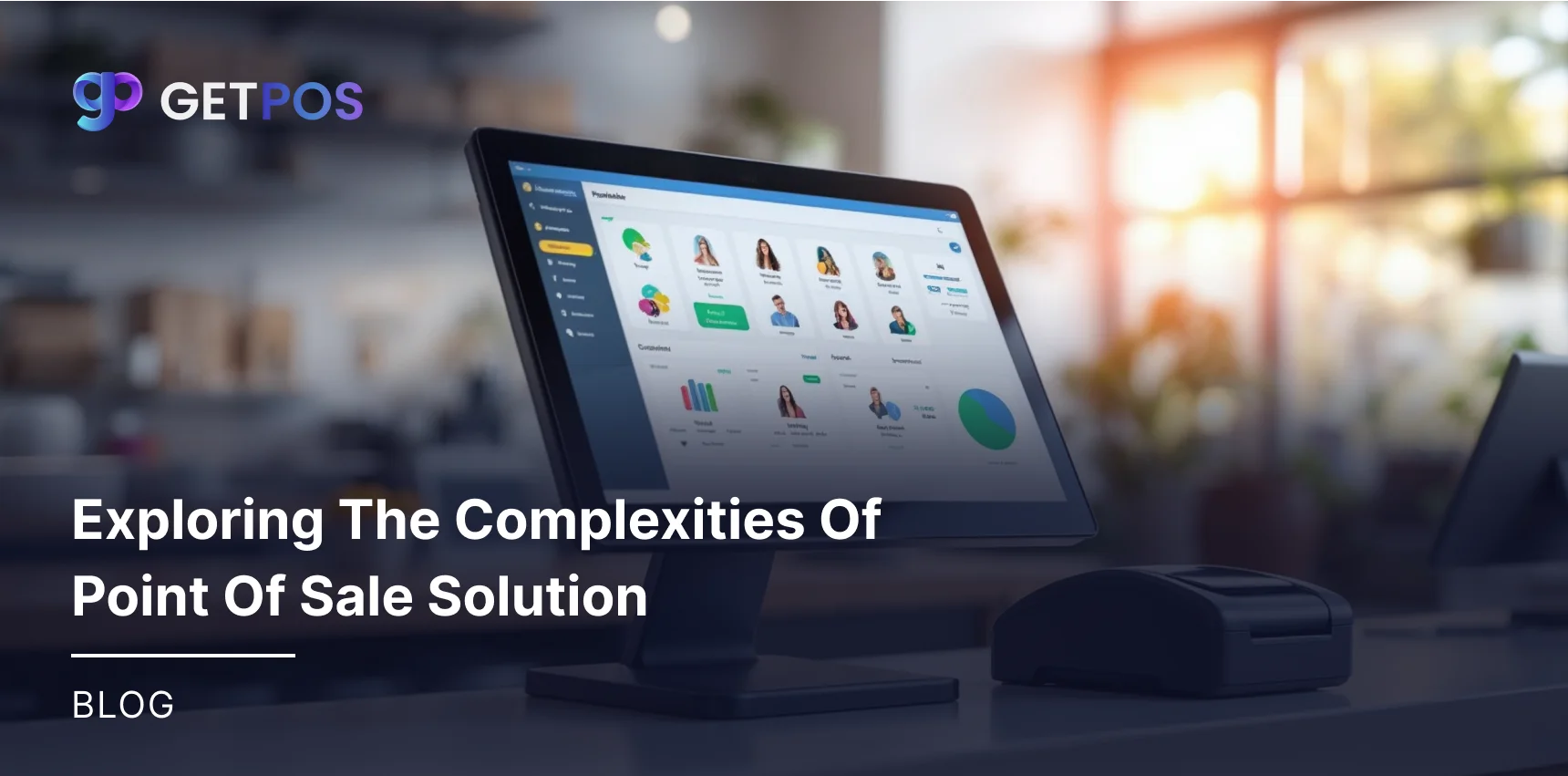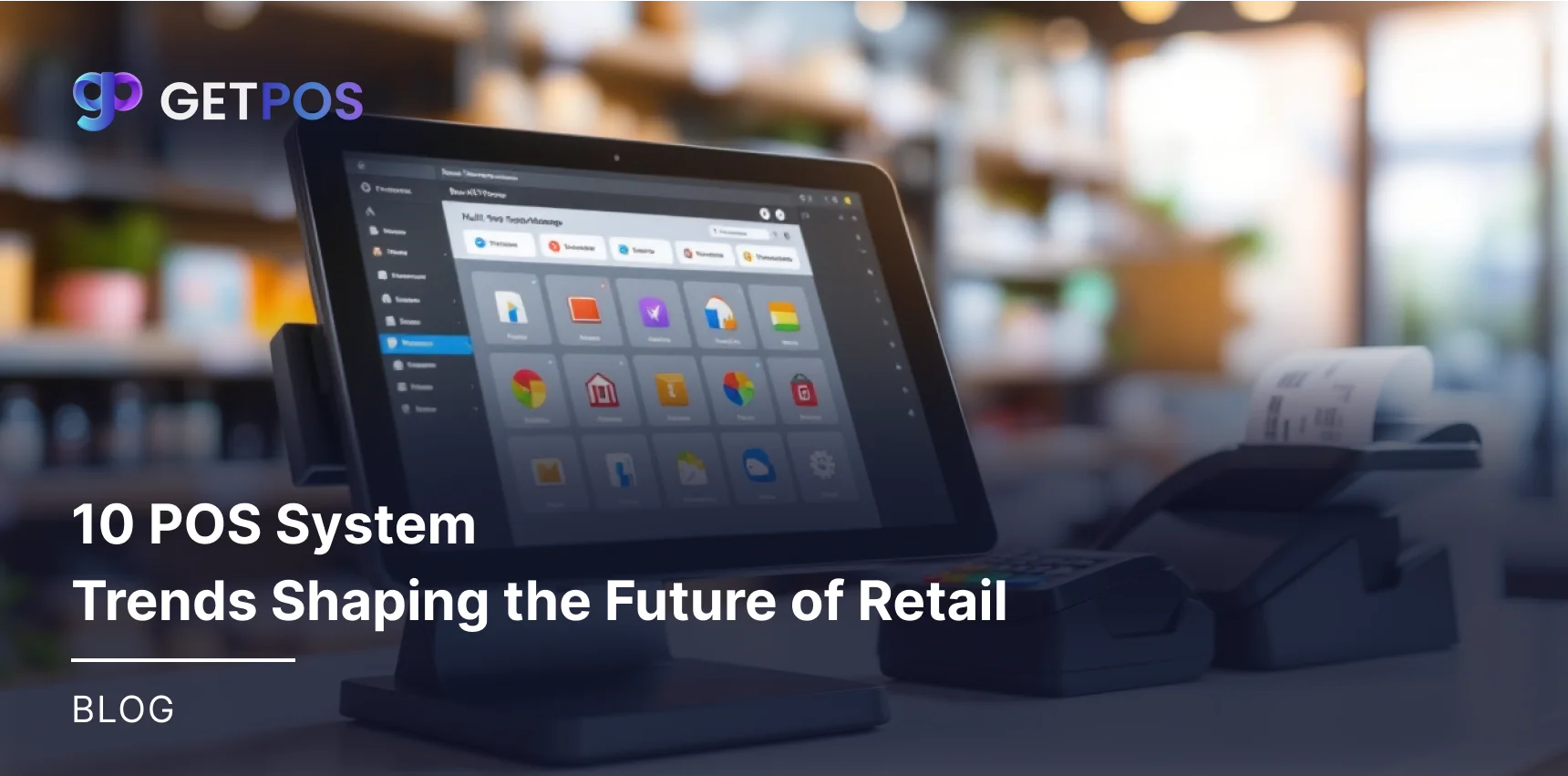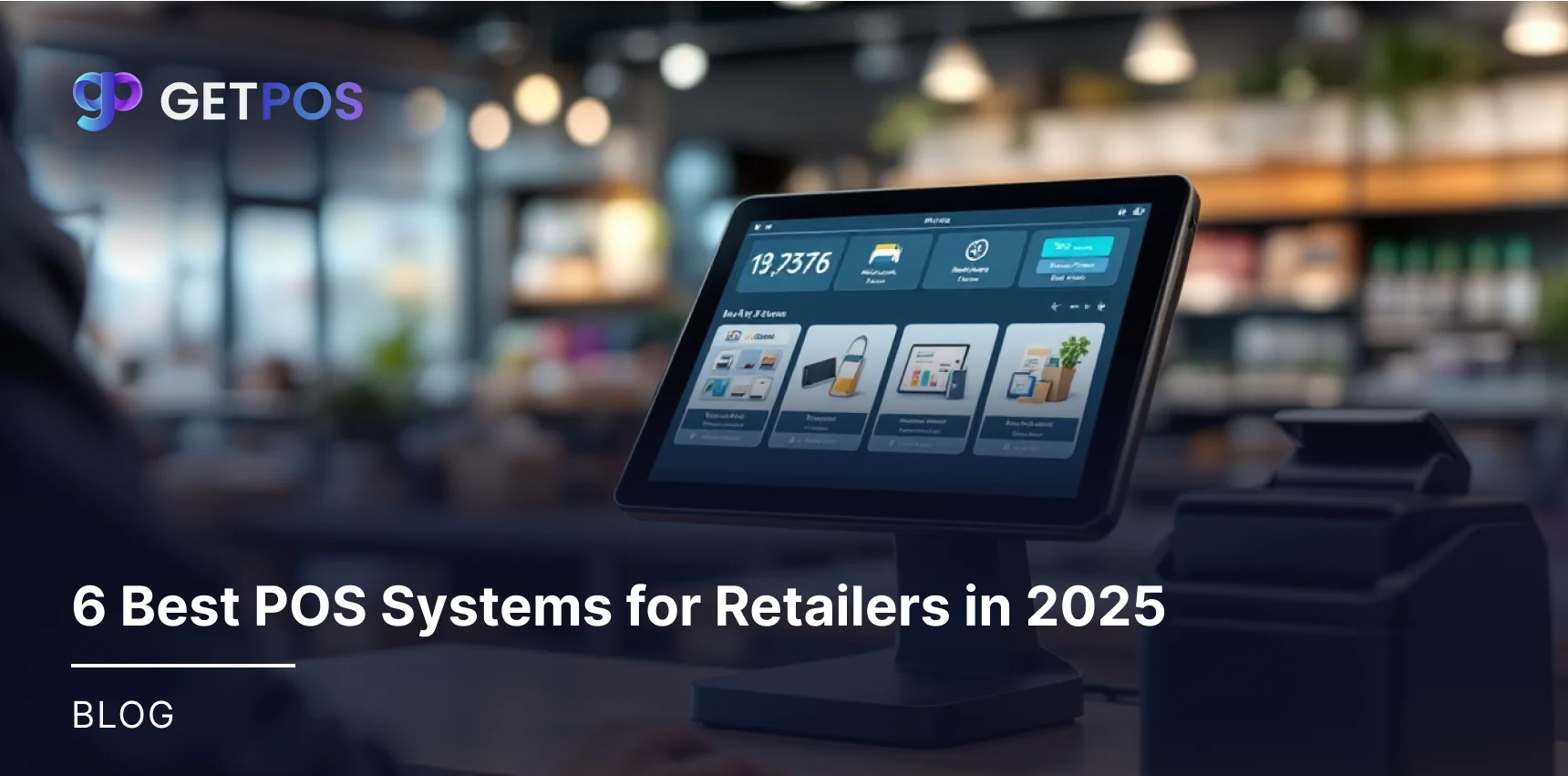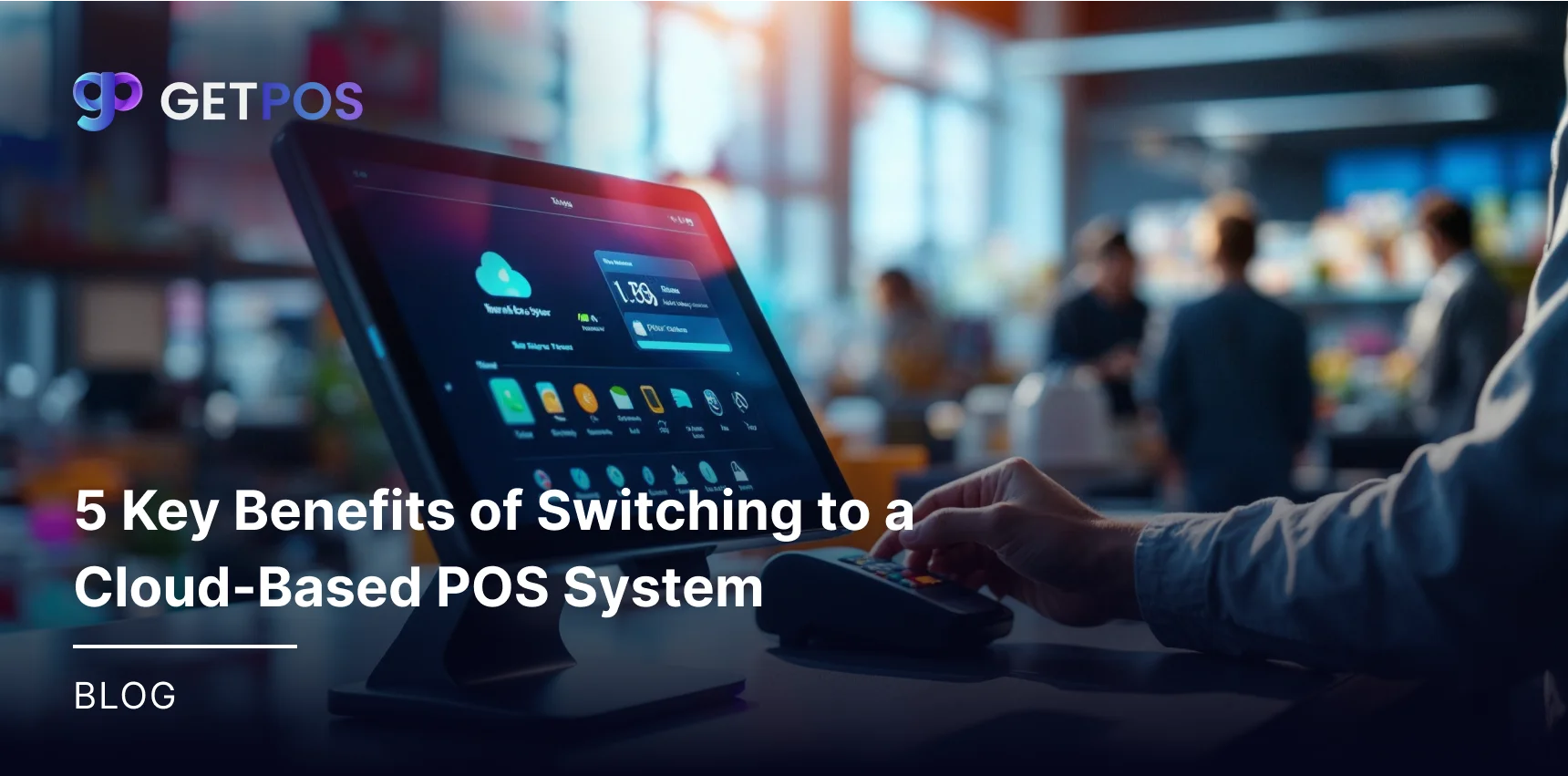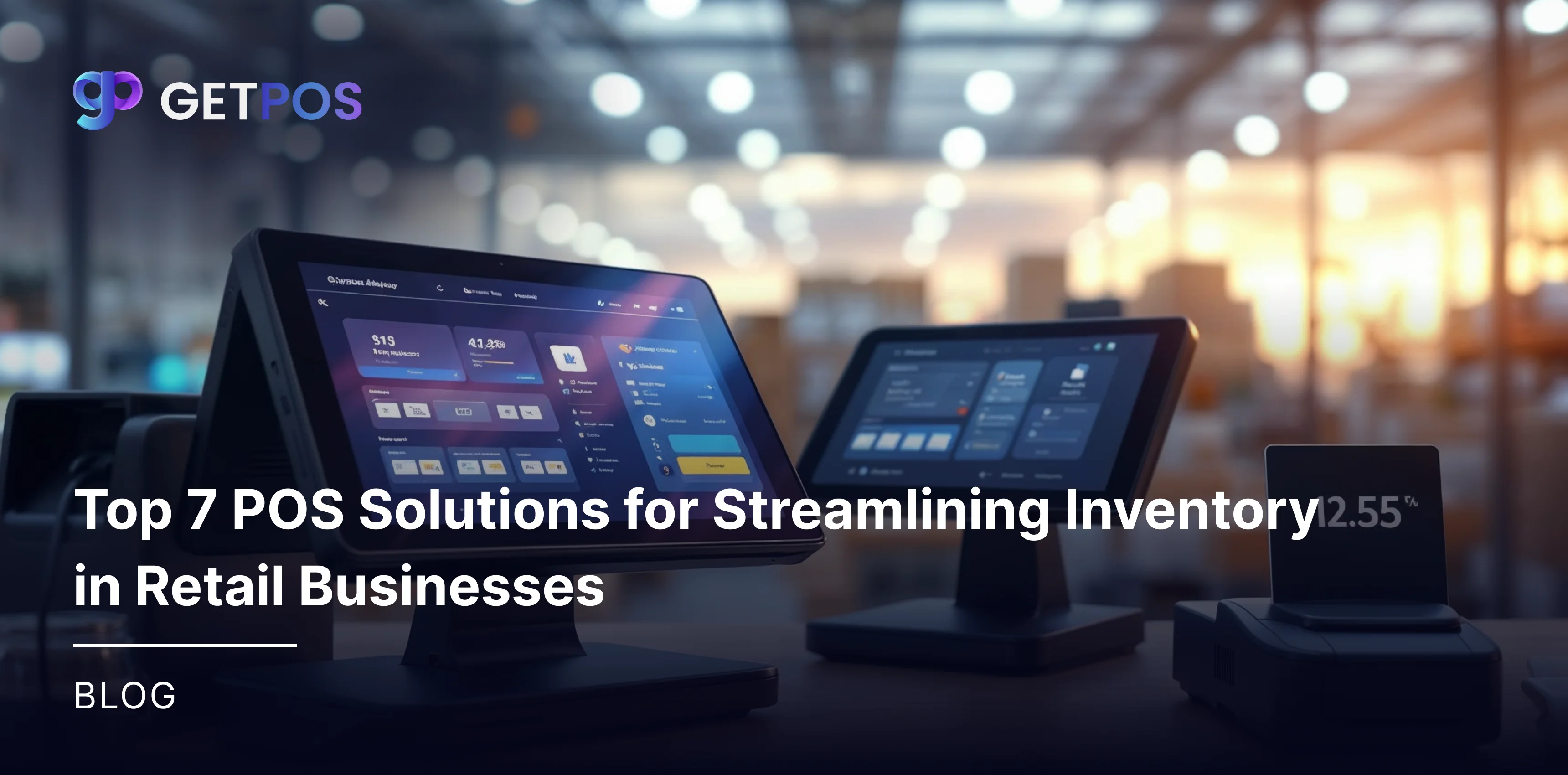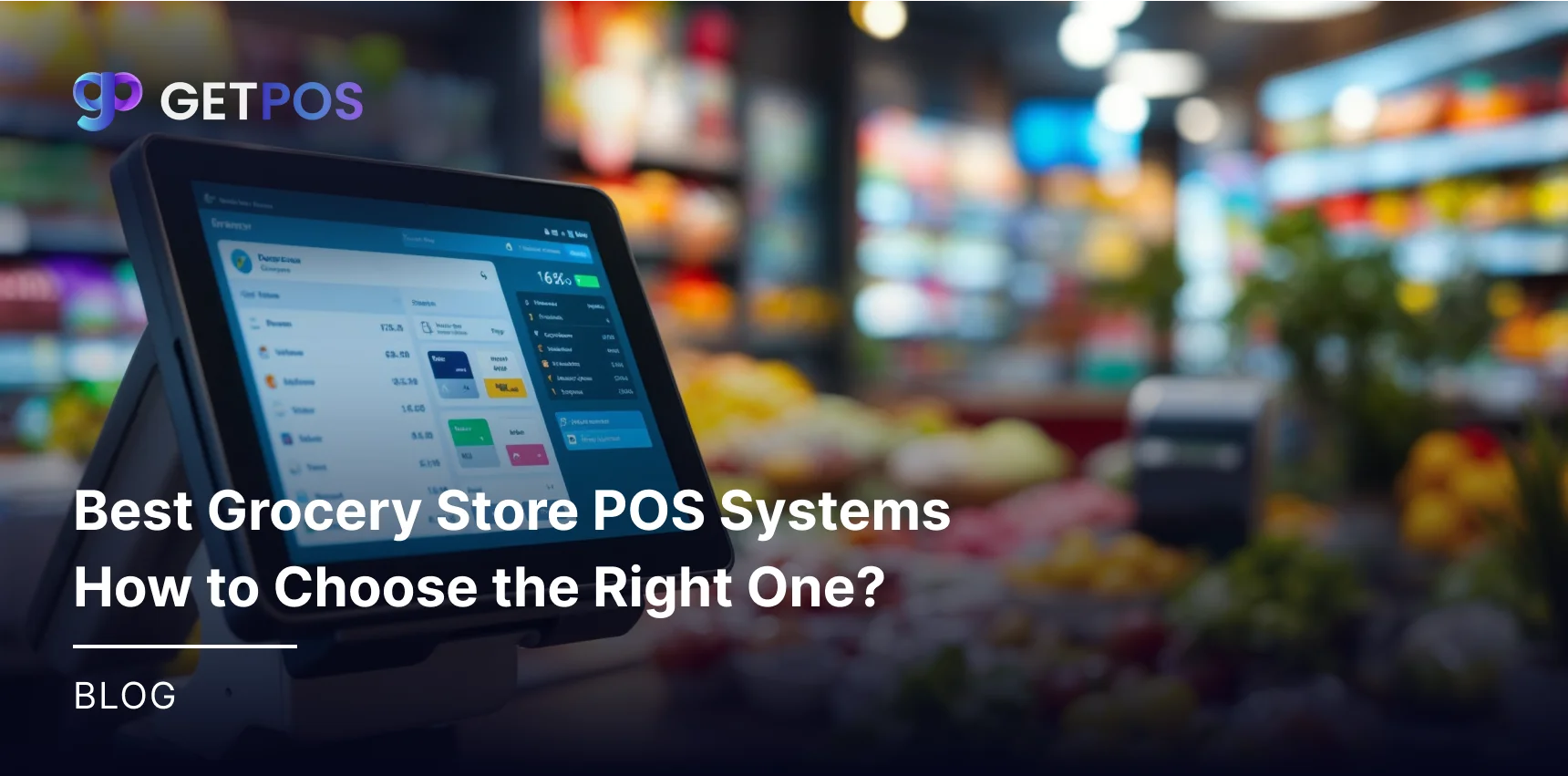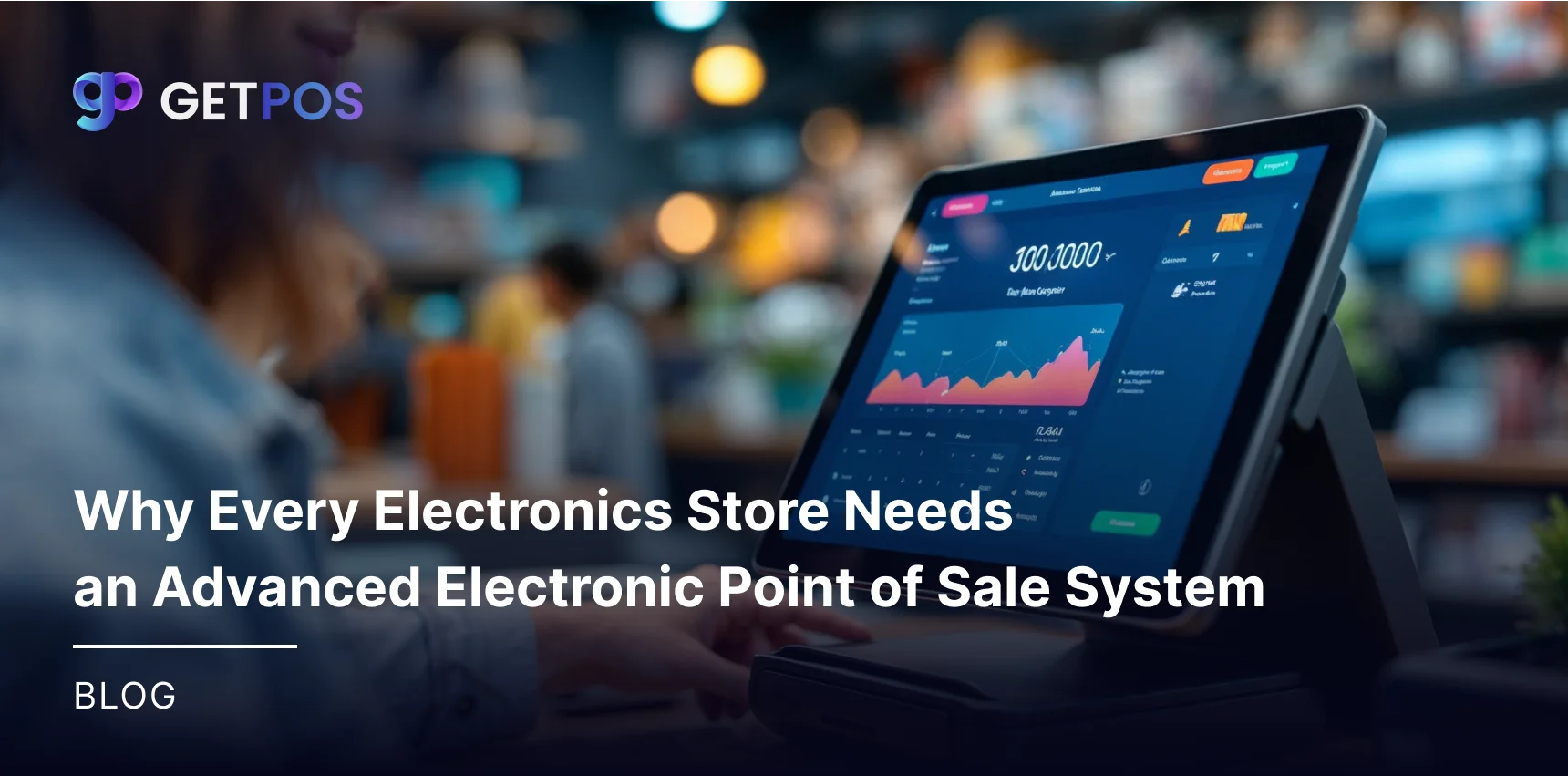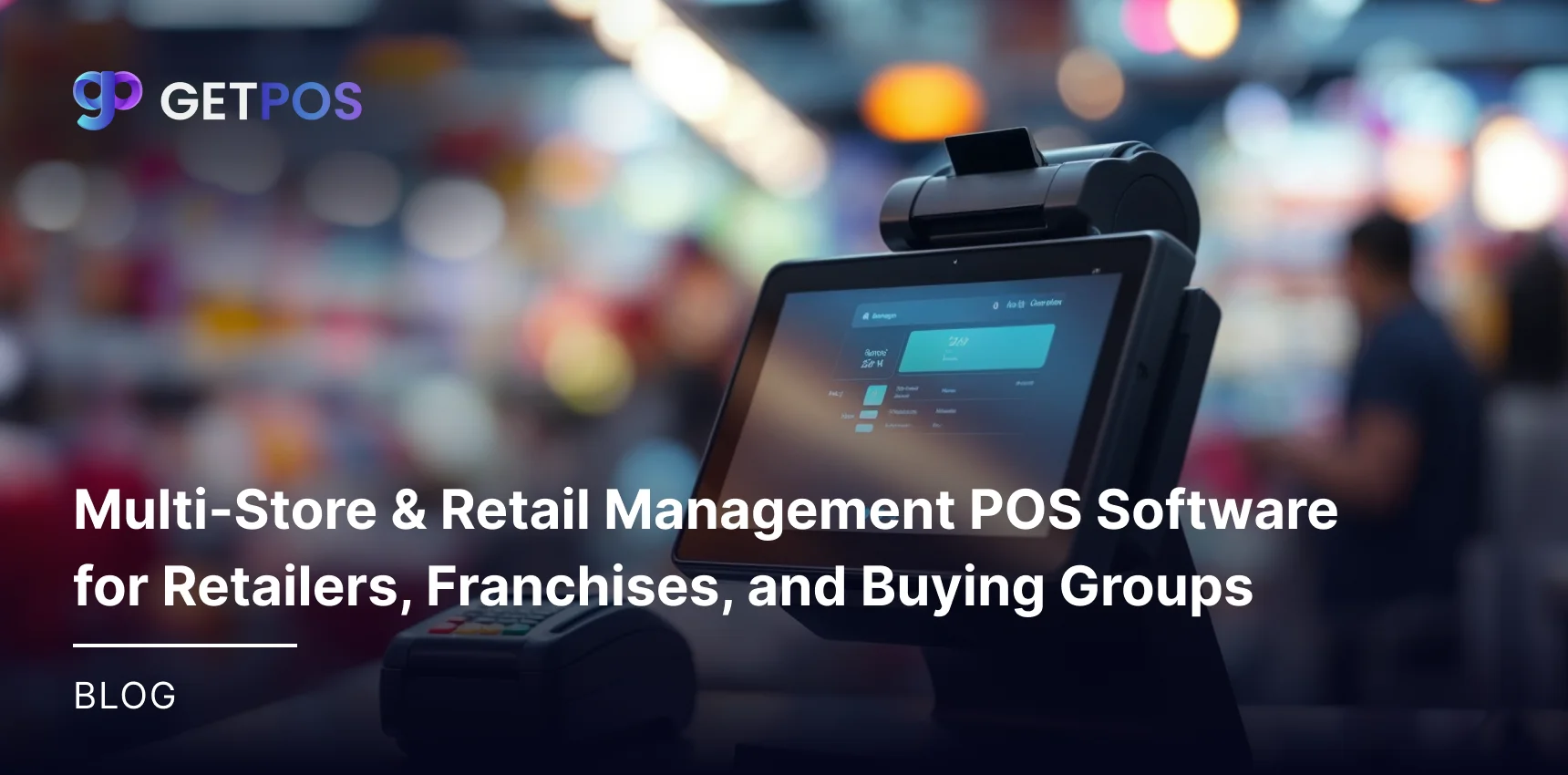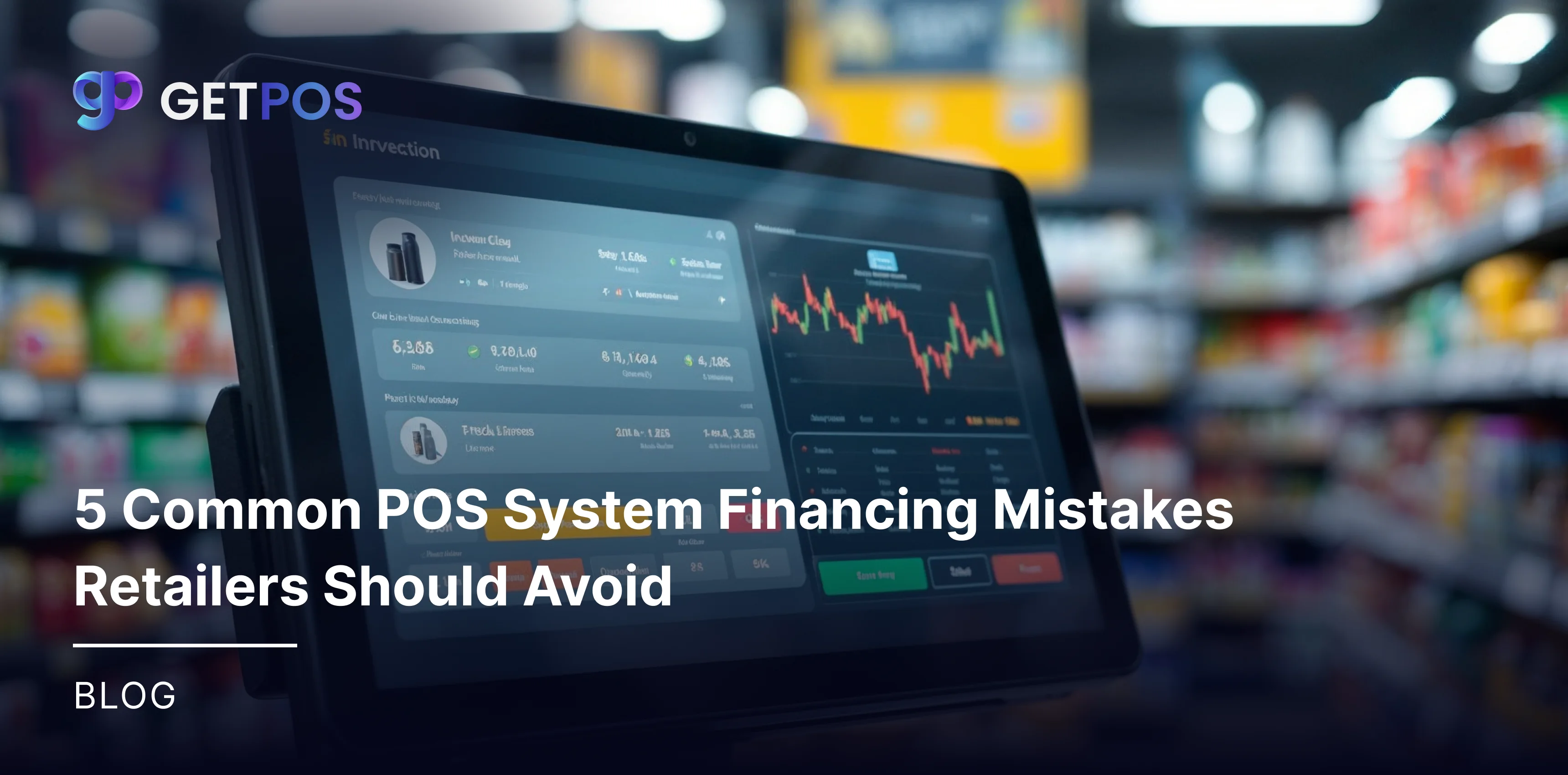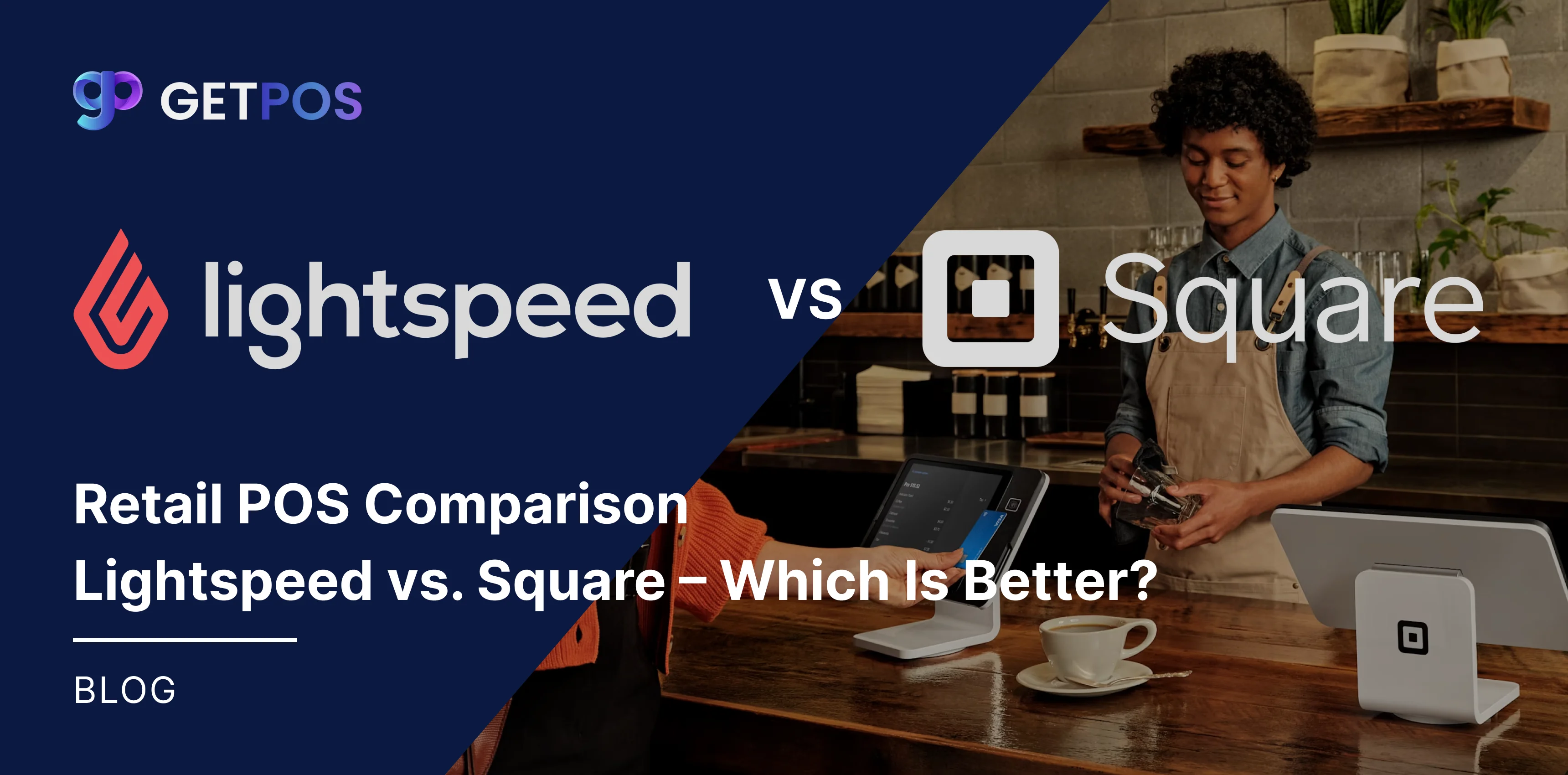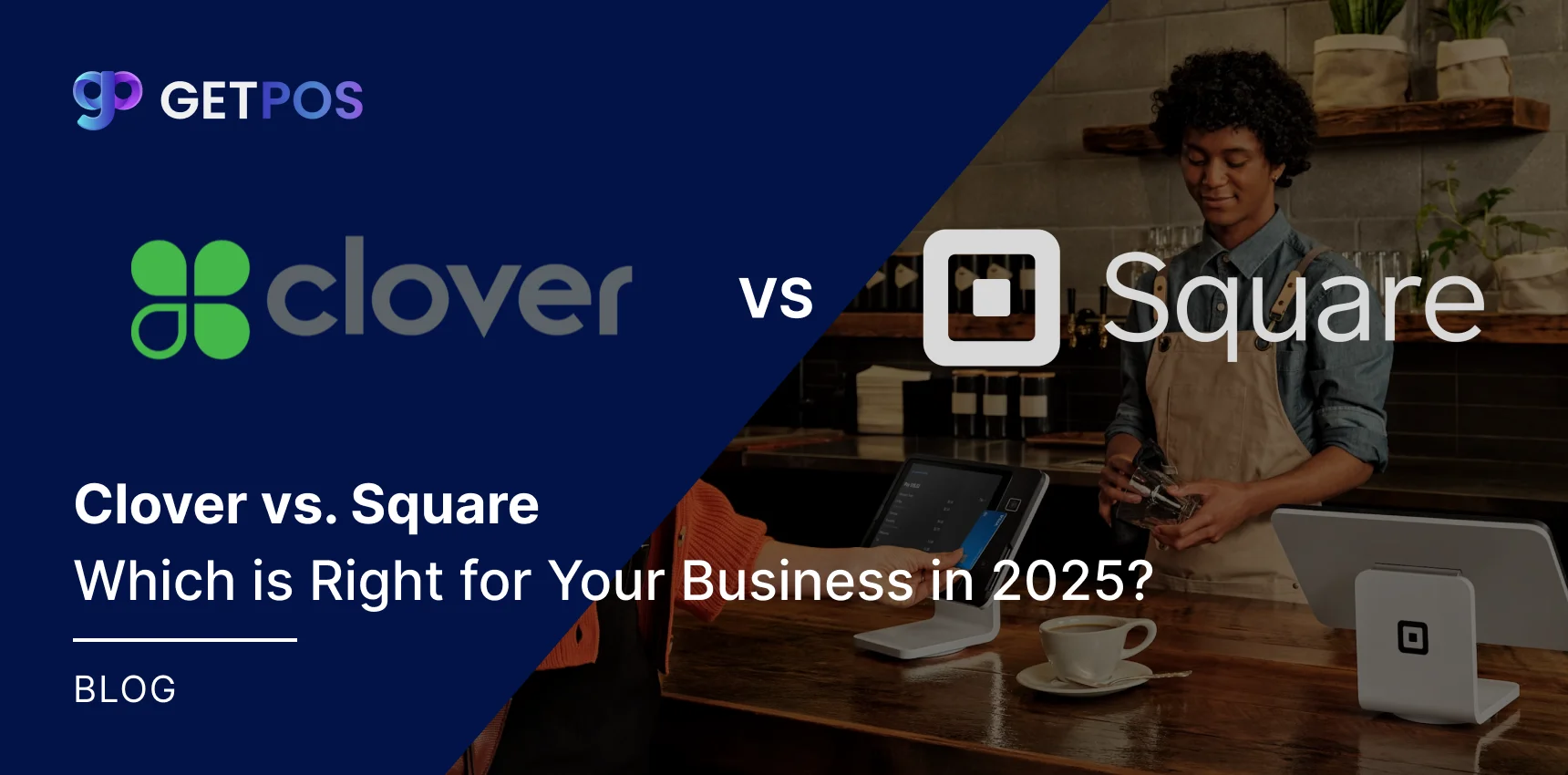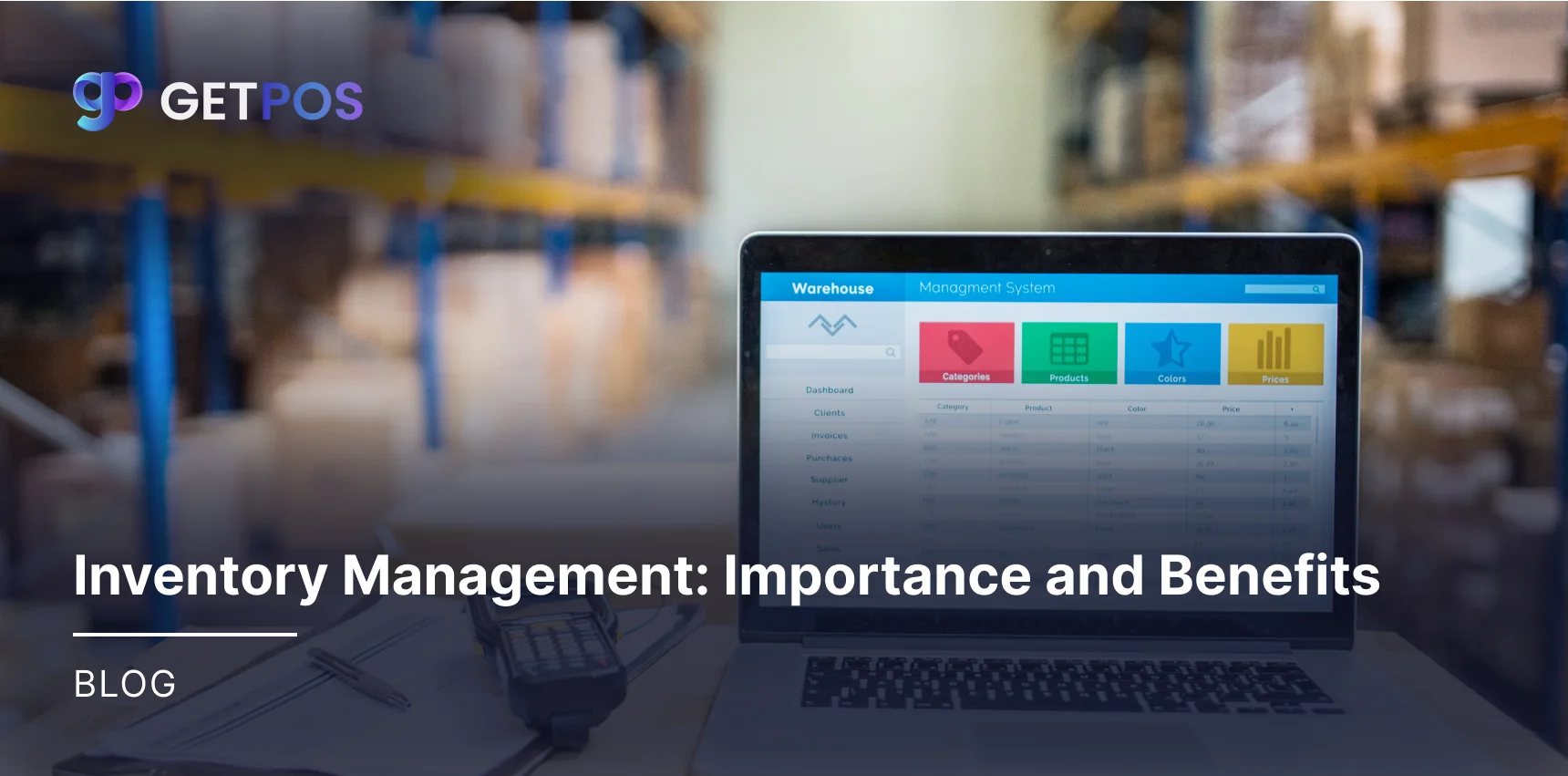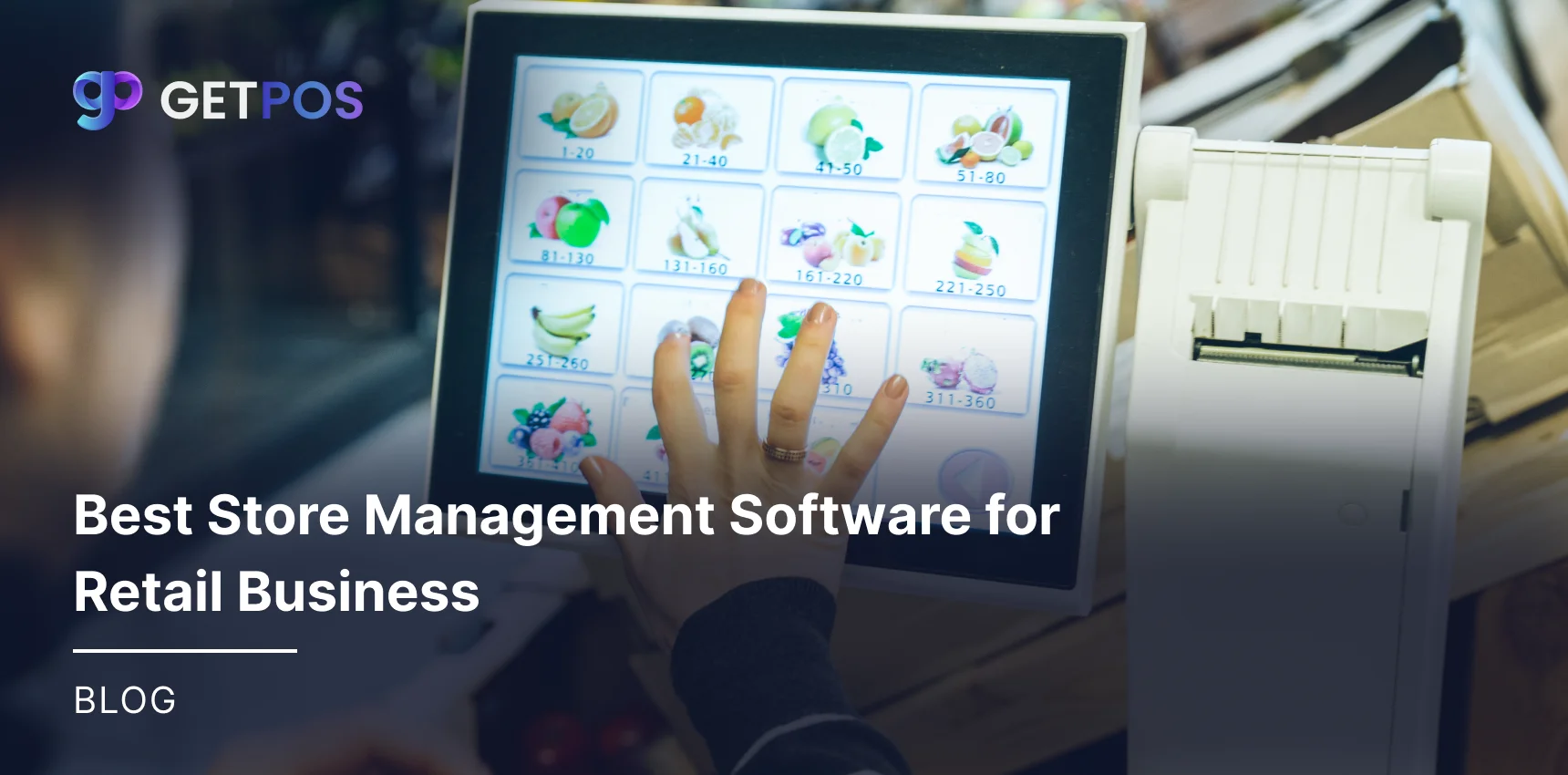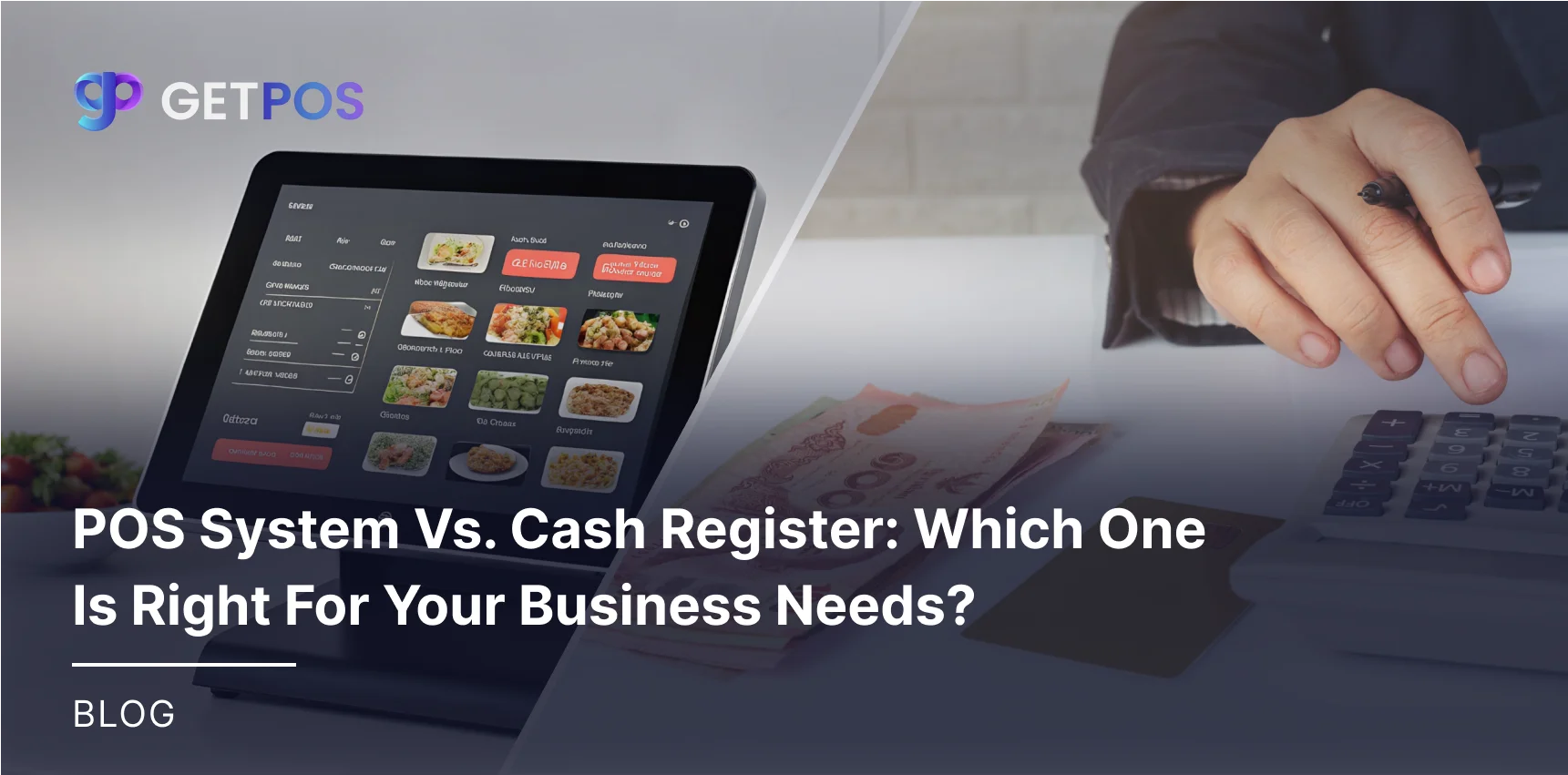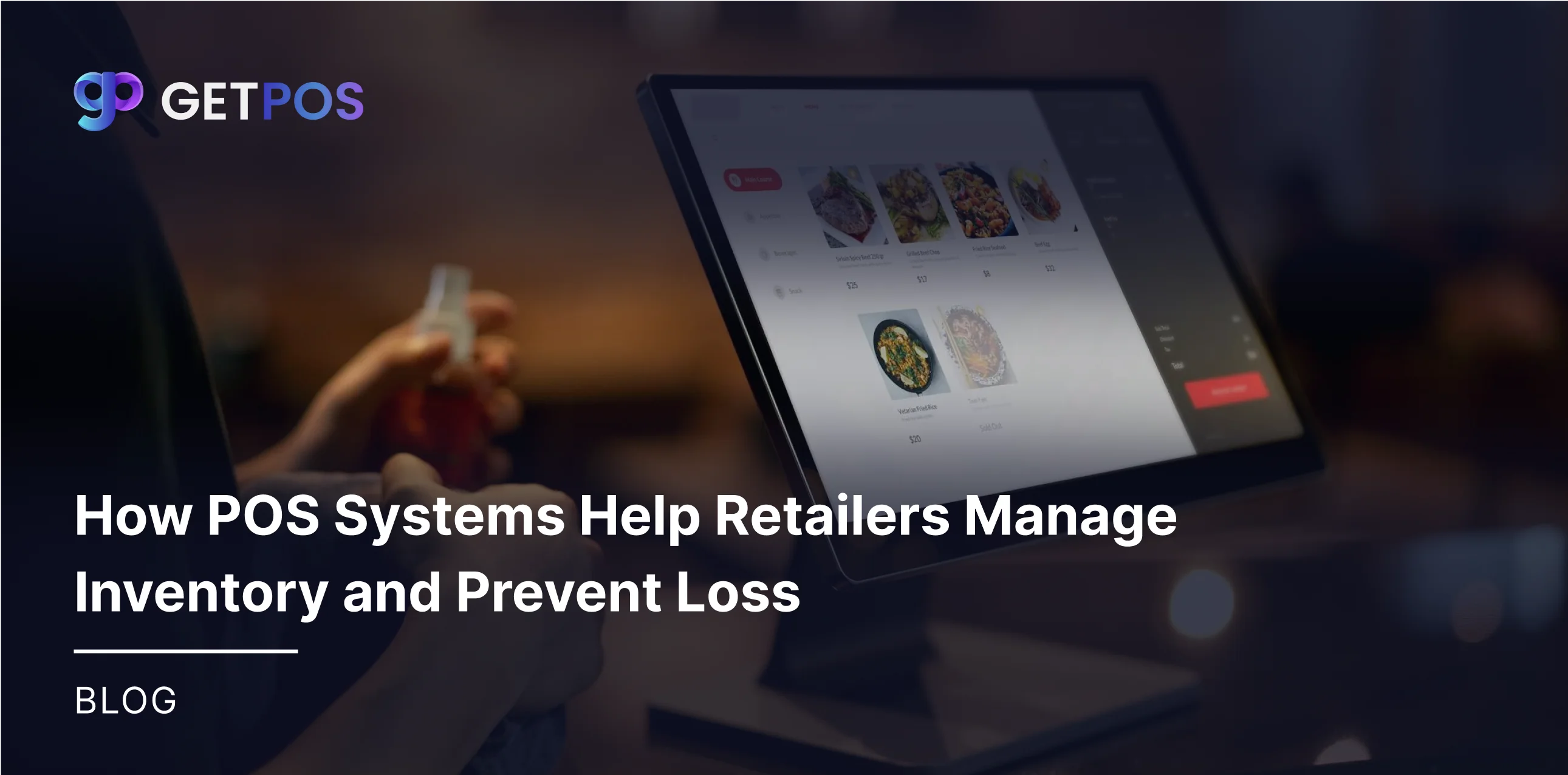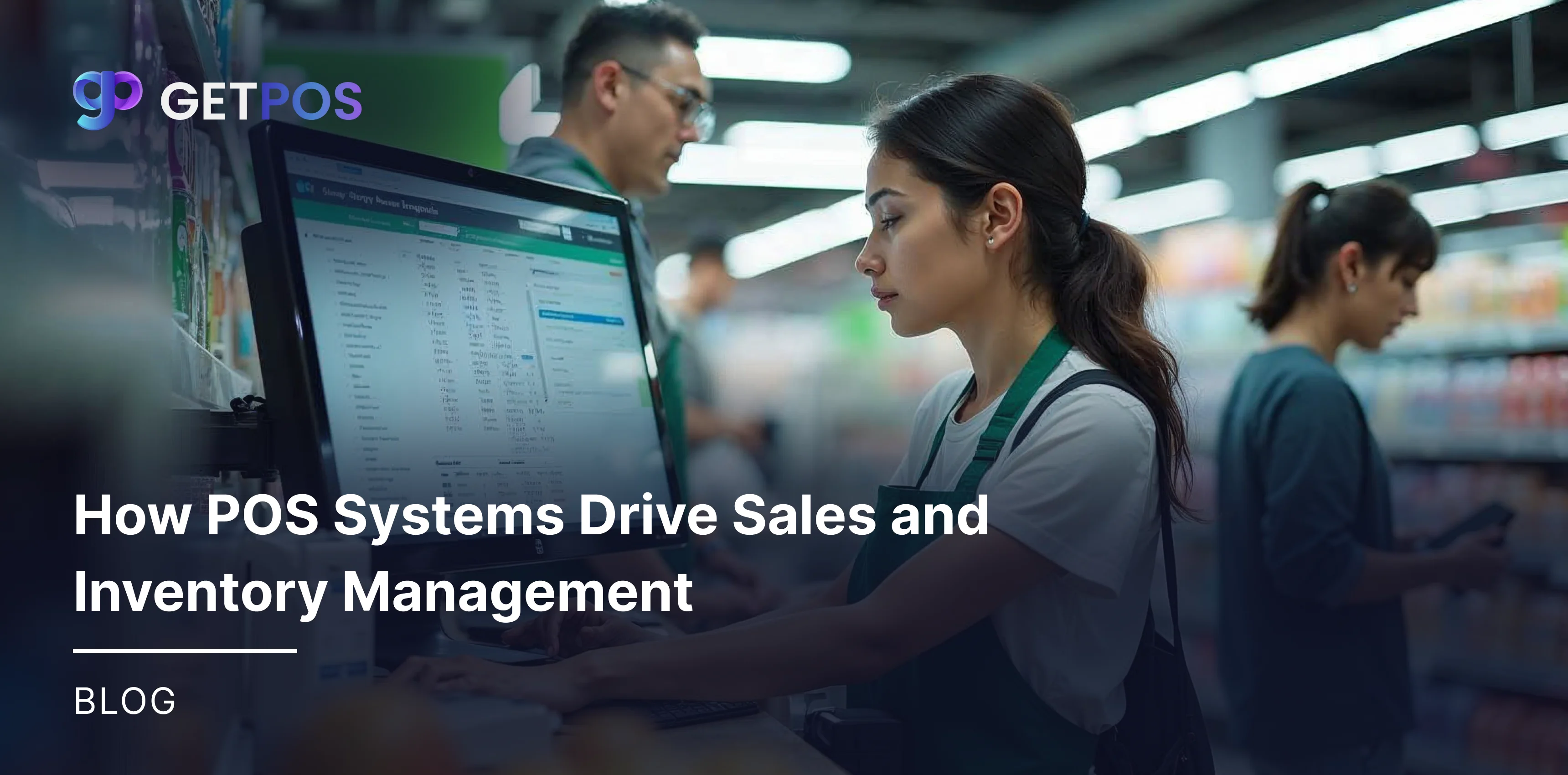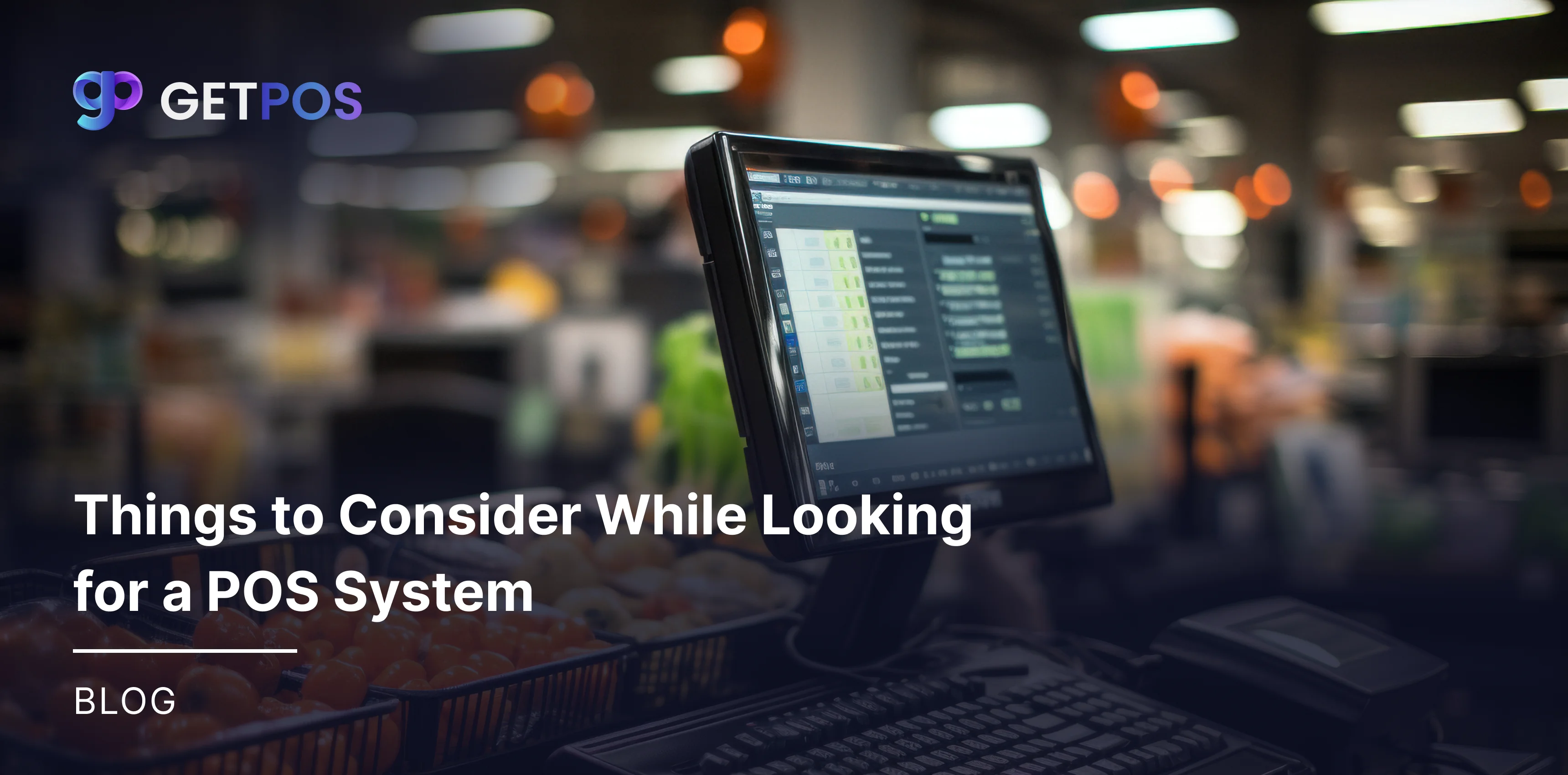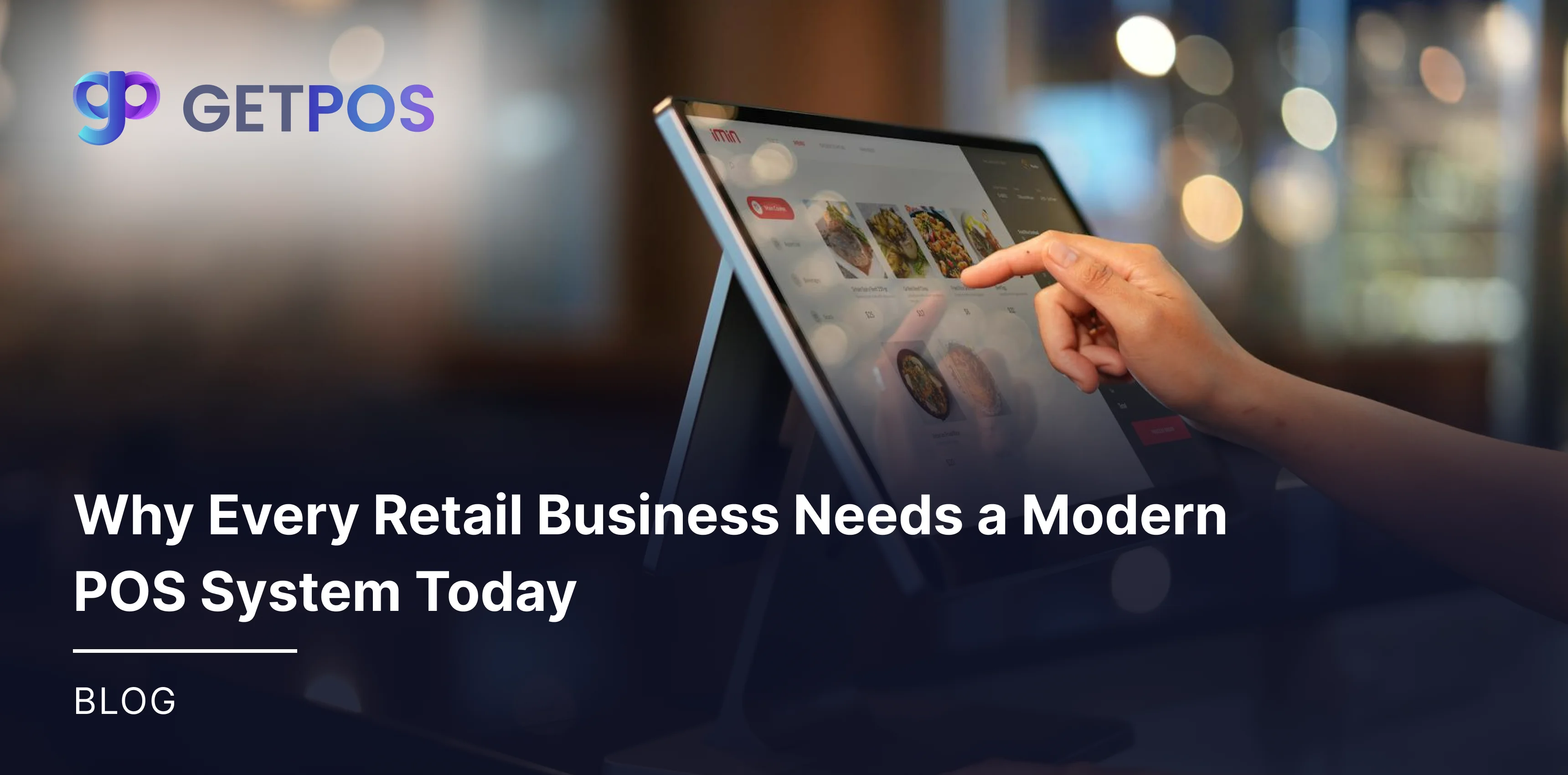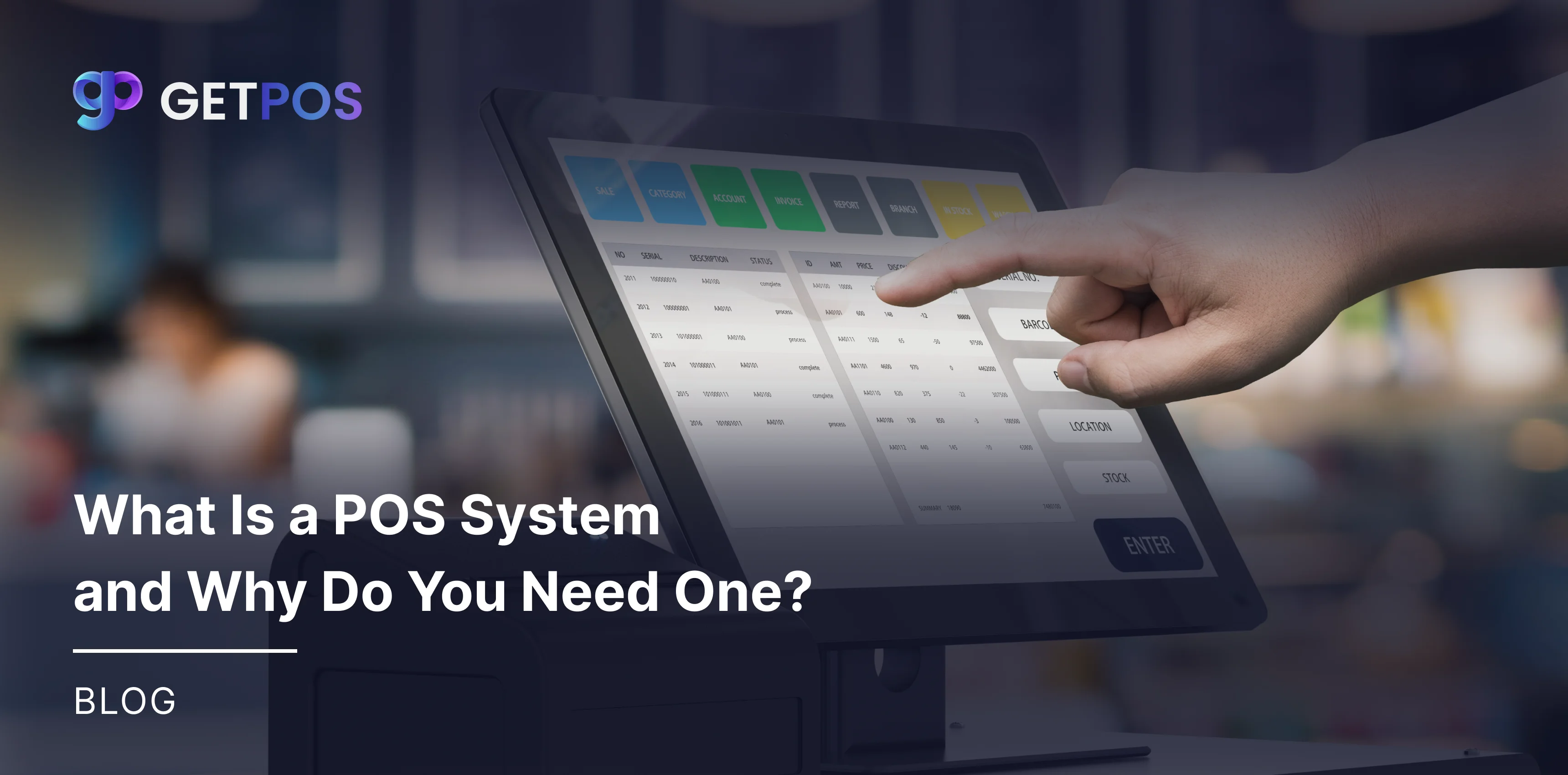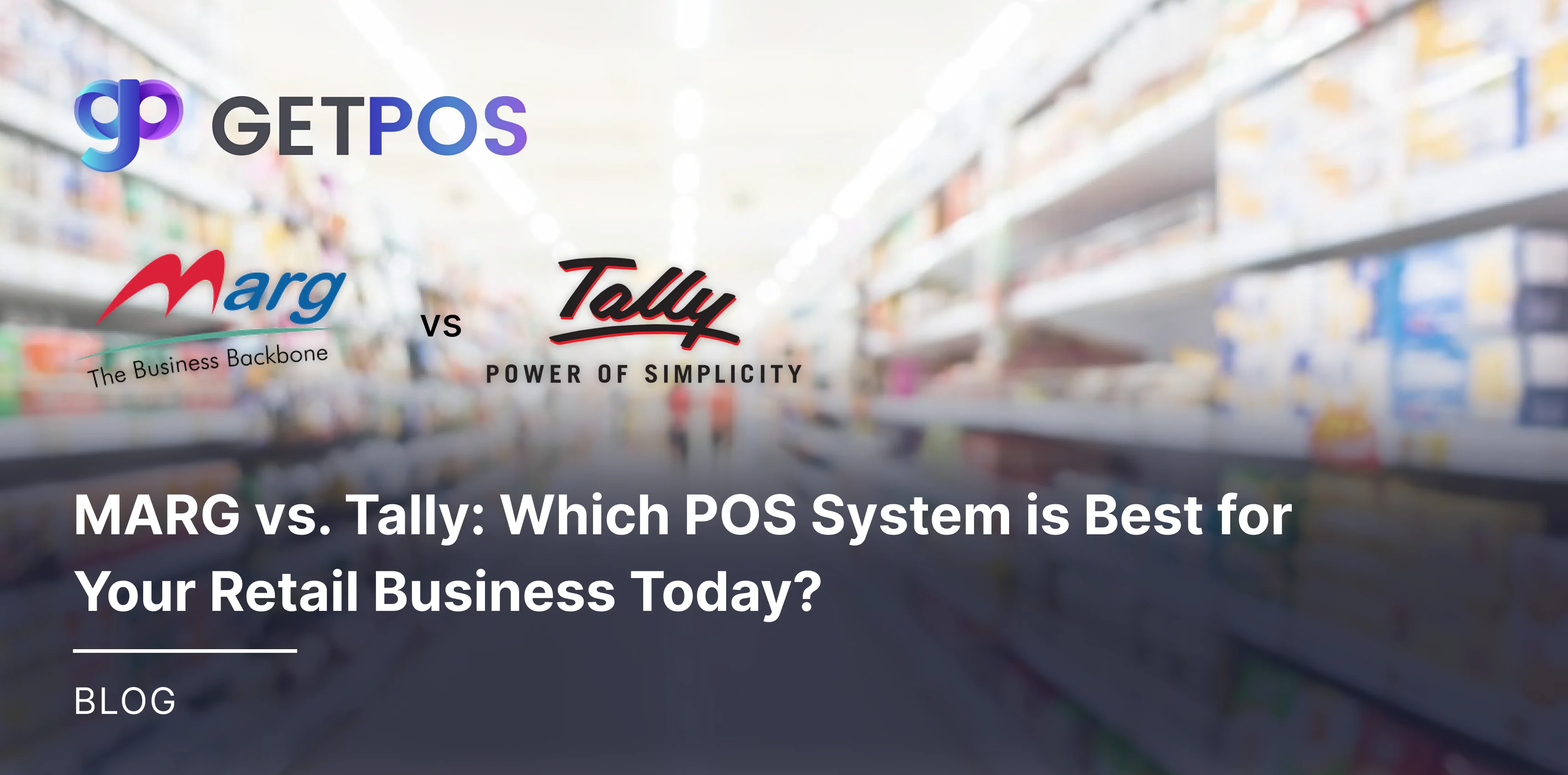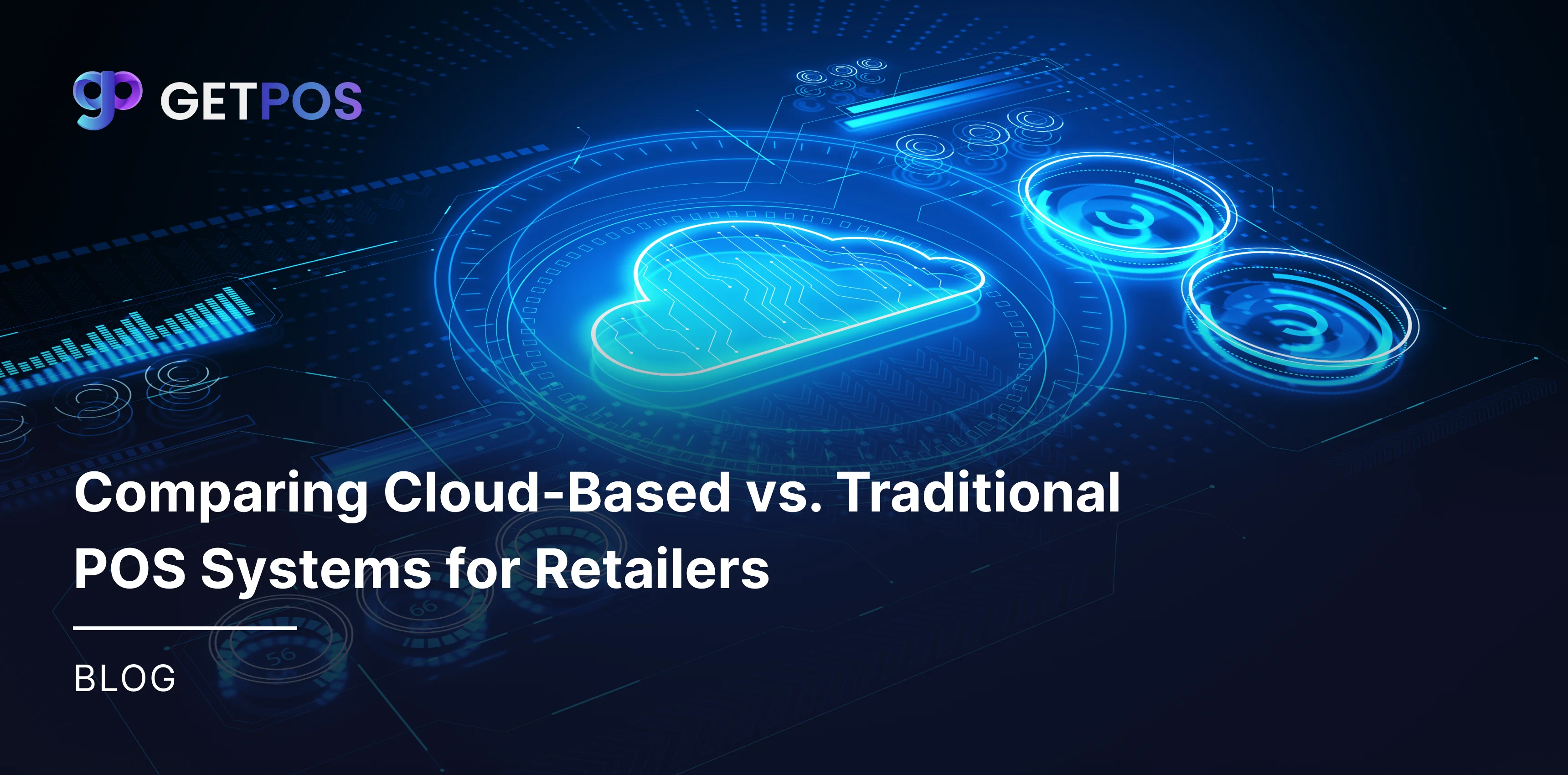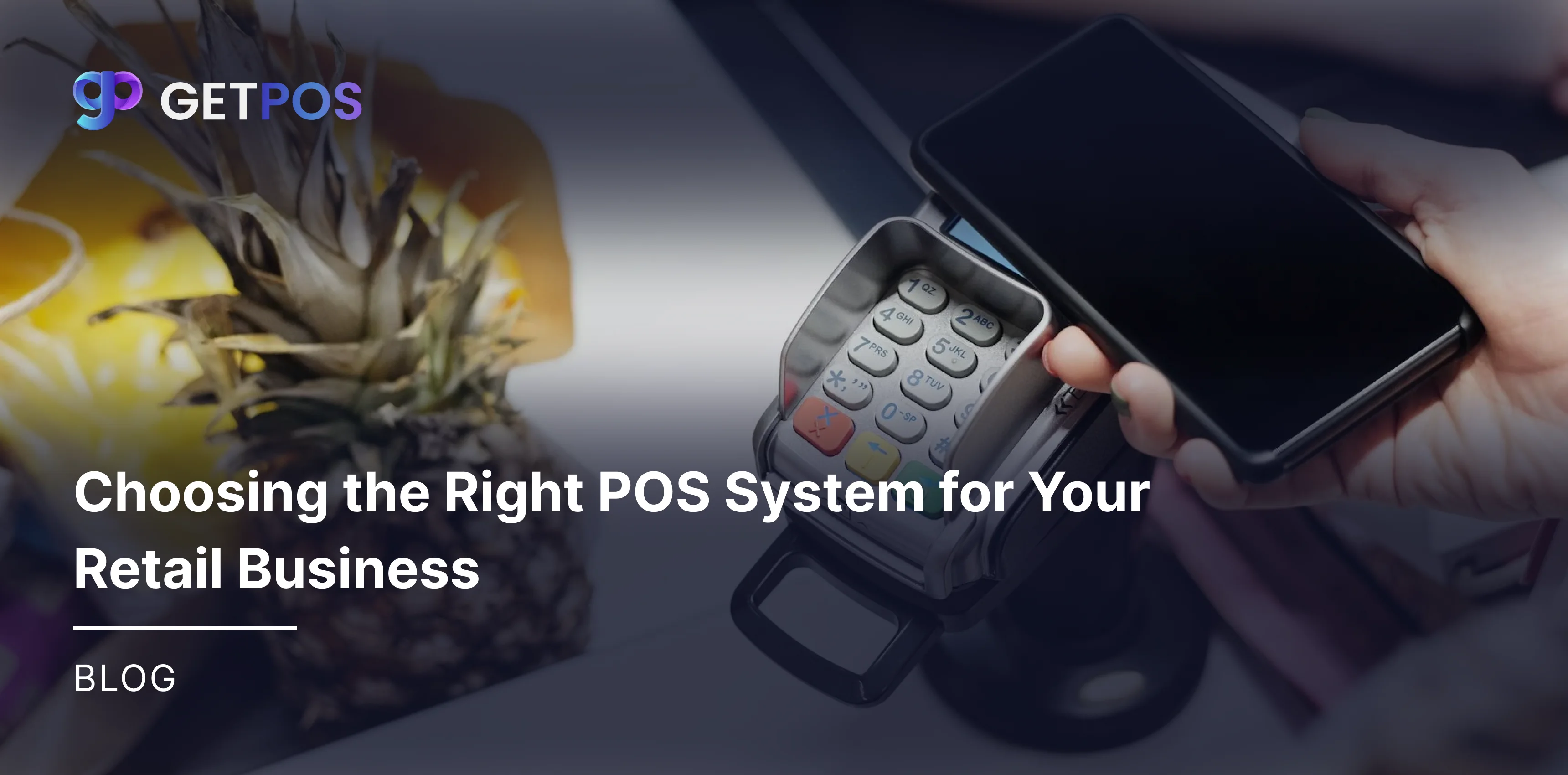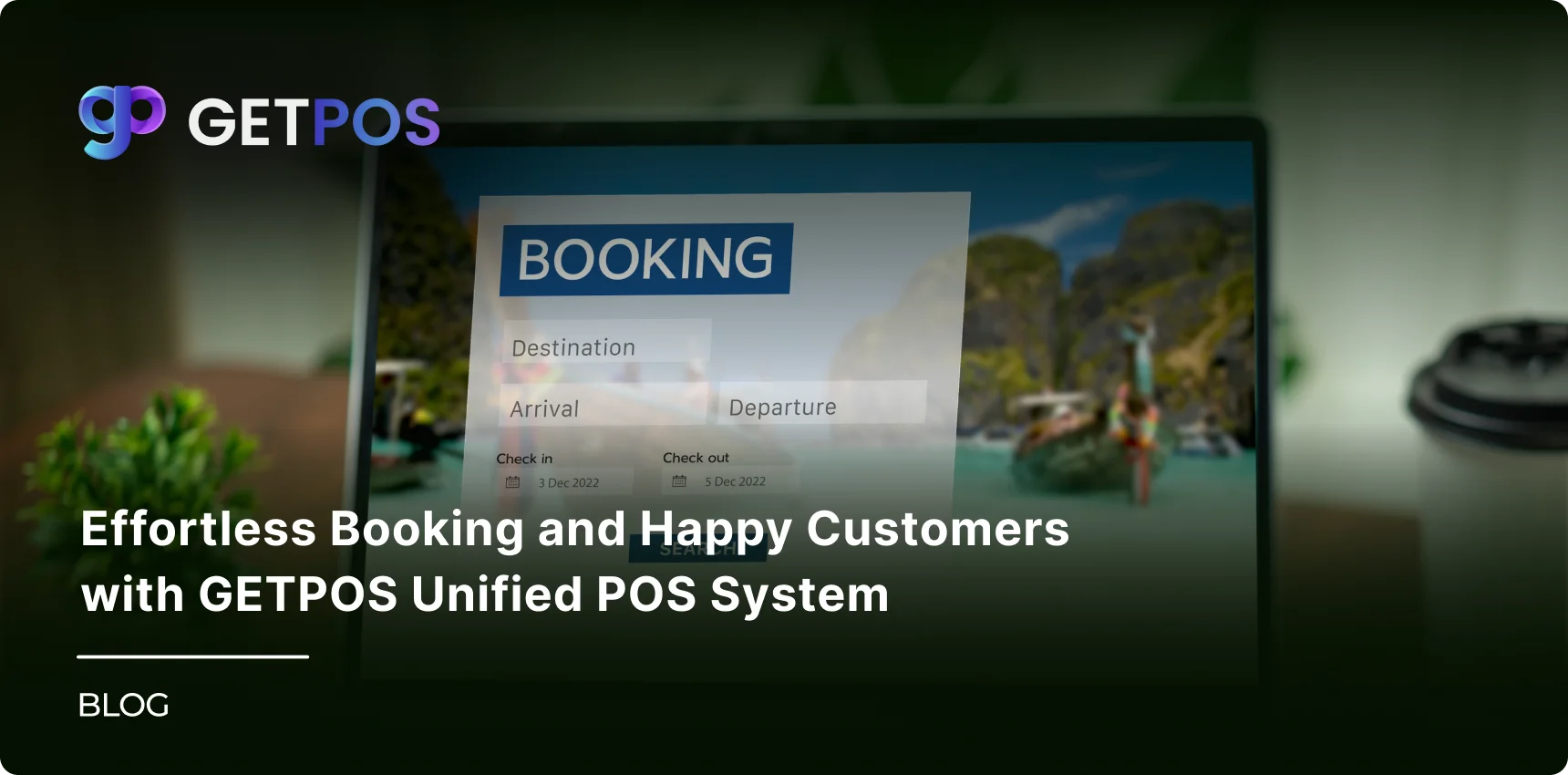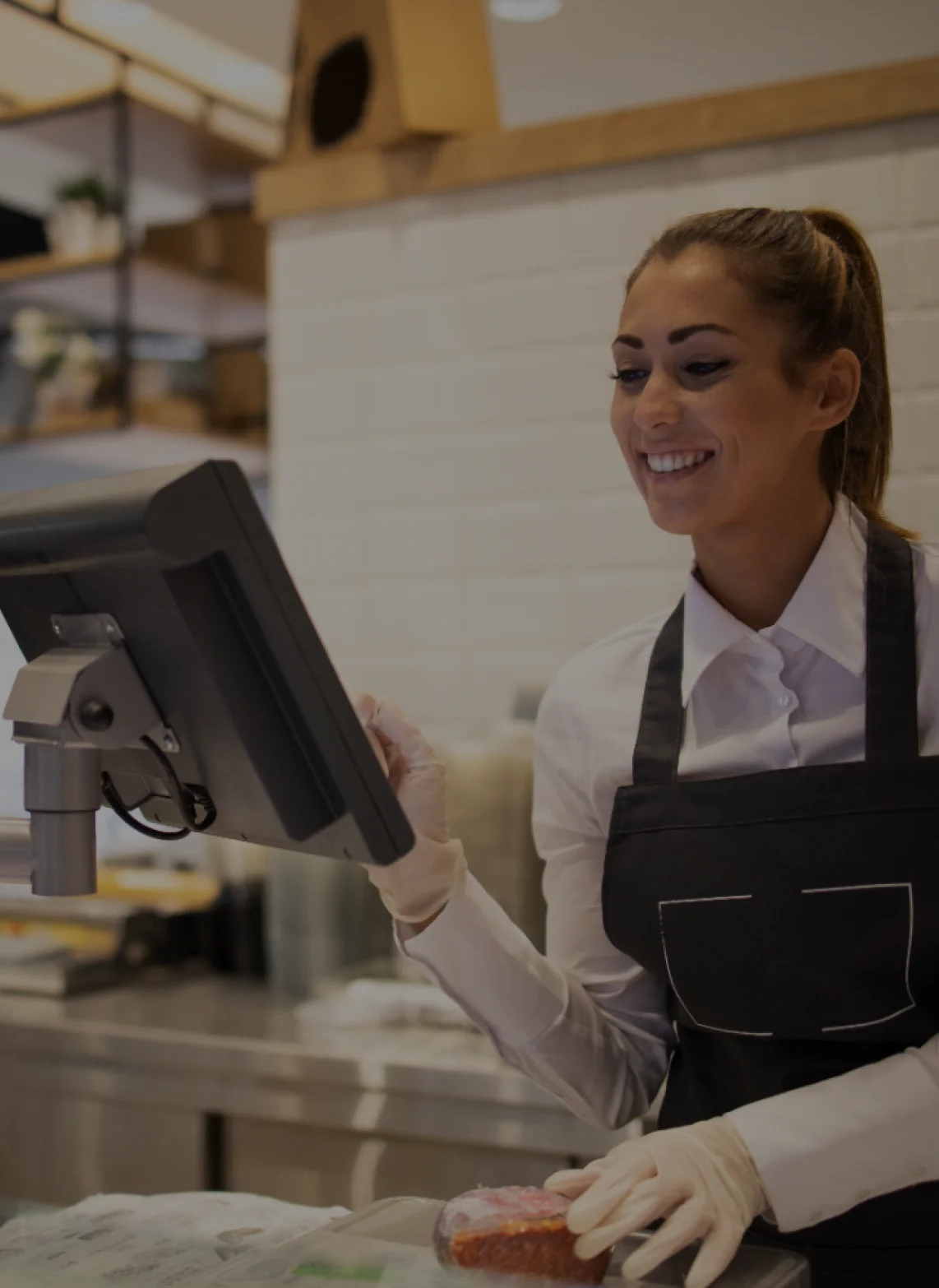Quick Summary
This blog compares GETPOS vs. Tally to help you choose the best pos system for retail. It covers features like inventory, billing, accounting, pricing, and support. Learn which system fits your retail business needs and how to pick the right software for smooth store management and growth.
Table Of Contents
Introduction
If you find it hard to manage inventory, handle billing quickly, or keep your accounts updated, you should consider getting the right POS system that properly suits your business and takes care of all its needs. In this blog post, we look at GETPOS vs. Tally and show how picking the right POS system for retail can solve these problems, and also make daily tasks easier. Between the two POS systems, GETPOS is designed for retail operations, focusing on inventory and billing, whereas Tally is known for its strong accounting features with some retail tools. We will also discuss common challenges like integration, scalability, and support, so you can choose the best system for your store’s needs.
Key Takeaways
GETPOS is best for easy retail sales and inventory.
Tally excels in detailed accounting and finance.
Choose based on your store's specific needs.
Consider pricing, support, and integration options.
Plan for future growth and system scalability.
Understanding the Basics: What Are GETPOS and Tally?
Before comparing the two different POS systems, let us first understand their basics, GETPOS vs. Tally.
GETPOS is a cloud-based retail business POS software that is mainly designed to help stores manage sales, inventory, payments, and more from any device. It is built for modern retail businesses and offers many useful and easy features like real-time inventory tracking, multi-store management, supplier management, and easy billing. GETPOS also includes various important tools for accounting, HR, and payroll, making it a complete solution for performing the various retail operations for your business. Its main focus is on making daily retail tasks simple and efficient, helping businesses process sales quickly and keep shelves stocked.
Tally, on the other hand, is mainly known for its strong accounting features but also offers POS capabilities. By using Tally, retailers can record sales, manage inventory, and generate POS invoices using barcodes and multiple payment modes, which are helpful features to have for any retail business. Though it can handle basic retail tasks, its main strength is in financial management and detailed accounting.
The main thing to remember is that GETPOS and Tally do different jobs. GETPOS is made for pos system for retail. It helps with keeping track of what you have in stock, making sales quickly, and managing your store. Tally, however, is great for keeping detailed records of your money and making sure your business follows all the rules. So, if you need help with sales and managing your store, GETPOS is a good choice. If you need help with complex accounting, Tally might be better.
You can also understand What Is POS System?
Key Features Comparison: GETPOS vs. Tally
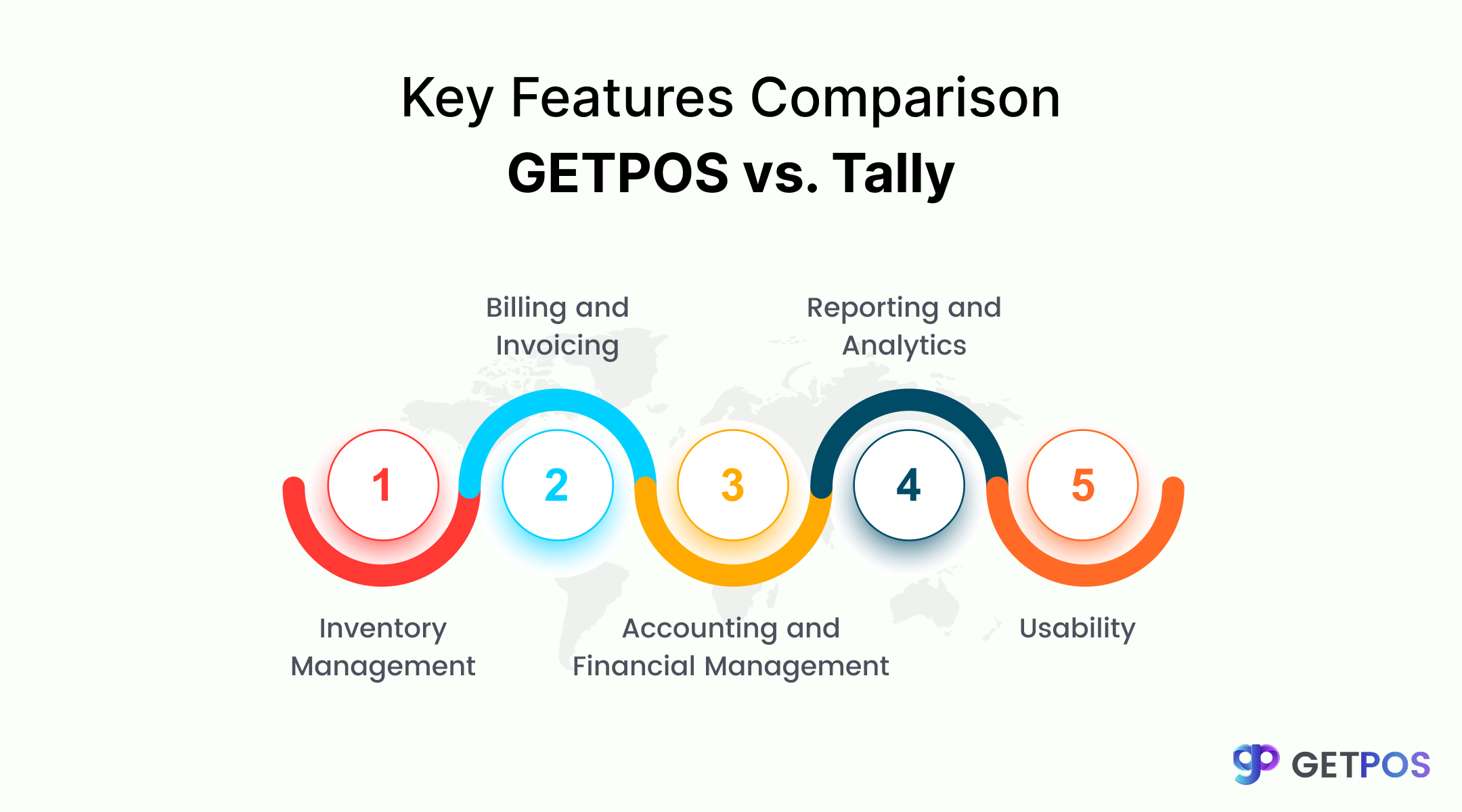
Let us first do some POS system comparison of some of the main or key features between the two best POS system for retail.
Inventory Management: GETPOS gives you efficient and useful tools to track your stock, set reorder levels, and sort products into categories. It helps you see what’s in your store in real time and makes it easy to restock. Tally also tracks inventory, but its features are more basic and mainly support accounting needs. Learn How POS Systems Help Retailers Manage Inventory.
Billing and Invoicing: With GETPOS, billing is fast and simple, so with this, you can customize bills, handle GST, and accept many payment types. Tally also lets you make invoices, supports GST, and accepts different payments, but it is more focused on accounting and may not be as quick for busy retail counters.
Accounting and Financial Management: Tally is best for accounting, as it helps you manage accounts, taxes, payroll, and financial reports in detail and in a very easy way. GETPOS offers basic accounting and can connect with other accounting tools, but it is mainly for sales and store management.
Reporting and Analytics: GETPOS gives you clear sales and inventory reports to help you make decisions quickly, so with this, you can easily see real-time data and trends. Tally offers detailed financial and management reports, which are great for tracking business performance and planning.
Usability: GETPOS is simple for retail staff to use, with an easy interface and quick setup. Tally is more complex and is better for users with some accounting knowledge. It may take more time to learn for retail staff who are new to accounting systems.
Learn more about how to maximize efficiency with POS.
Suitability for Different Retail Business Types: GETPOS vs. Tally
Let us understand how different retail businesses can benefit from choosing from the two POS systems to help scale and grow their business and take care of their business operations.
Small Retailers and Boutiques
For small shops and boutiques, GETPOS is a better fit. This is because it is simple to use, helps with billing, and makes tracking inventory easy. Tally is more focused on accounting, so it may be harder for small retail staff to use for daily sales and stock work.
Multi-location or Chain Stores
GETPOS works well for businesses with many stores, since you can manage all locations from one place, track sales, and keep inventory updated everywhere. Tally can manage accounts for many stores, but it does not handle real-time inventory and sales across locations as smoothly as a dedicated pos system for retail.
Check out Best POS Systems for Retailers.
Businesses with Complex Inventory
If your store has many products, sizes, or categories (like electronics or supermarkets), GETPOS is more suitable. It helps manage all types of stock, gives real-time updates, and reduces mistakes. Tally’s inventory tools are basic and may not handle complex retail needs well.
Accounting-heavy Operations vs. Sales-focused Operations
If your main need is detailed accounting, Tally is strong with accounts, taxes, and reports. For businesses focused on sales, billing, and inventory, GETPOS is a better POS system for retail because it is built for daily retail tasks and easy store management.
Pricing, Support, and Integration: How to Choose: Key Considerations Before Deciding
When choosing a pos system for retail, look at the price, support, and how well it works with other tools. GETPOS often has a monthly fee, which covers updates and support. Tally usually has a one-time cost, but you may pay extra for updates and help. Good customer support and easy training are important, so check if the company helps you set up and learn the system. Also, see if the POS can connect with your e-commerce store, payment gateways, or other business tools you use like Best POS for Retail Clothing.
So, before you decide, make a list of what your store needs. You can consider whether you need simple sales tools or strong accounting. Think about whether your business will grow with more stores later. Check if the system is easy for your staff to use and if it can handle updates and grow with your business. Choosing the right retail business POS software means thinking about your needs now and in the future.
Conclusion
Choosing the right pos system for retail is very important for your business. GETPOS is good if you want easy sales and stock management. Tally is better if you need strong accounting and money tracking. Think about what your store needs now and later. This will help you pick the best system for your business. Use this blog post to learn about GETPOS vs. Tally and make a good choice for your store.
Frequently Asked Questions
GETPOS is made for easy sales and inventory management, while Tally is focused on accounting and financial tasks with some basic retail features included.
GETPOS is simpler for retail staff, with an easy interface for sales and stock. Tally needs more accounting knowledge and may take longer to learn for retail employees.
GETPOS is better for multi-location retail businesses, allowing you to manage sales and inventory for all stores from one place. Tally focuses more on centralized accounting.


